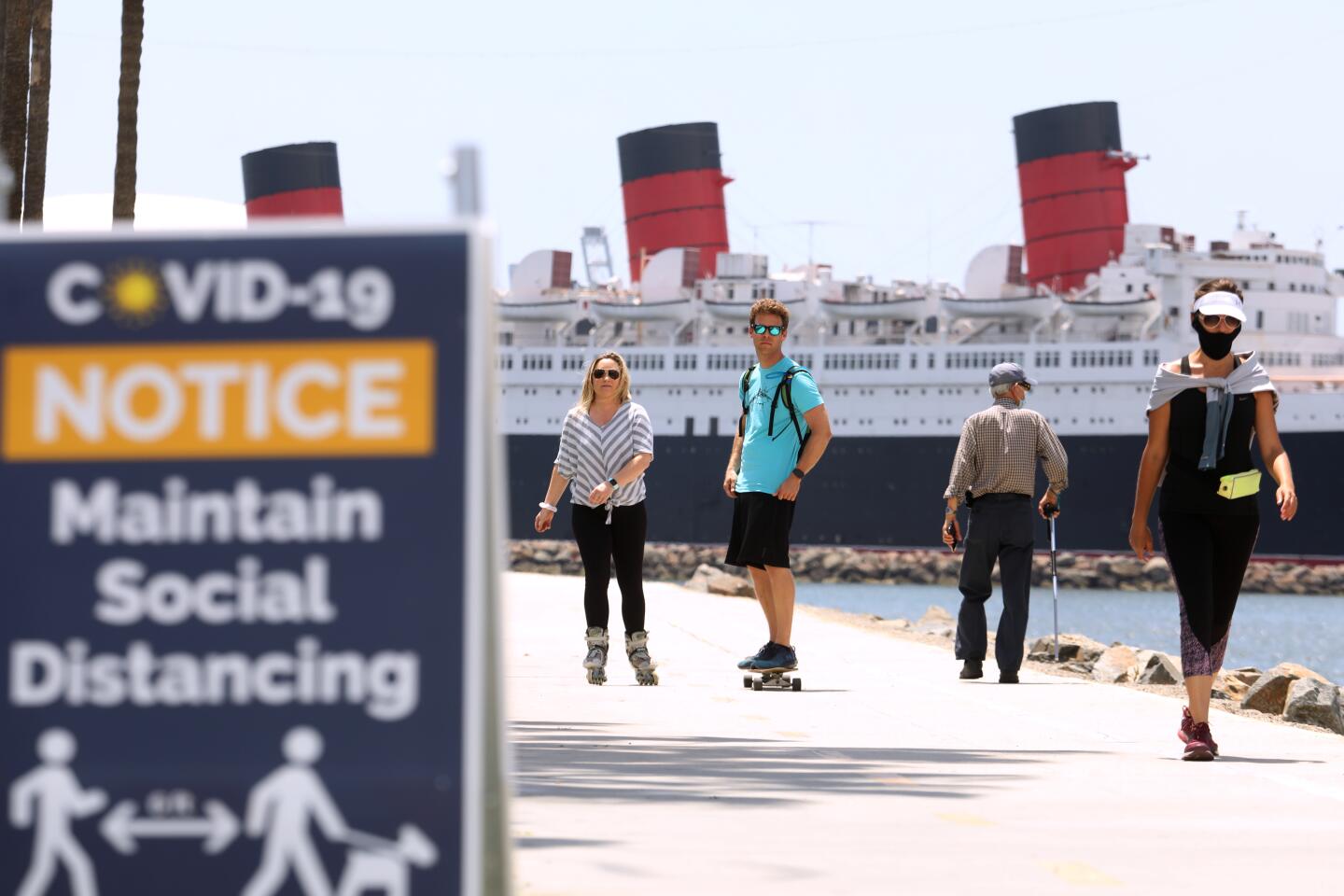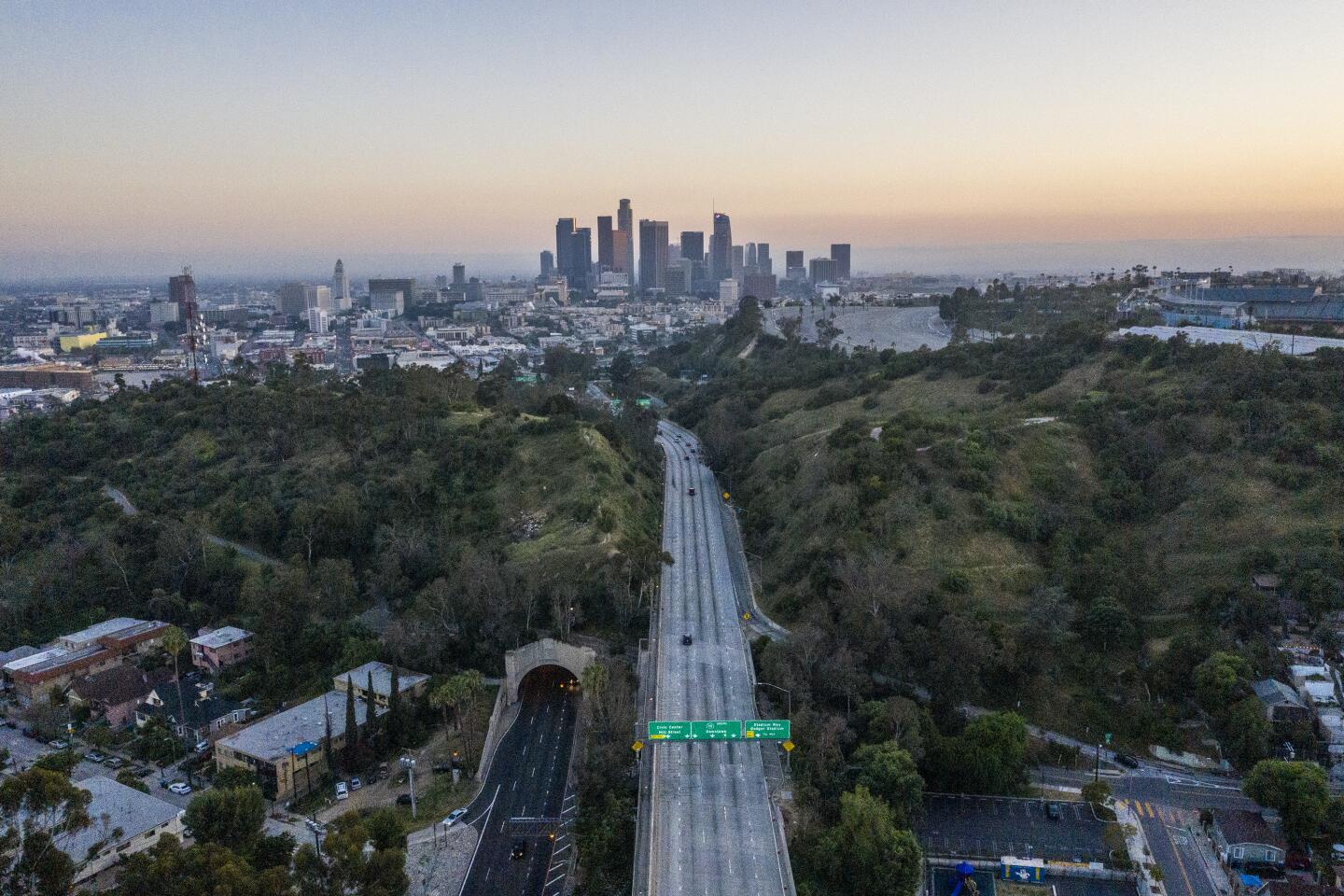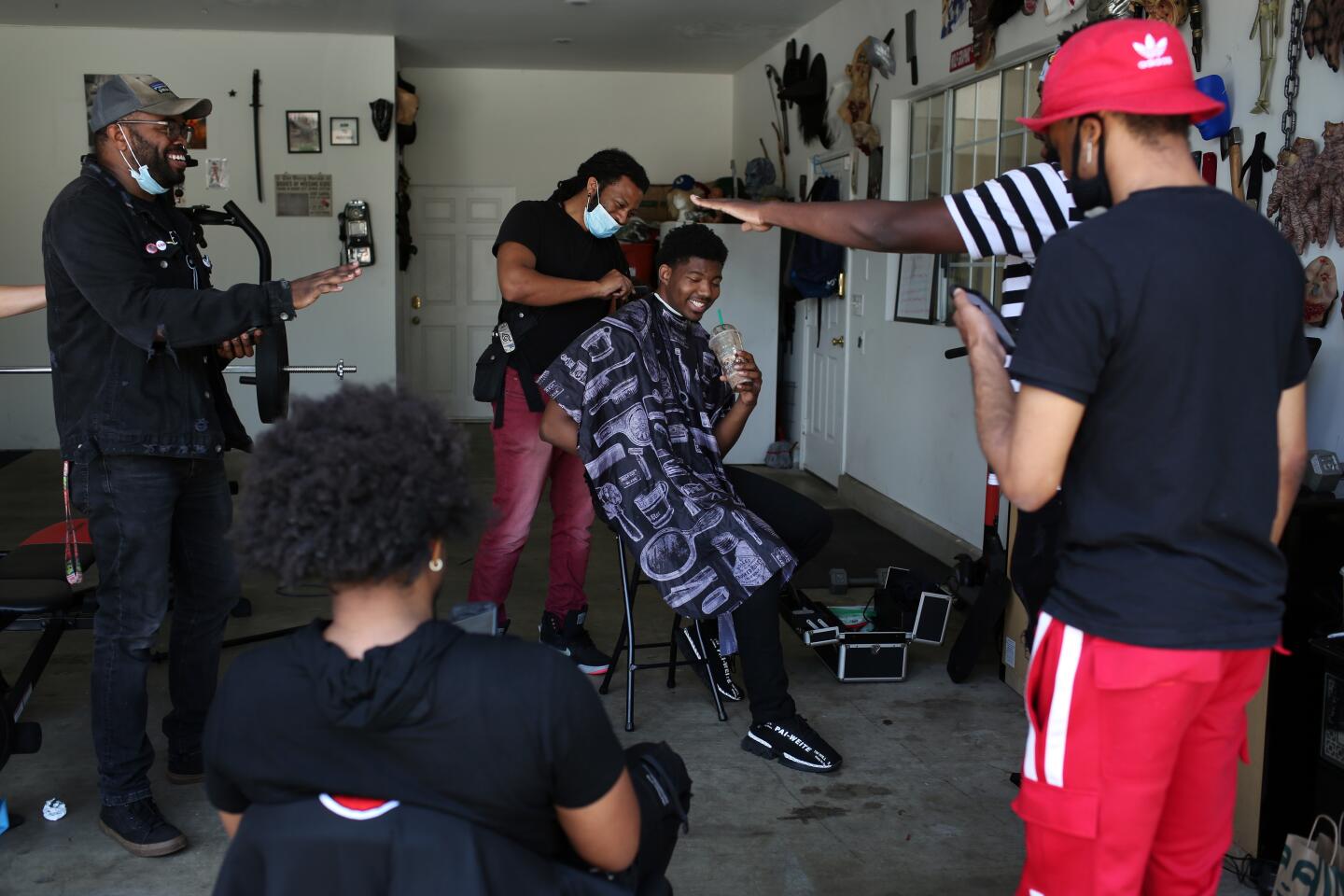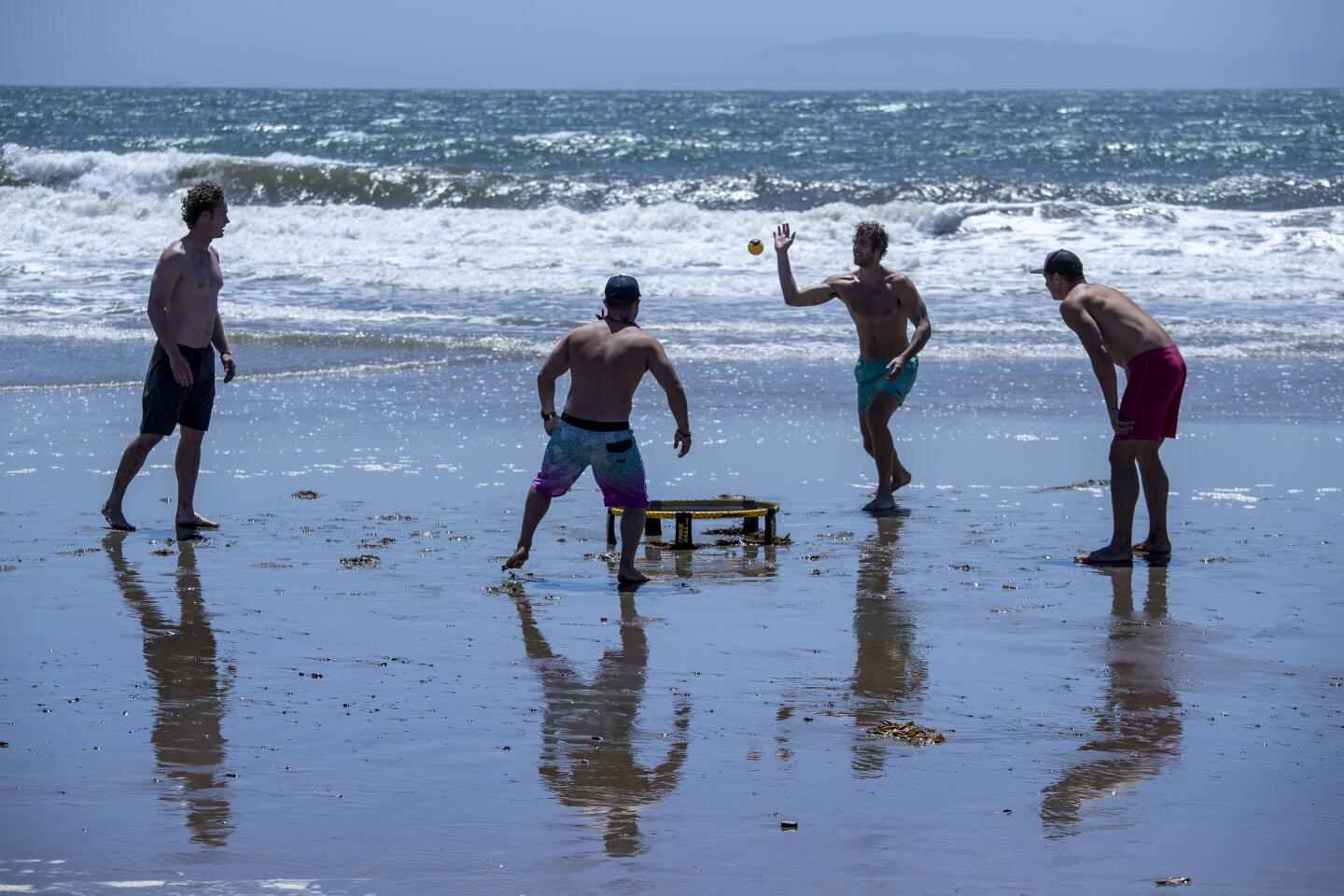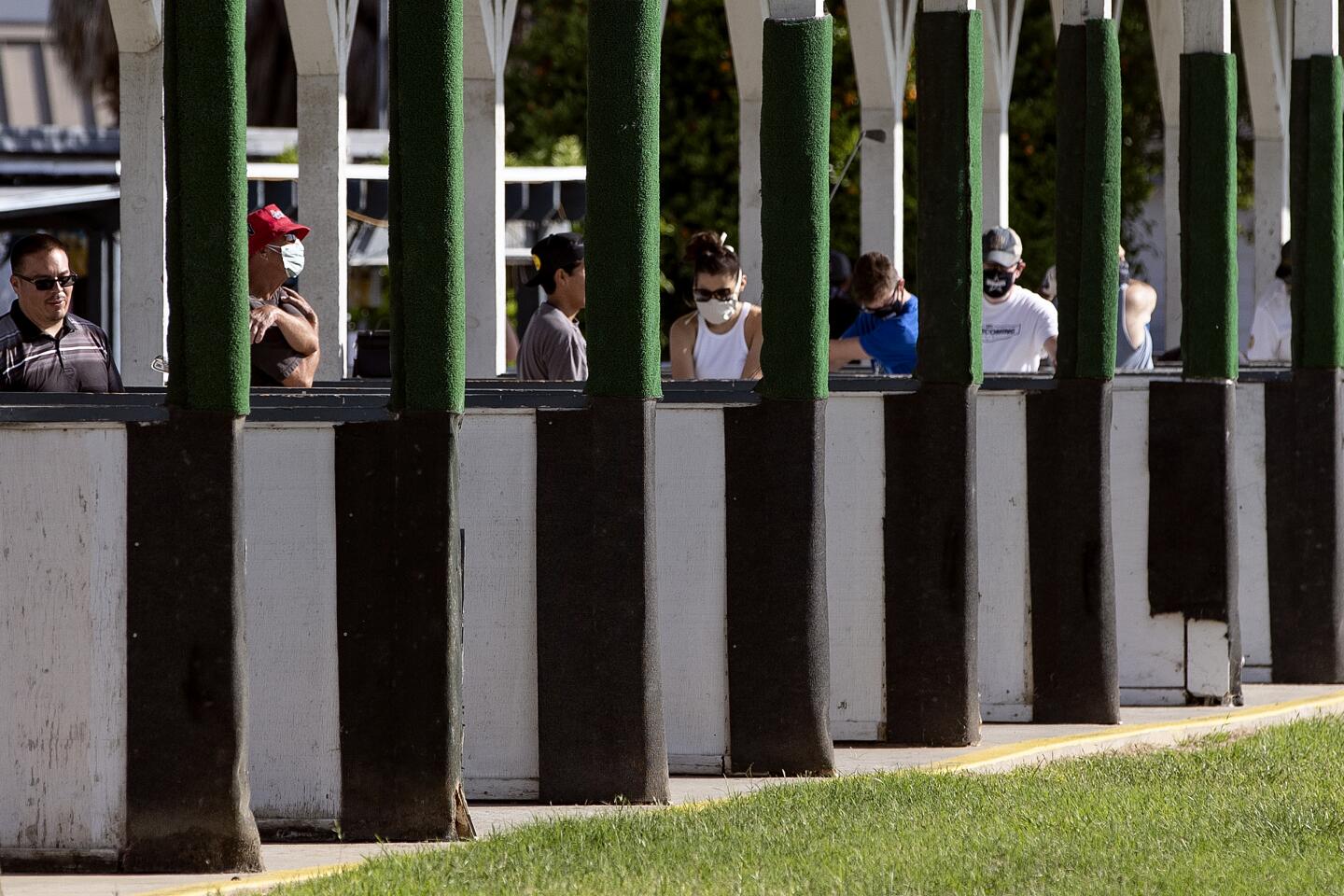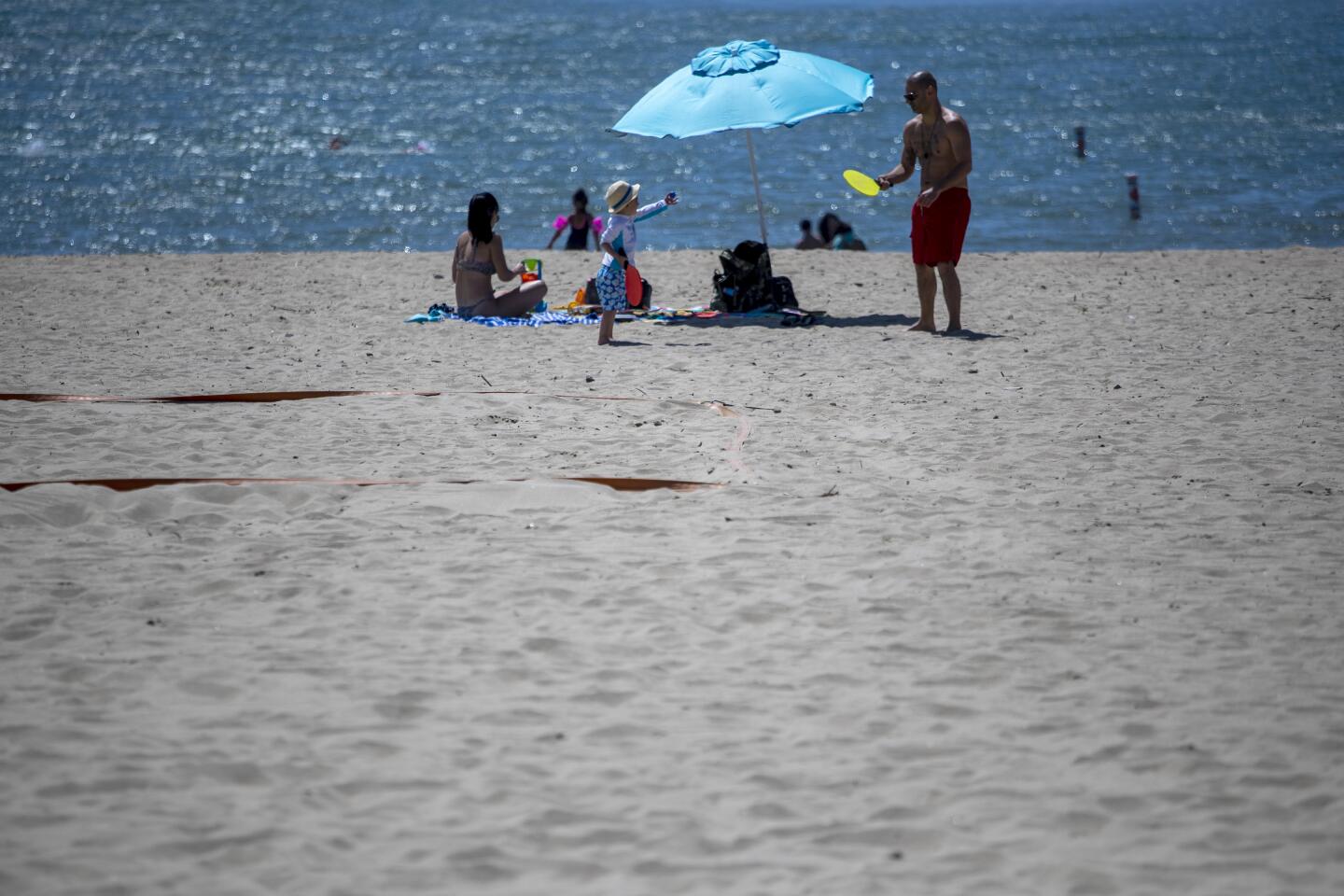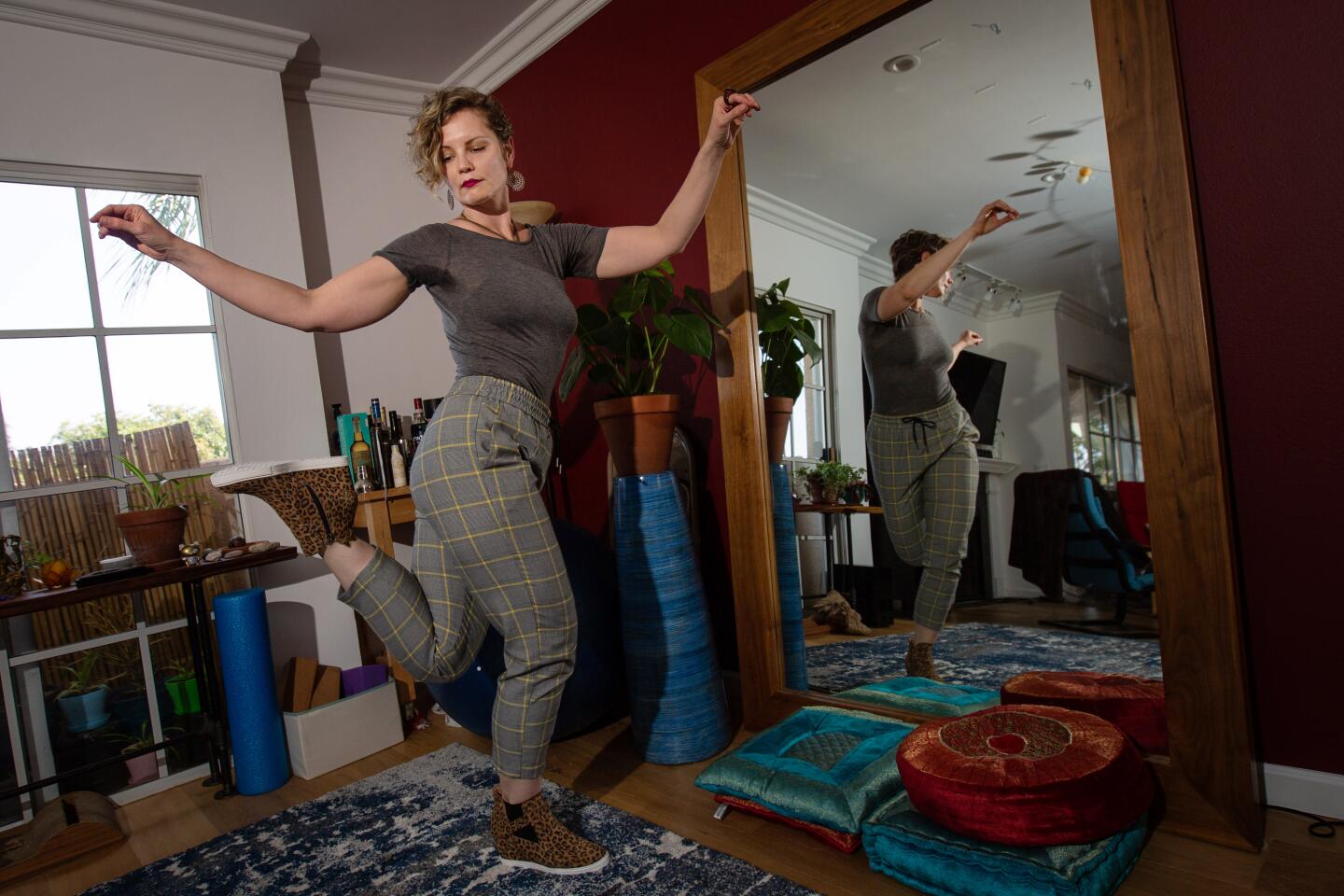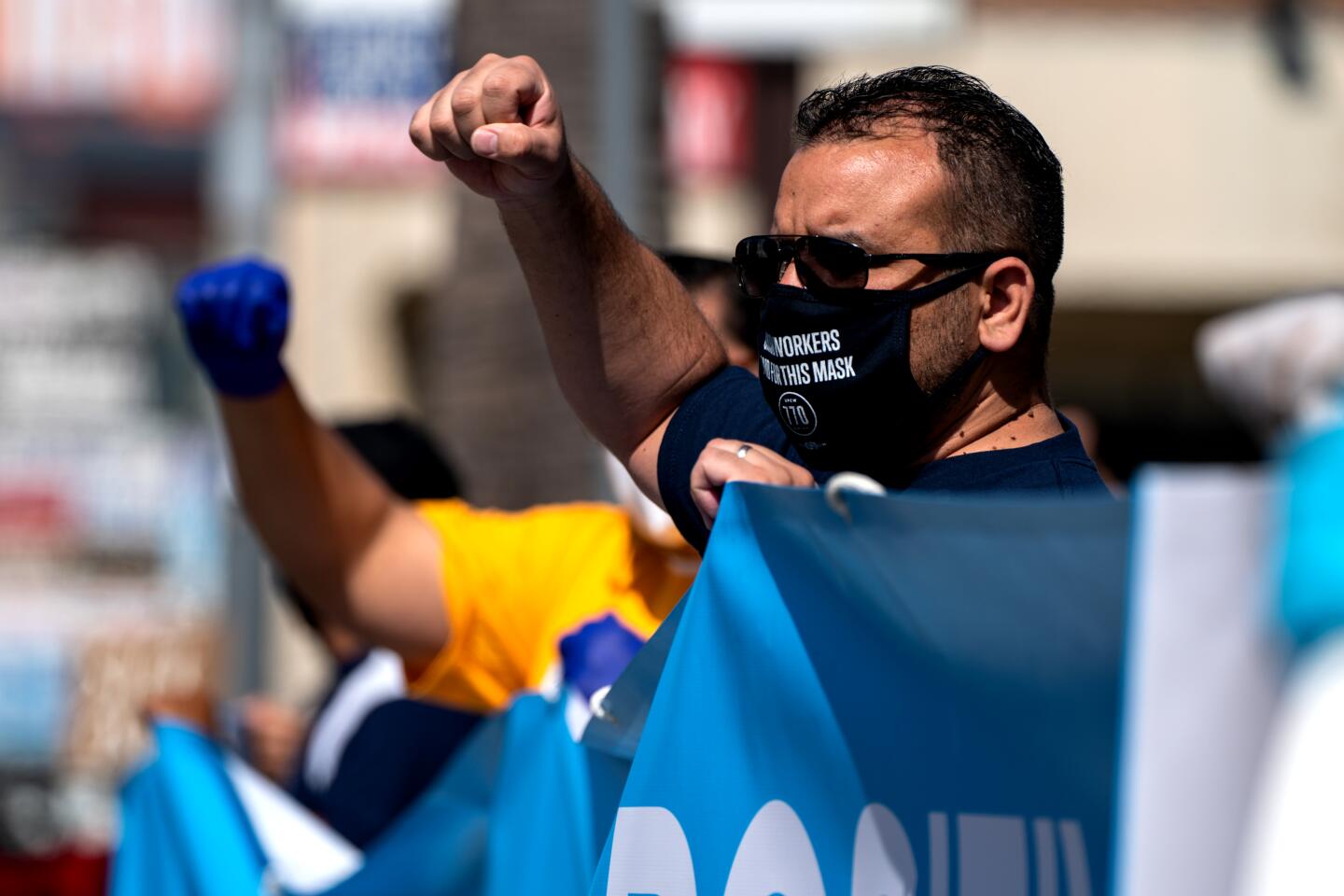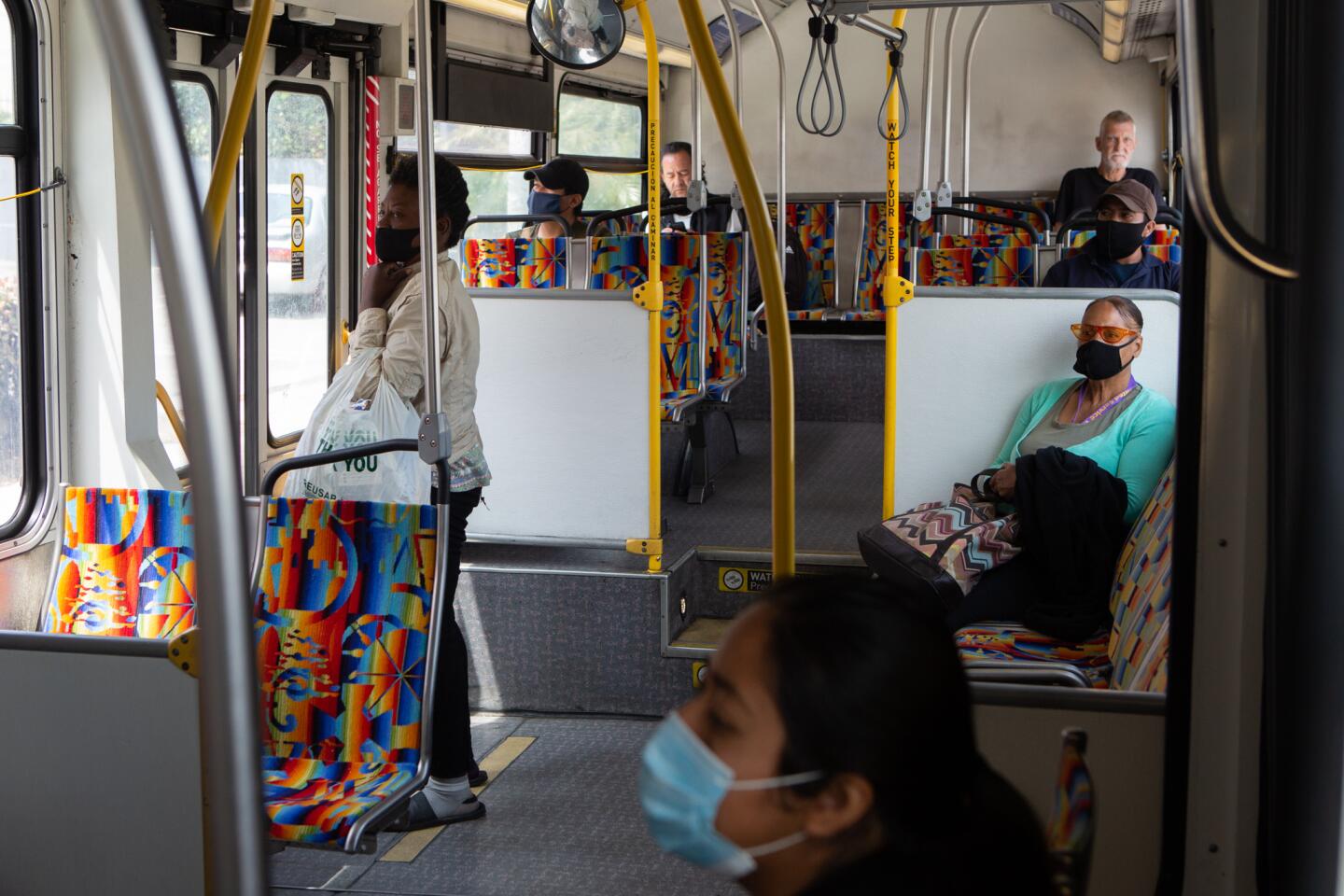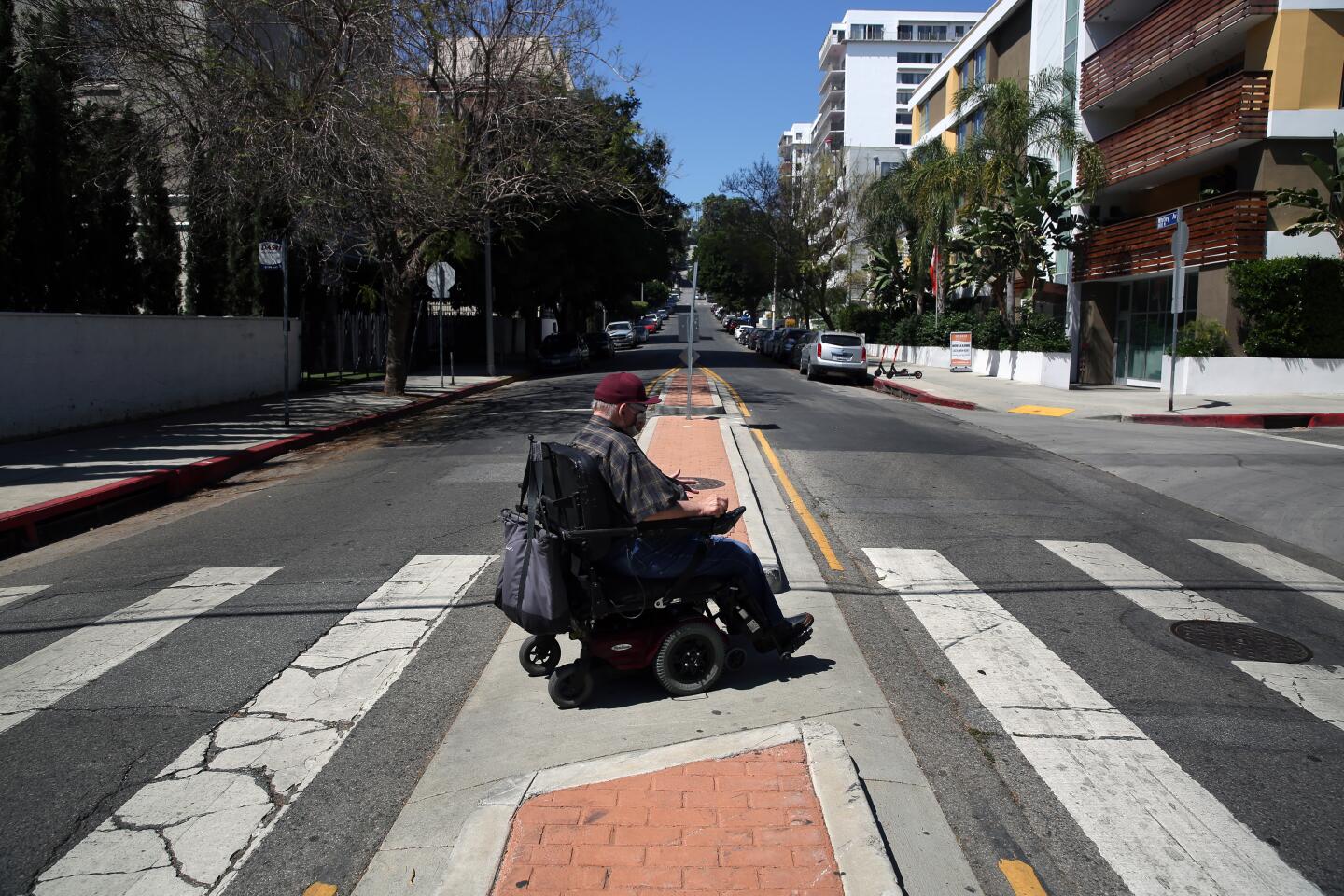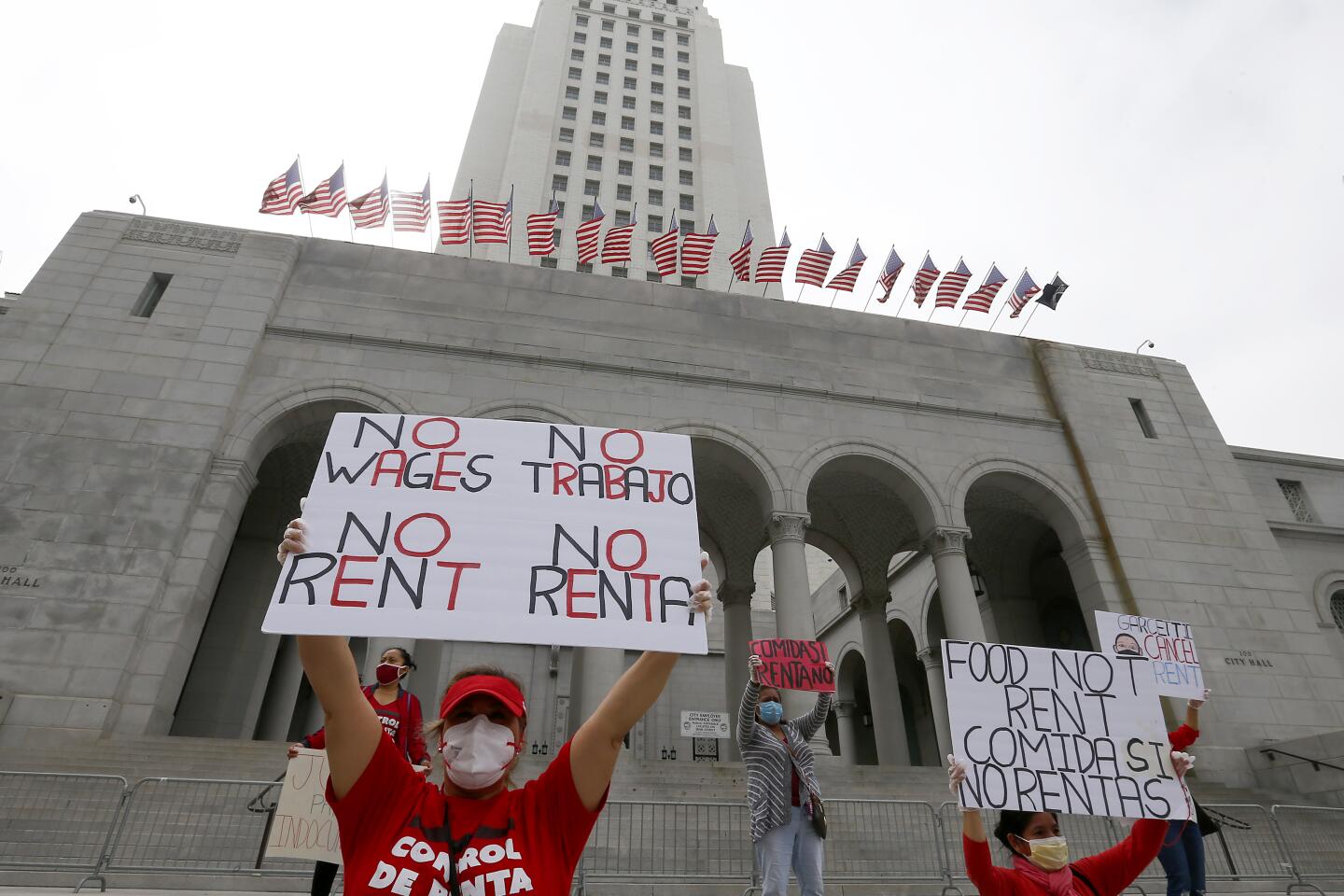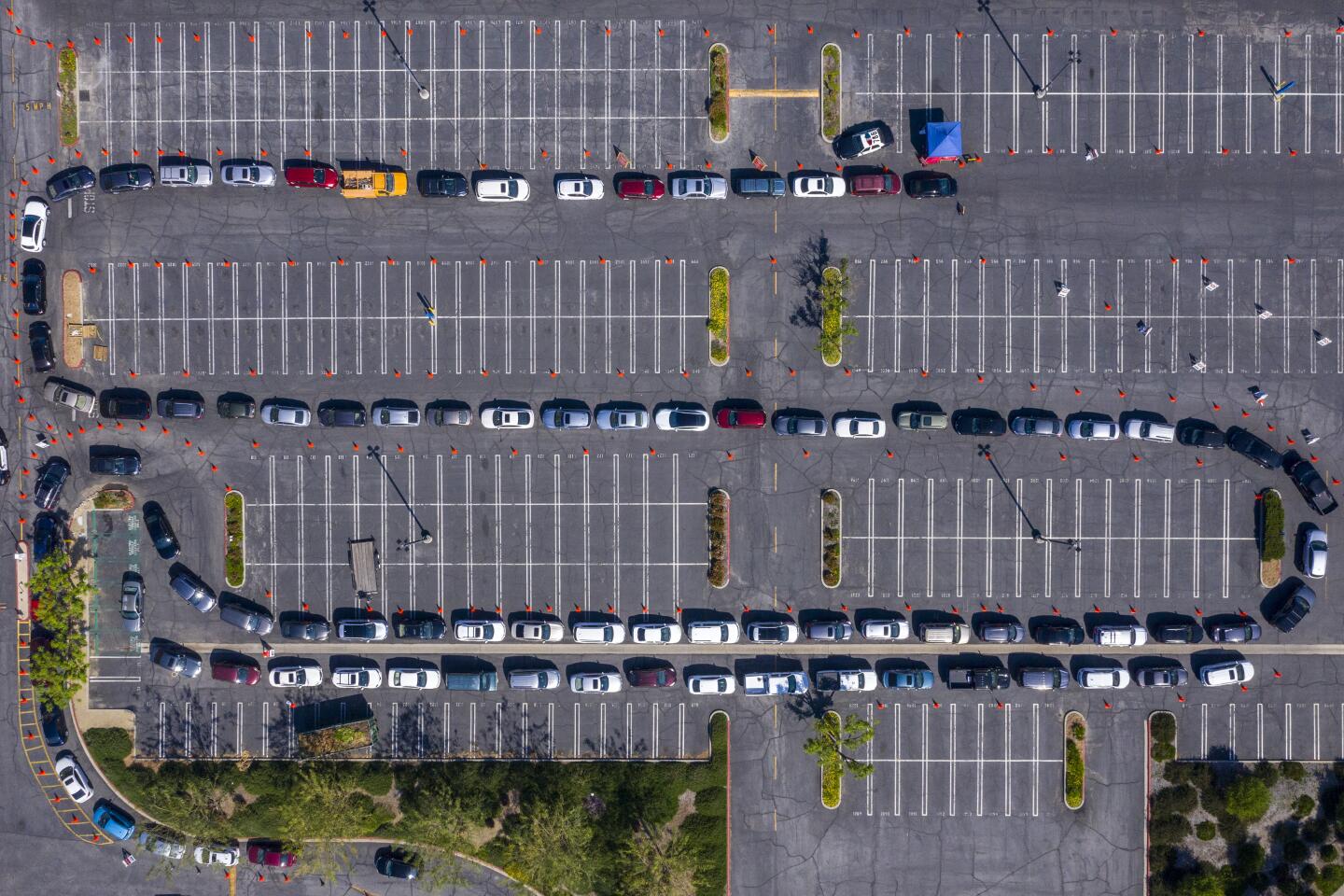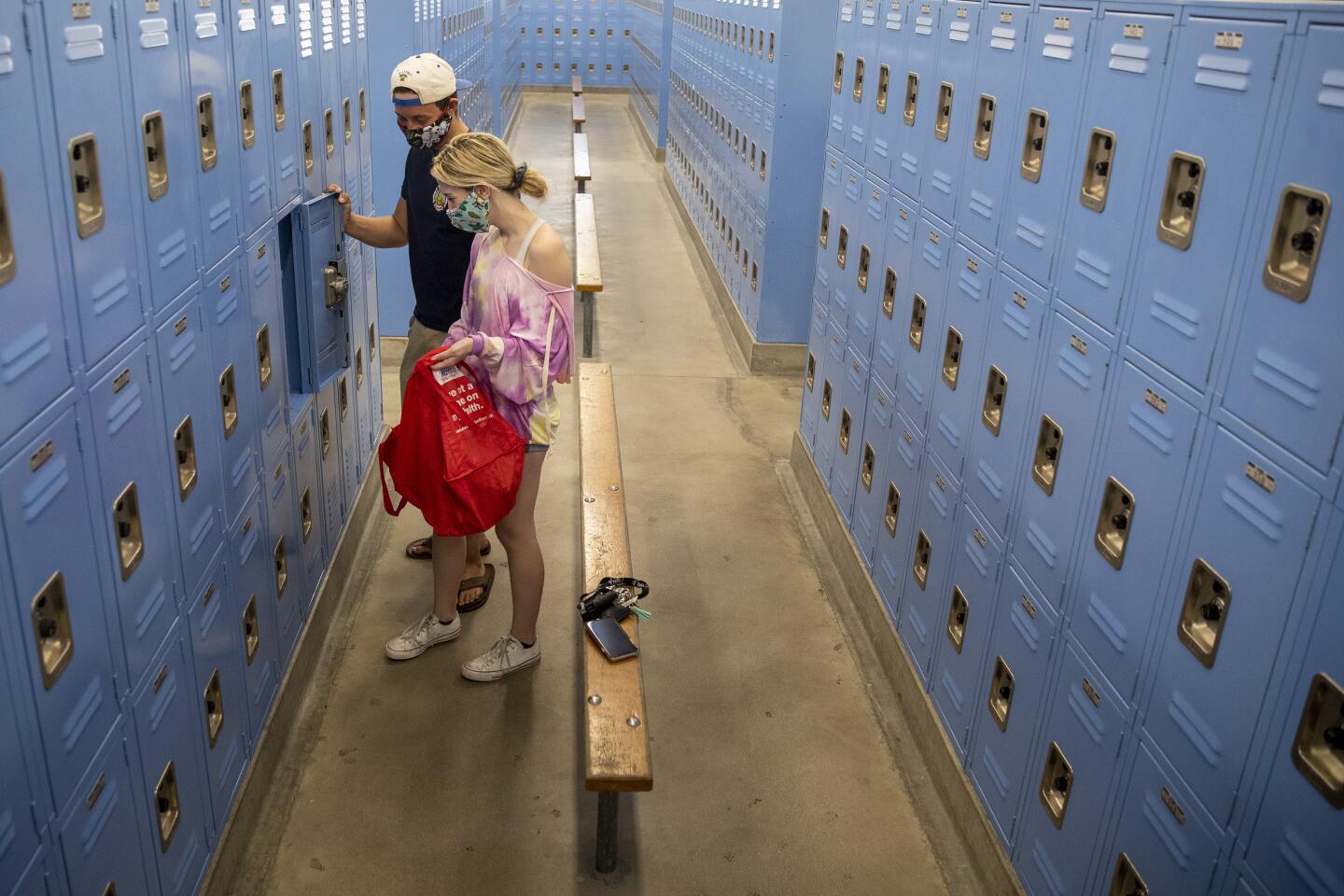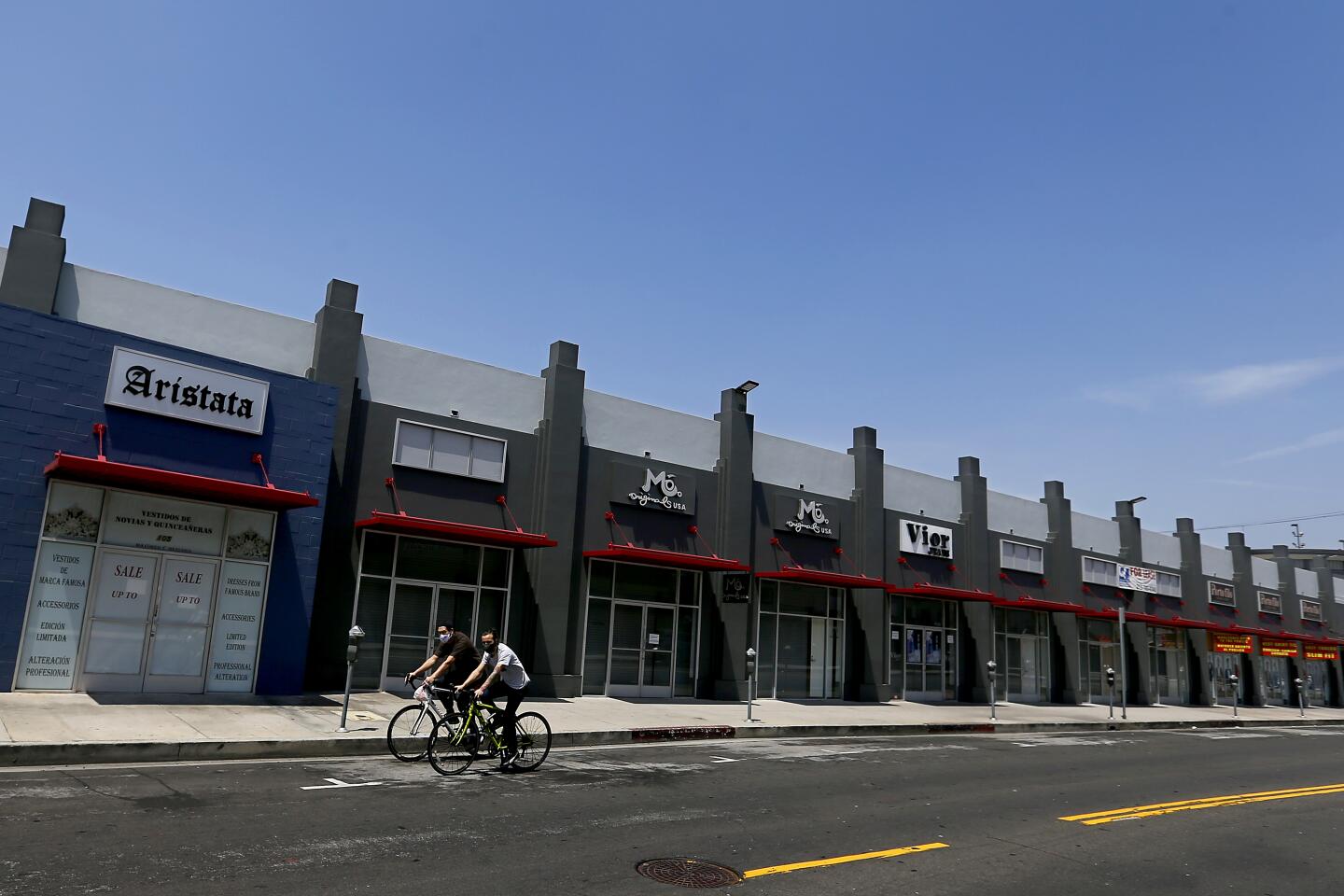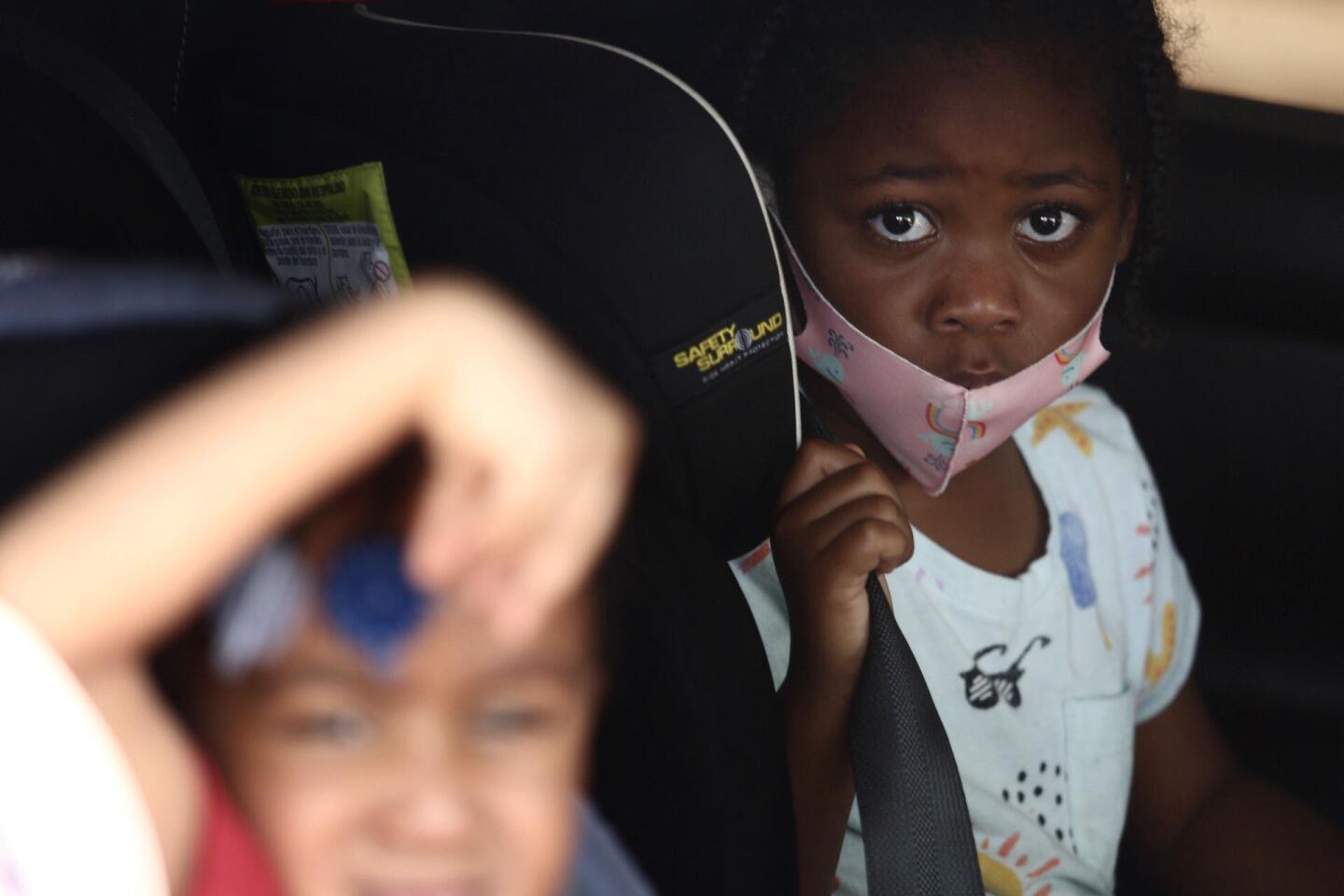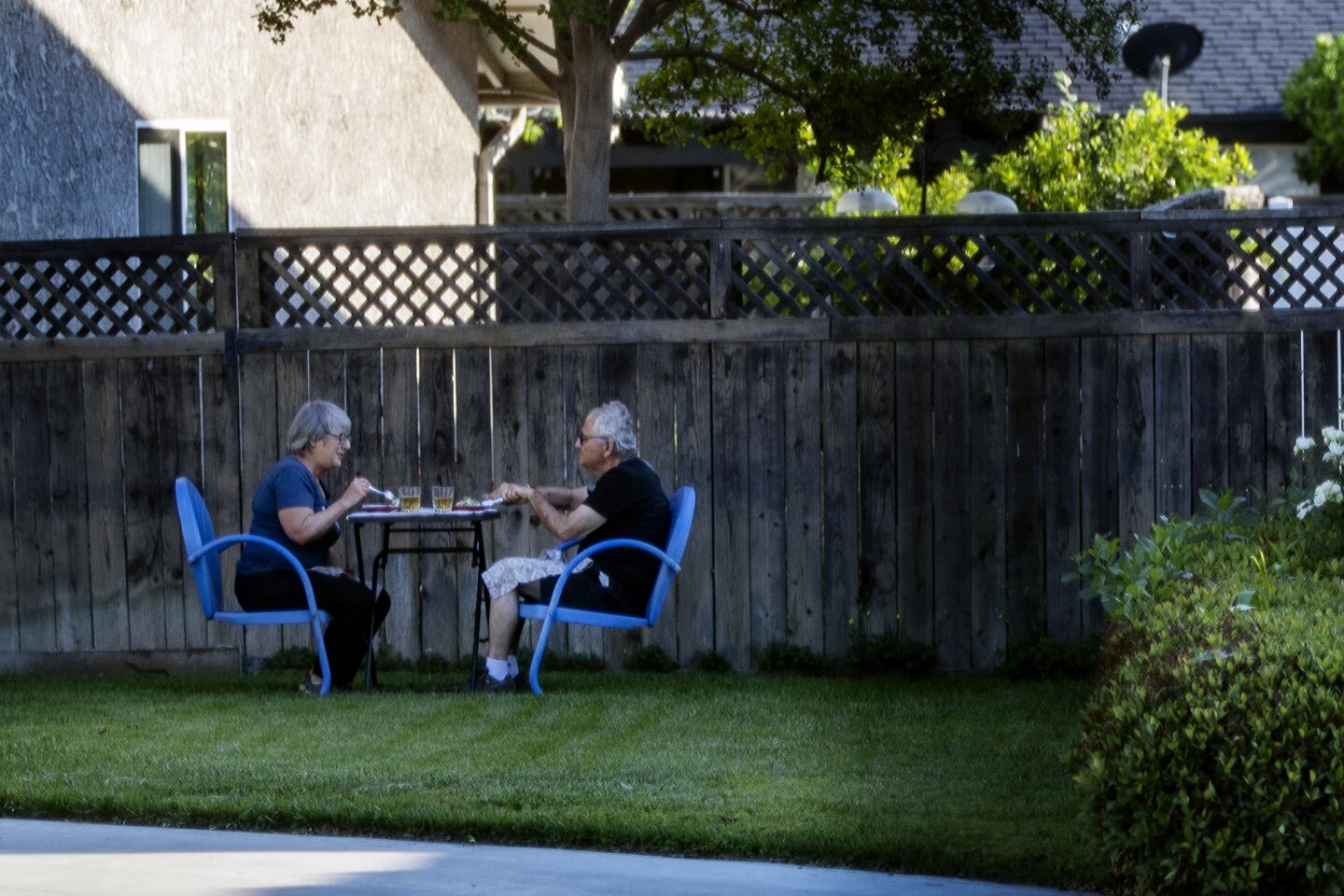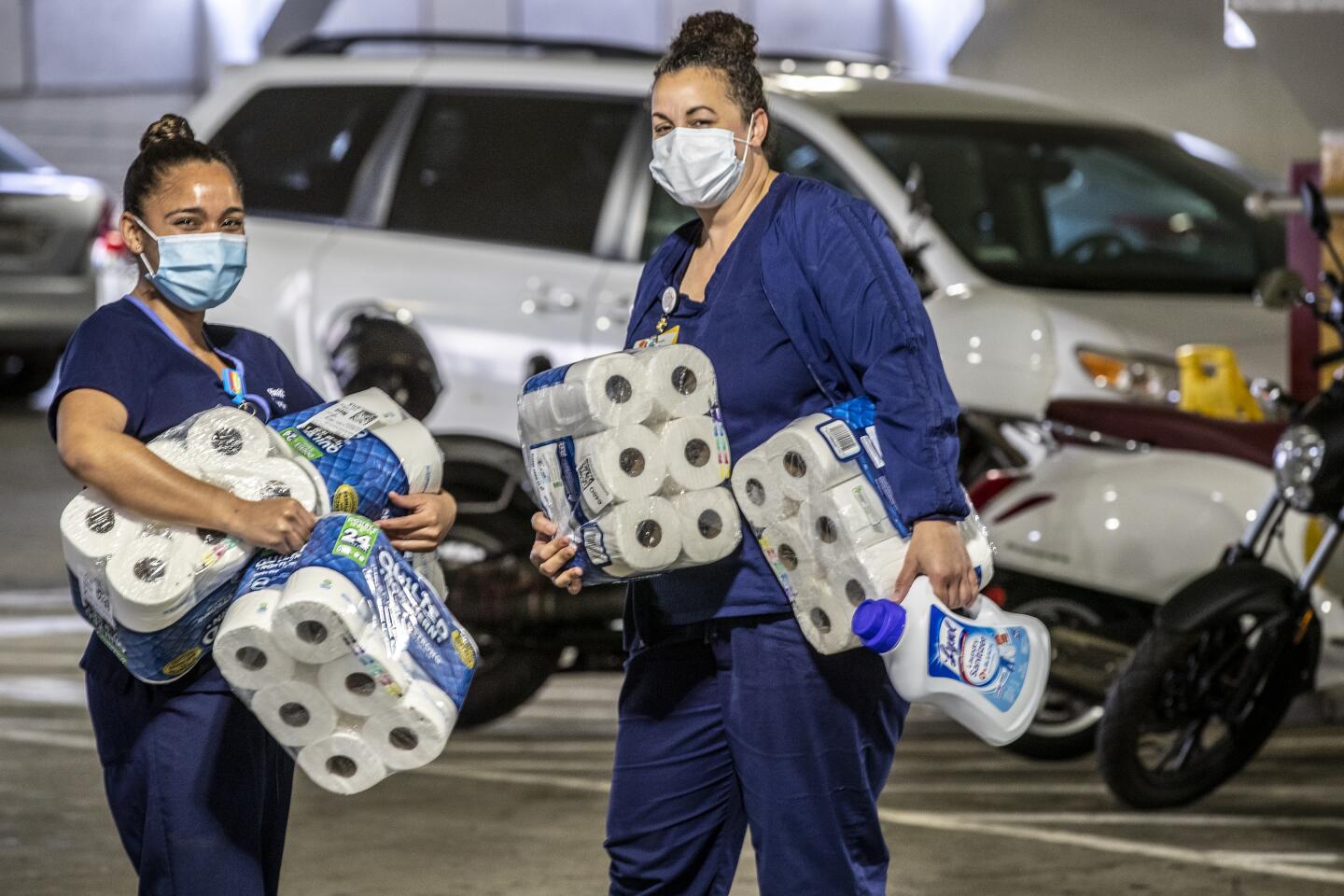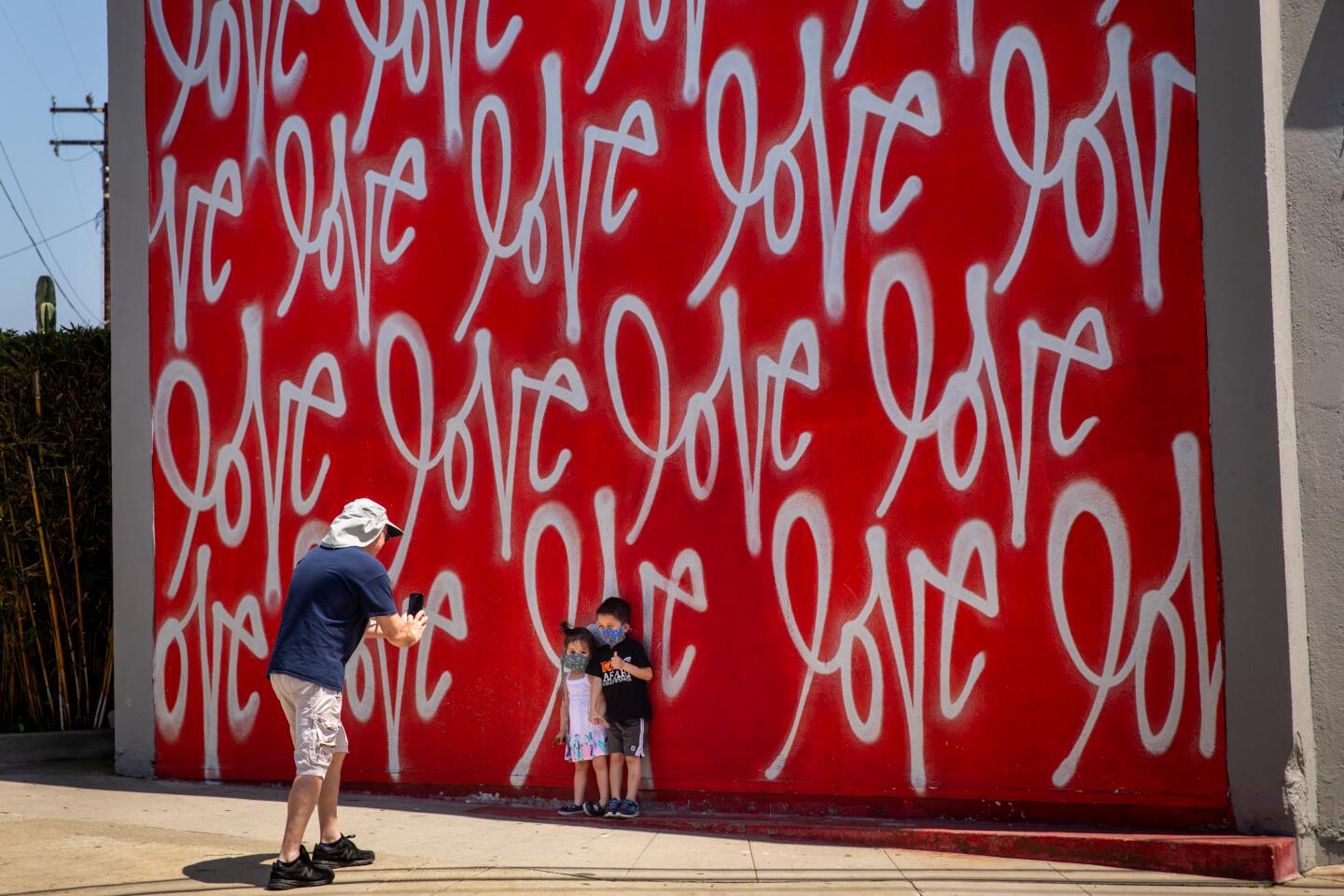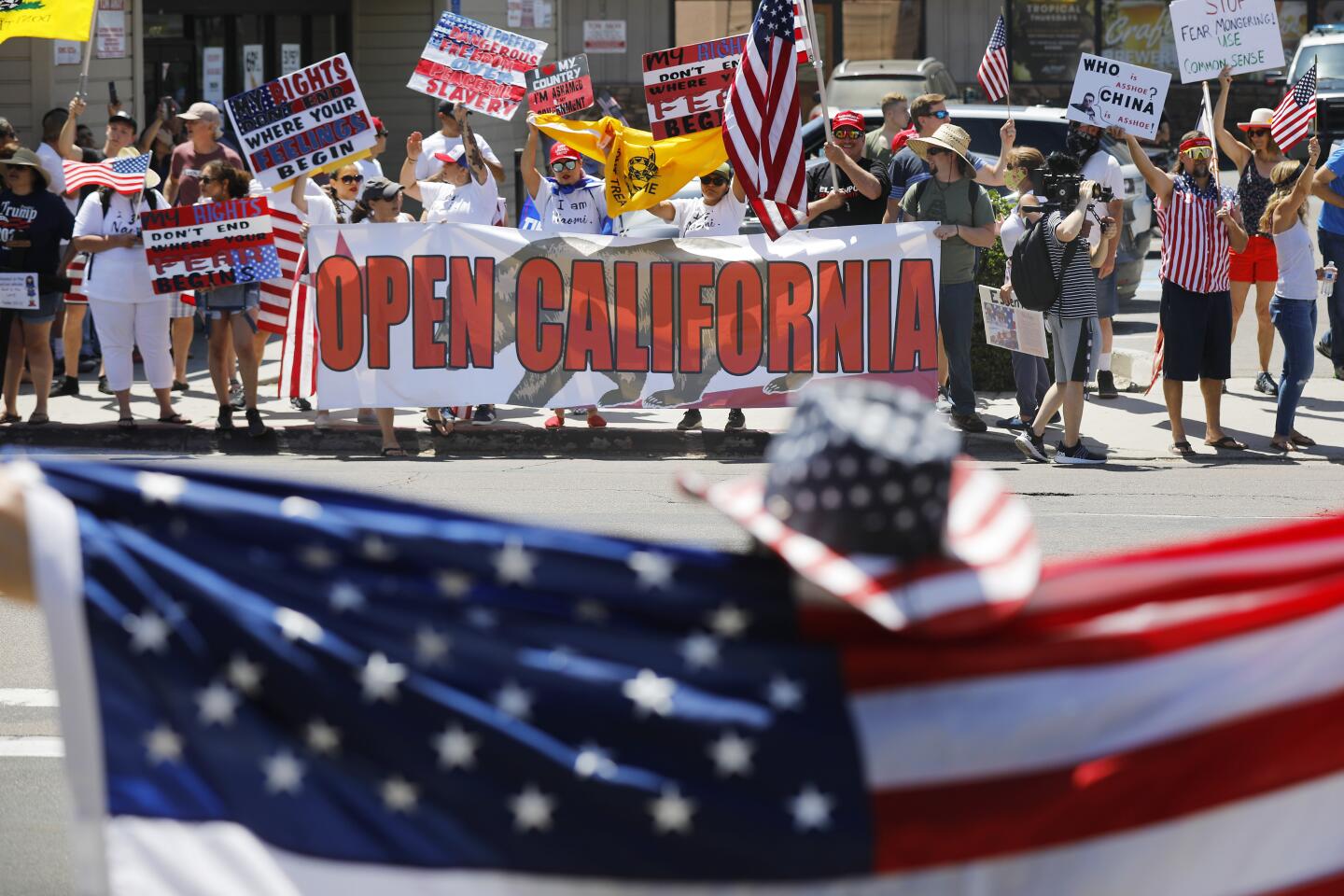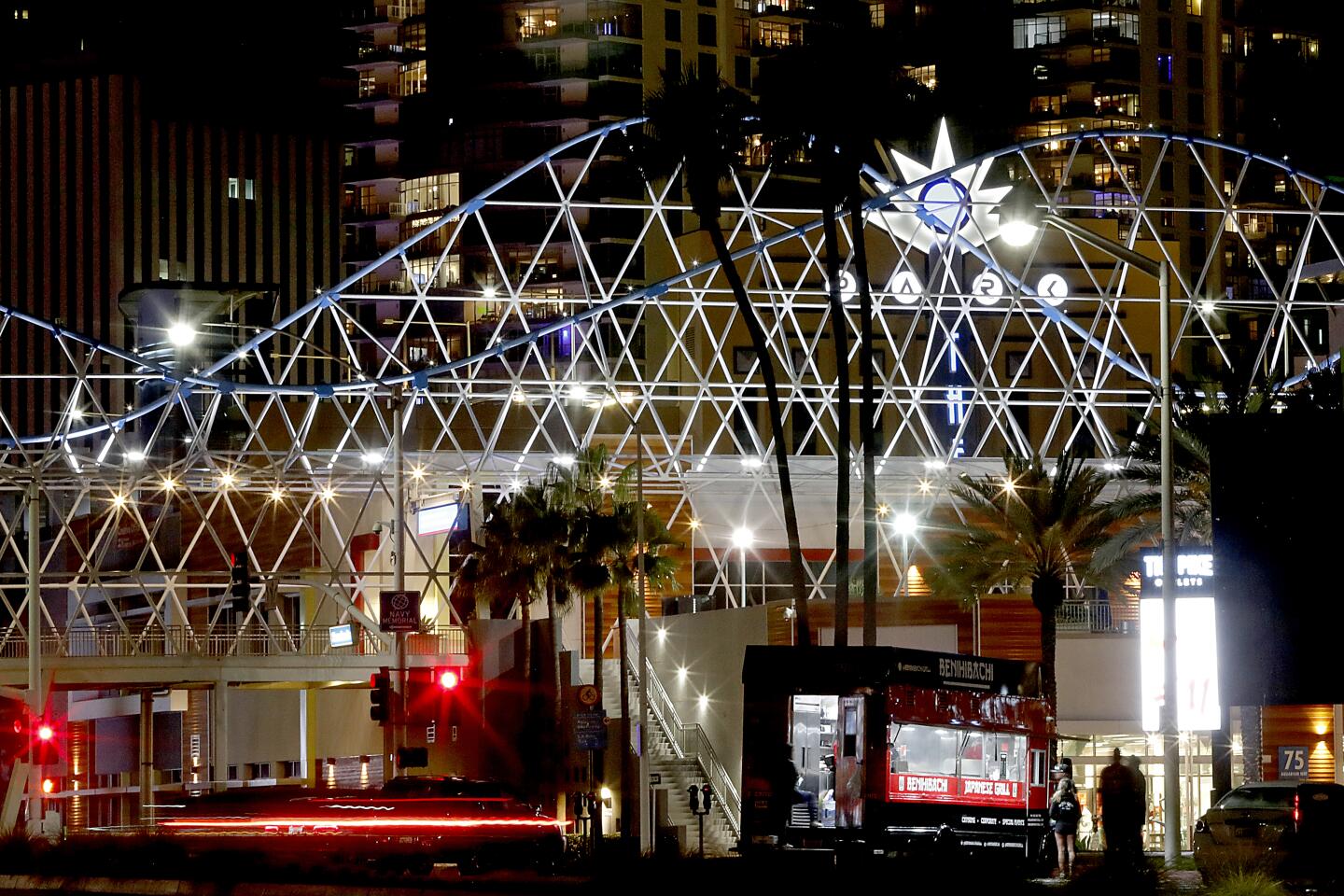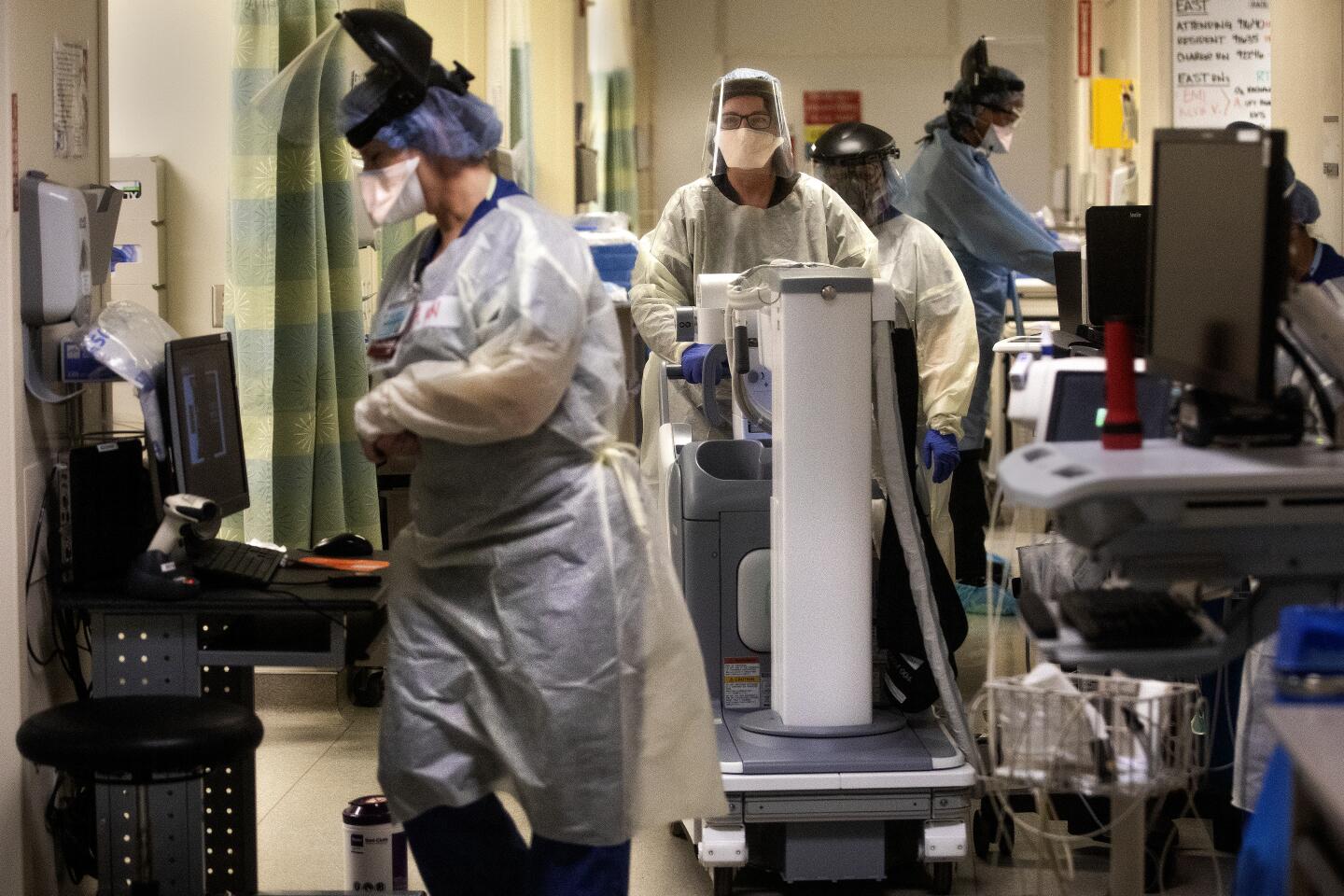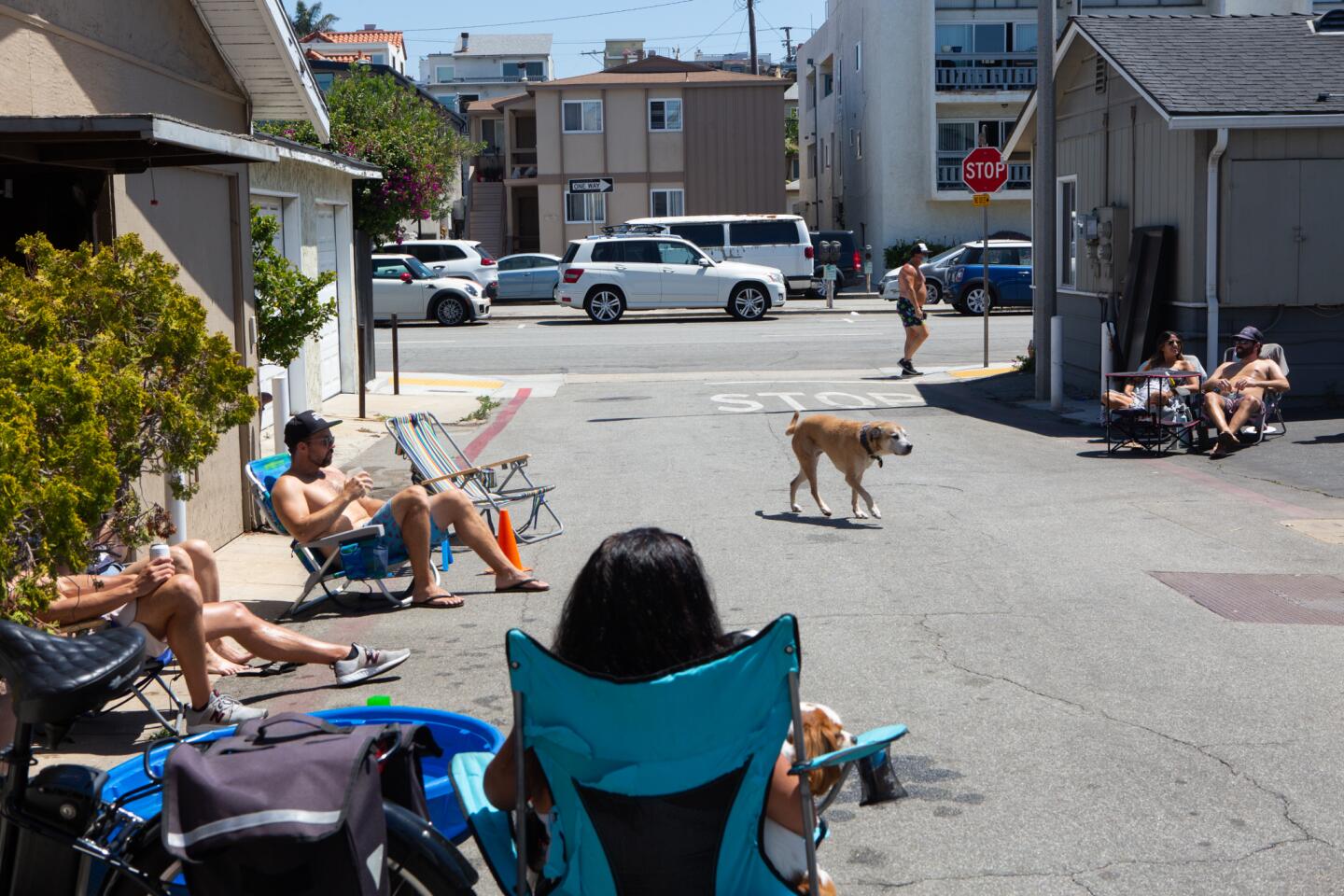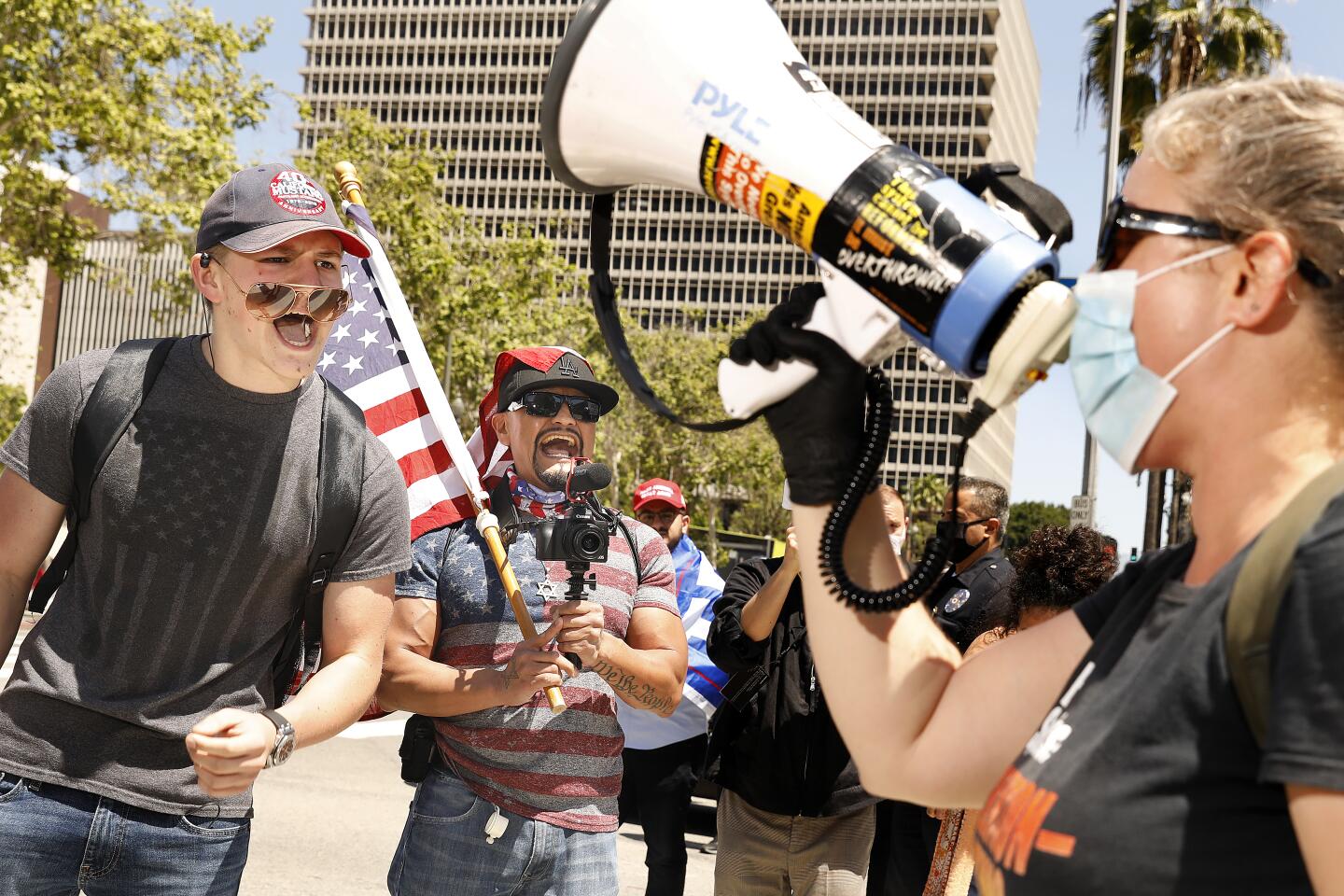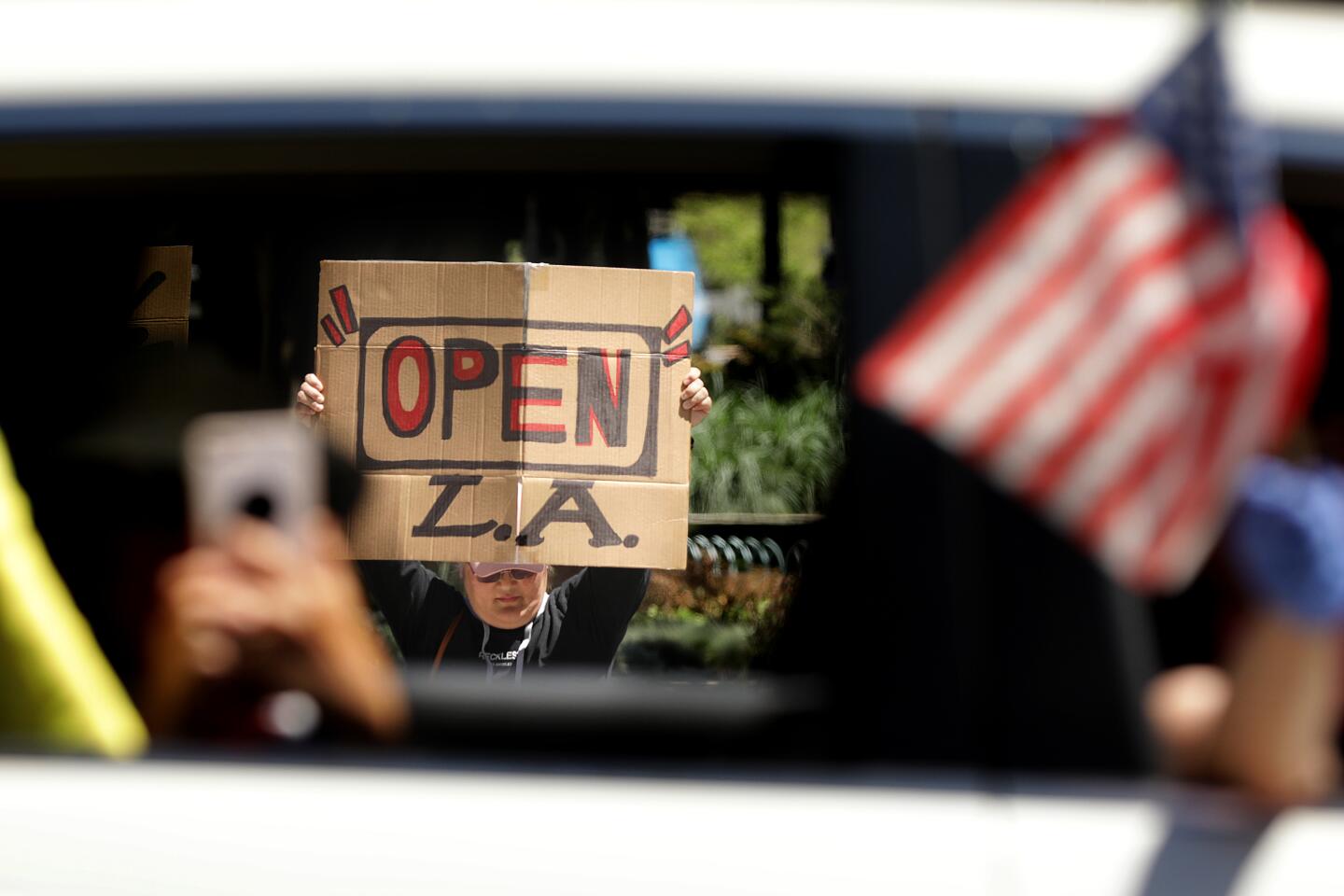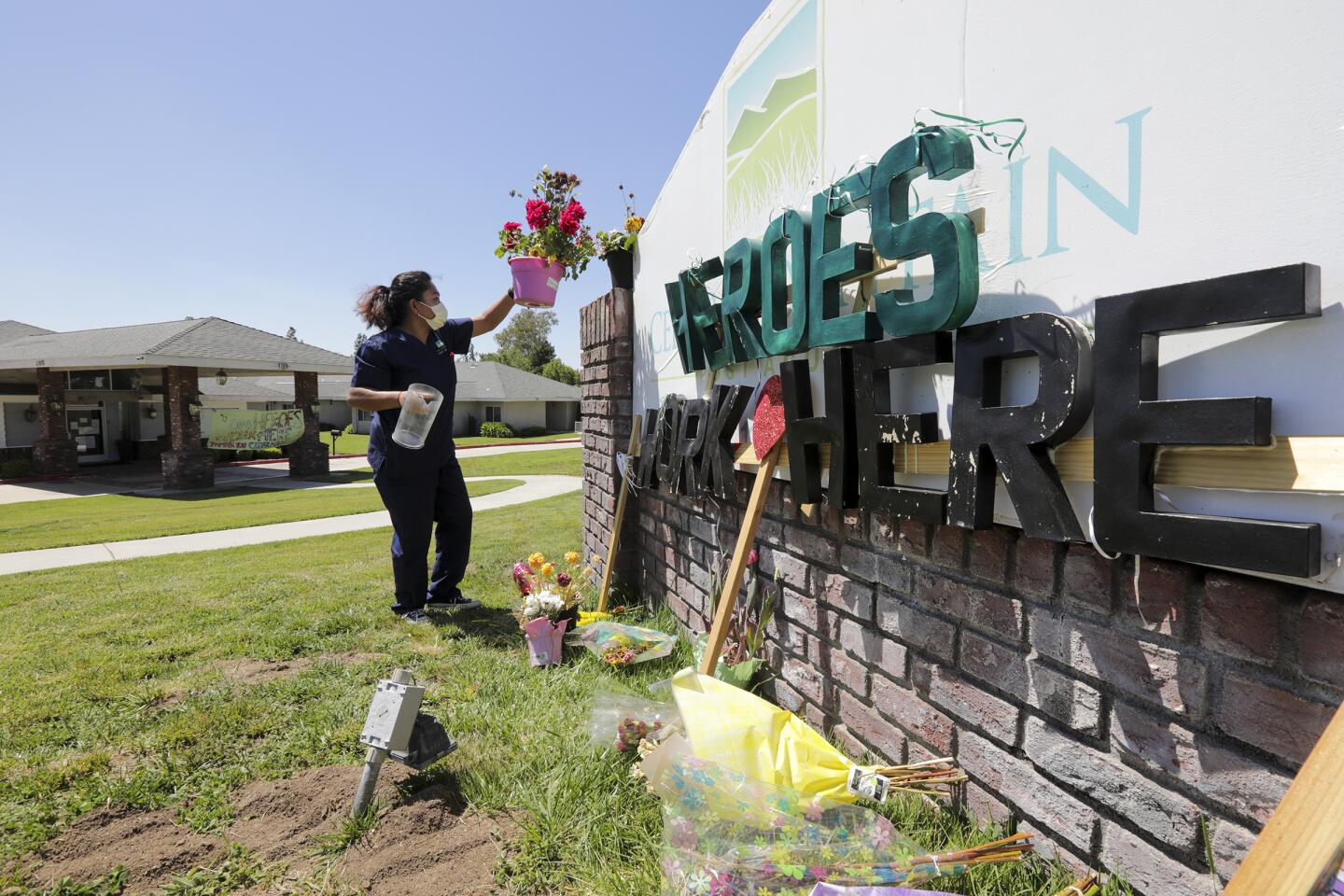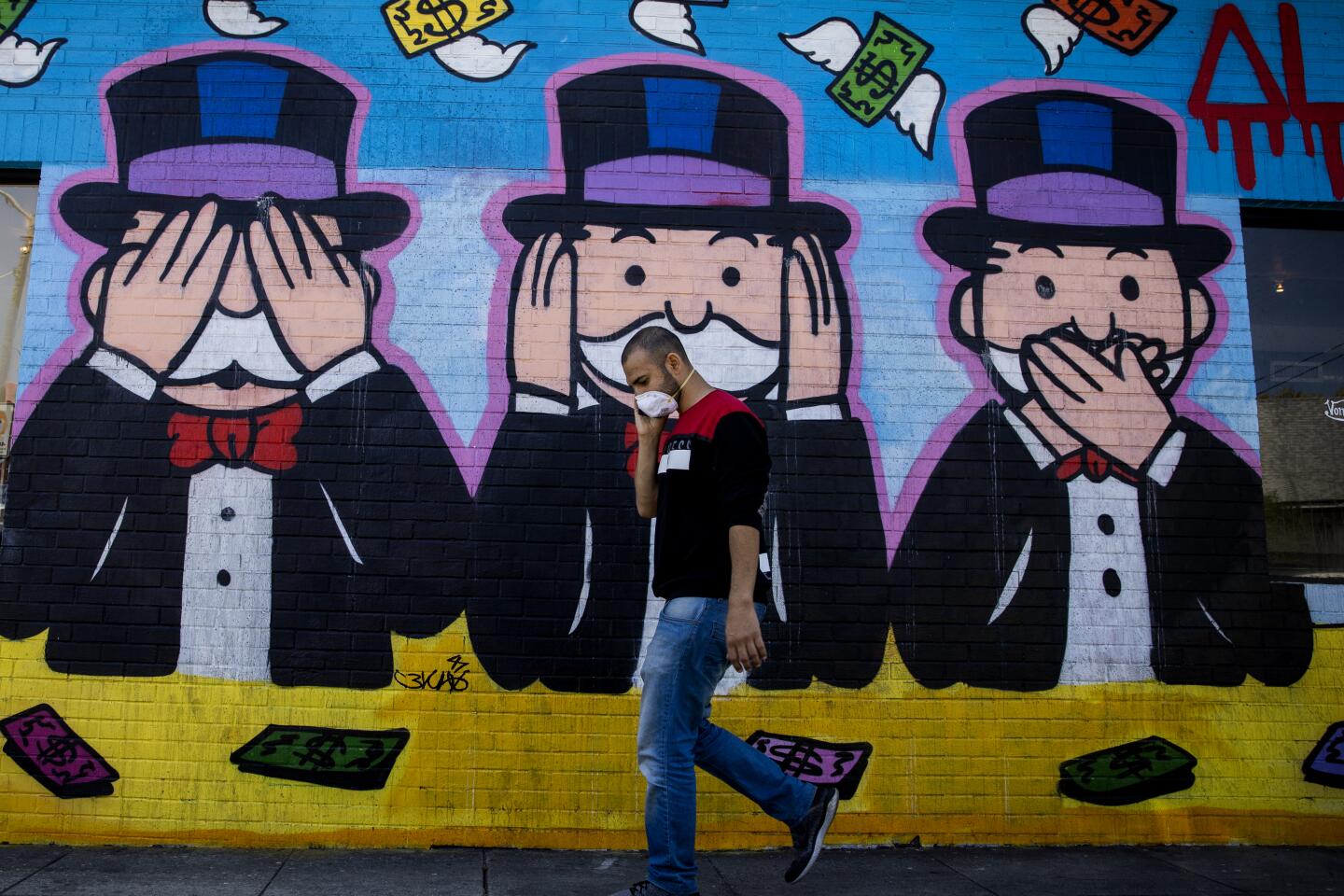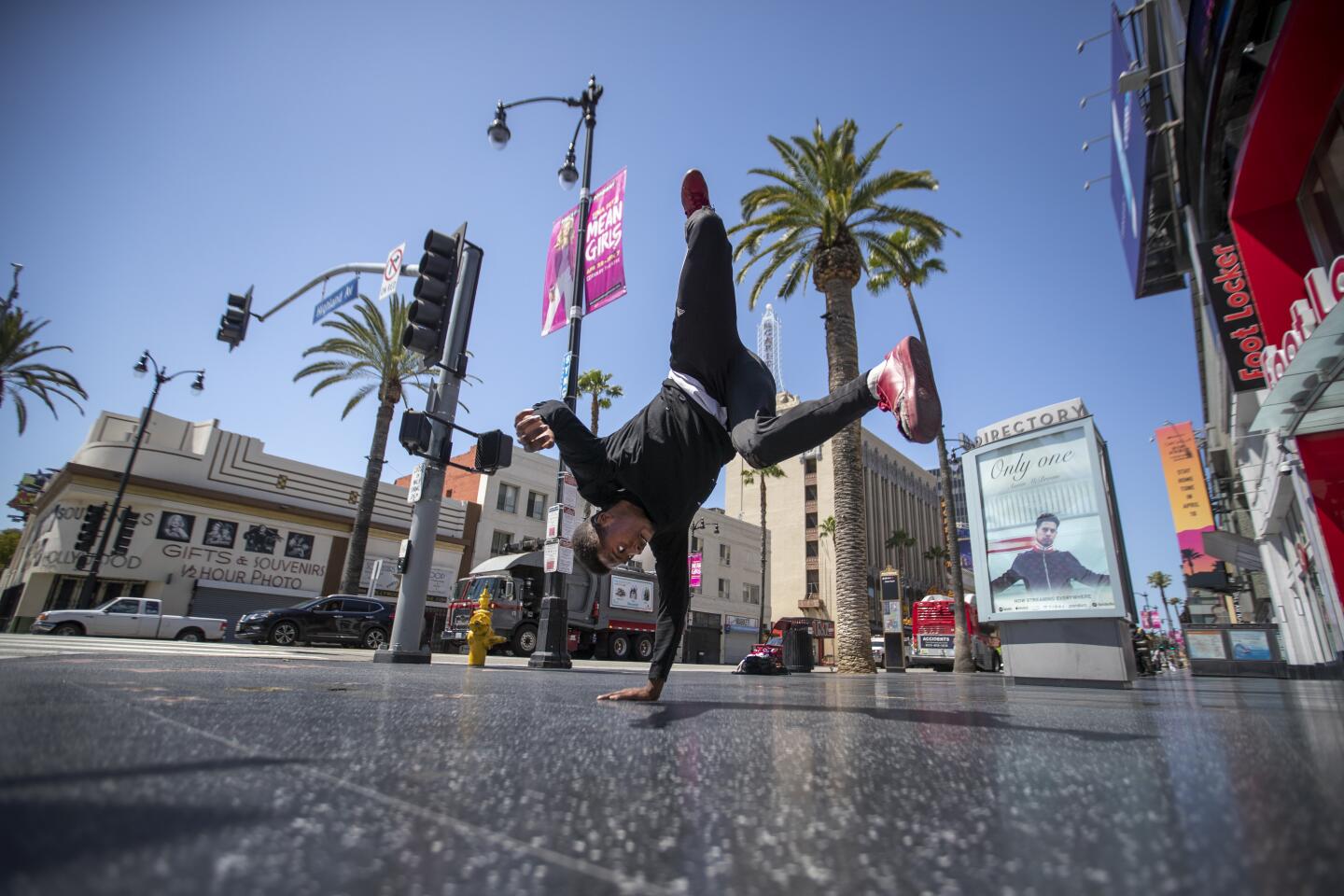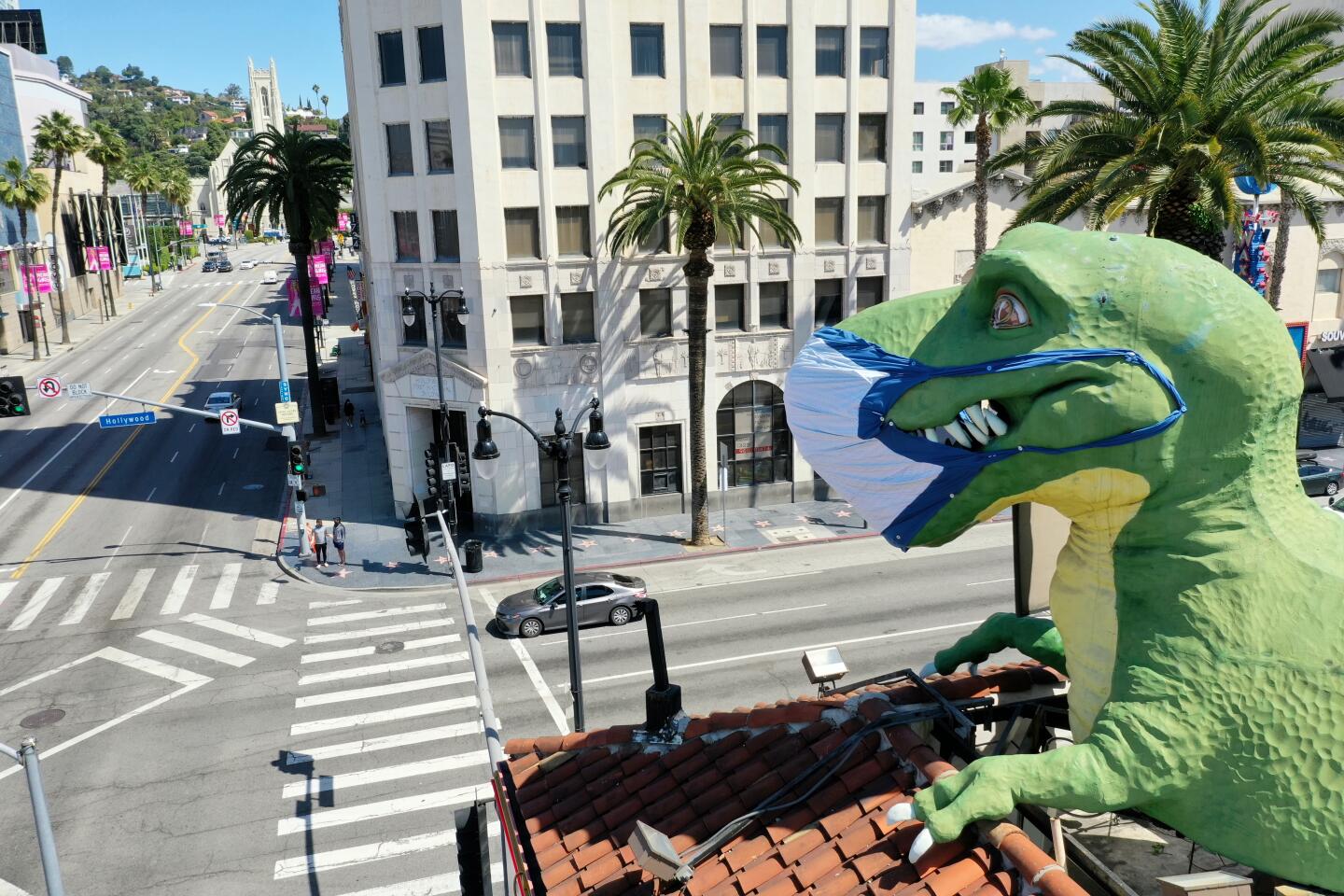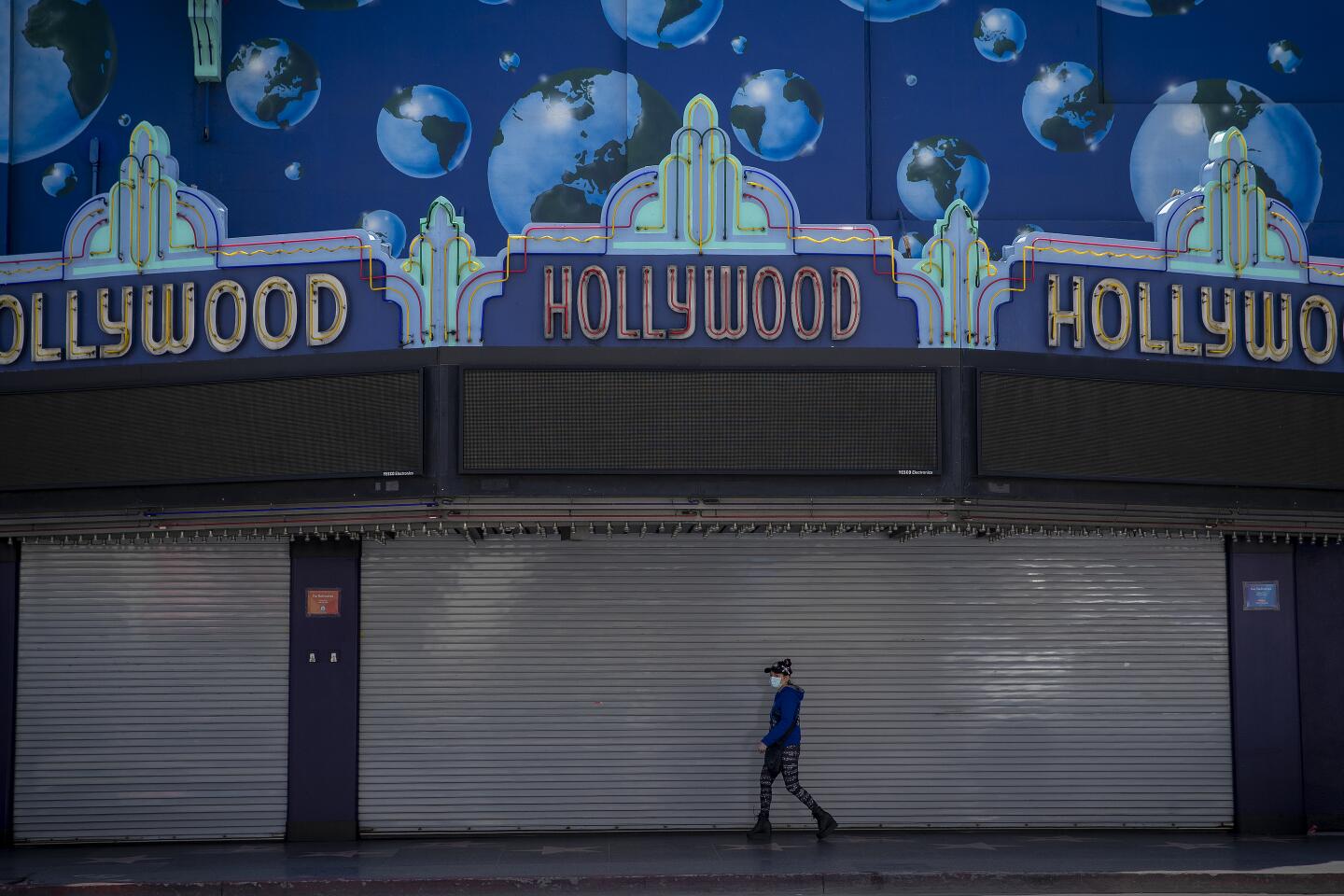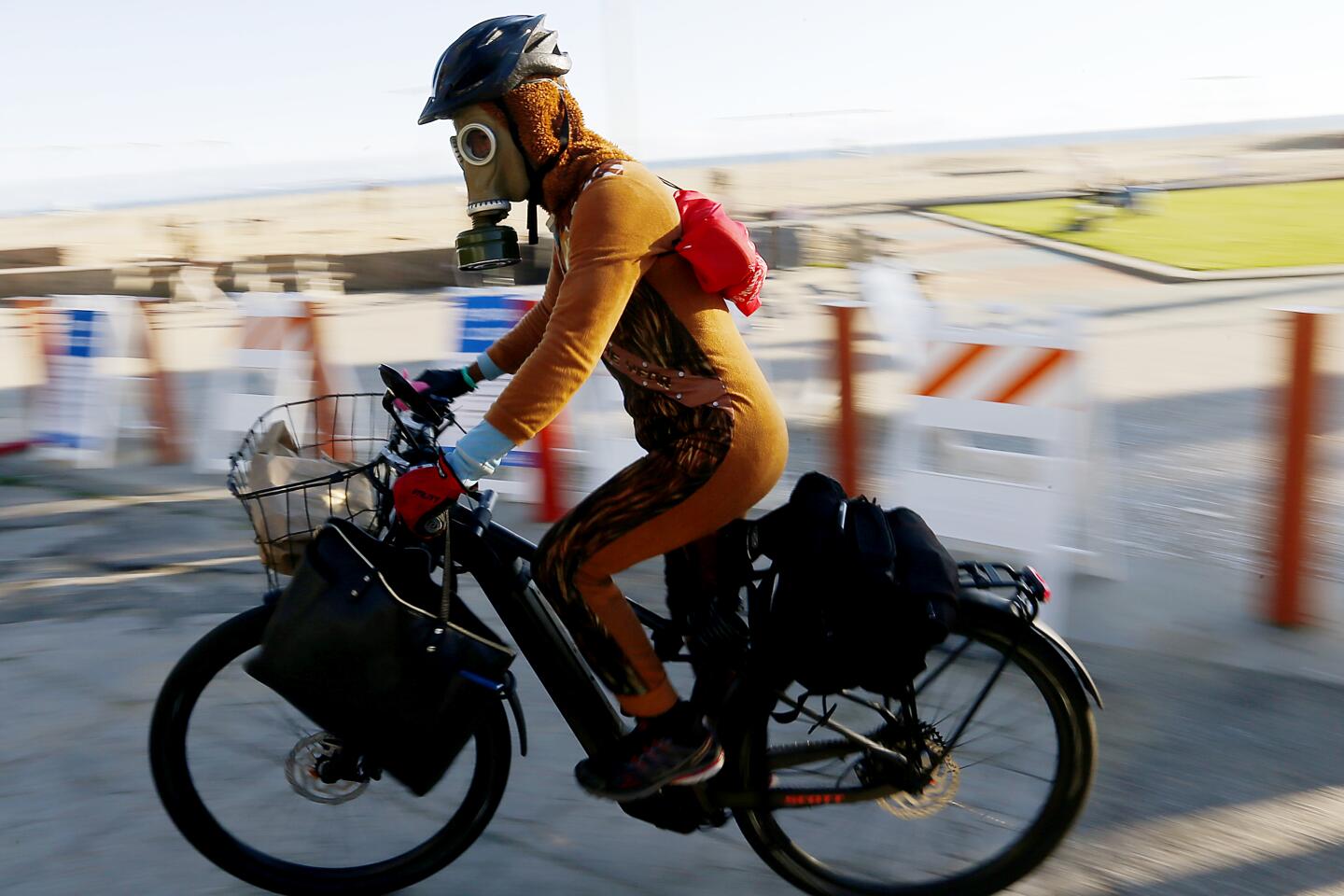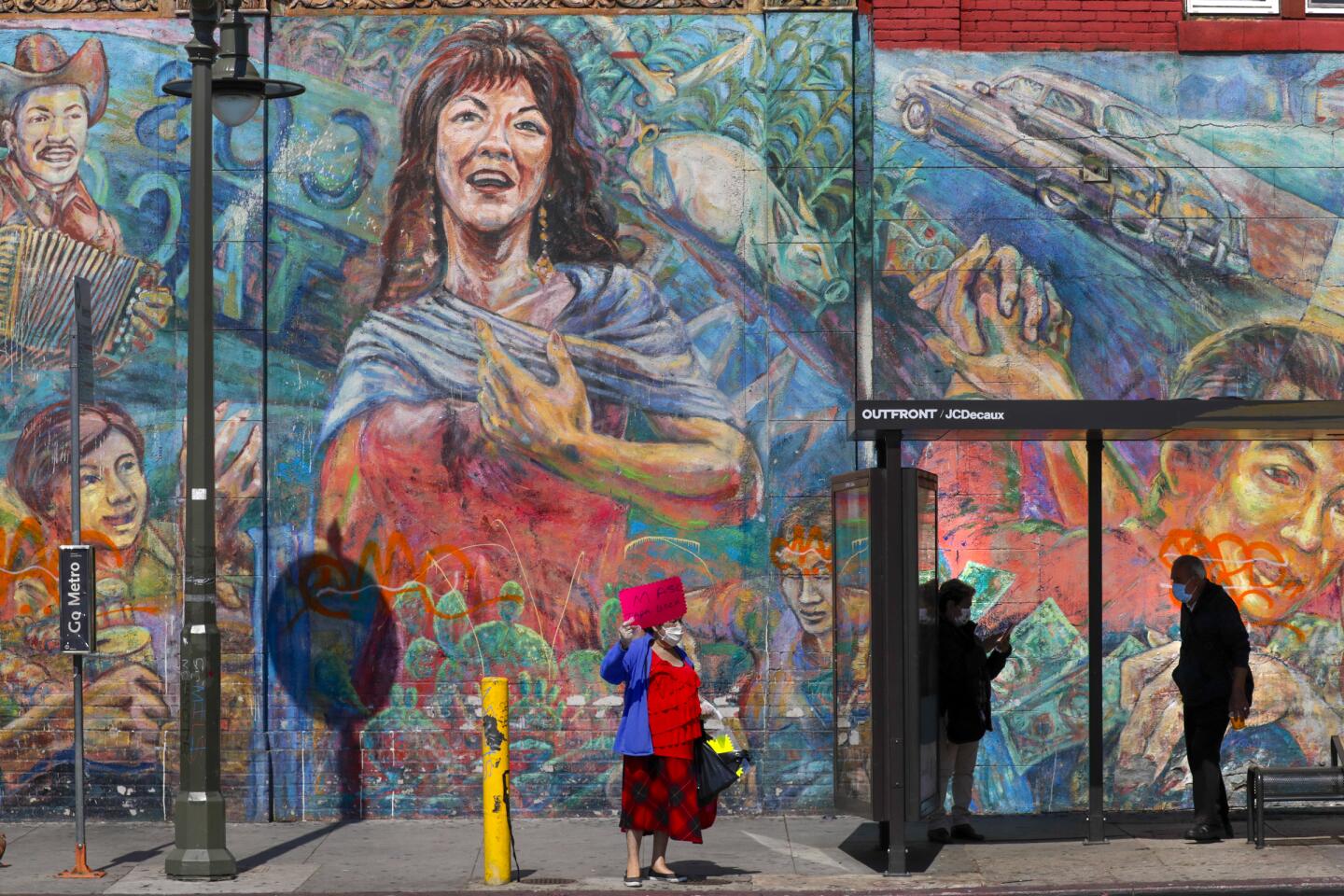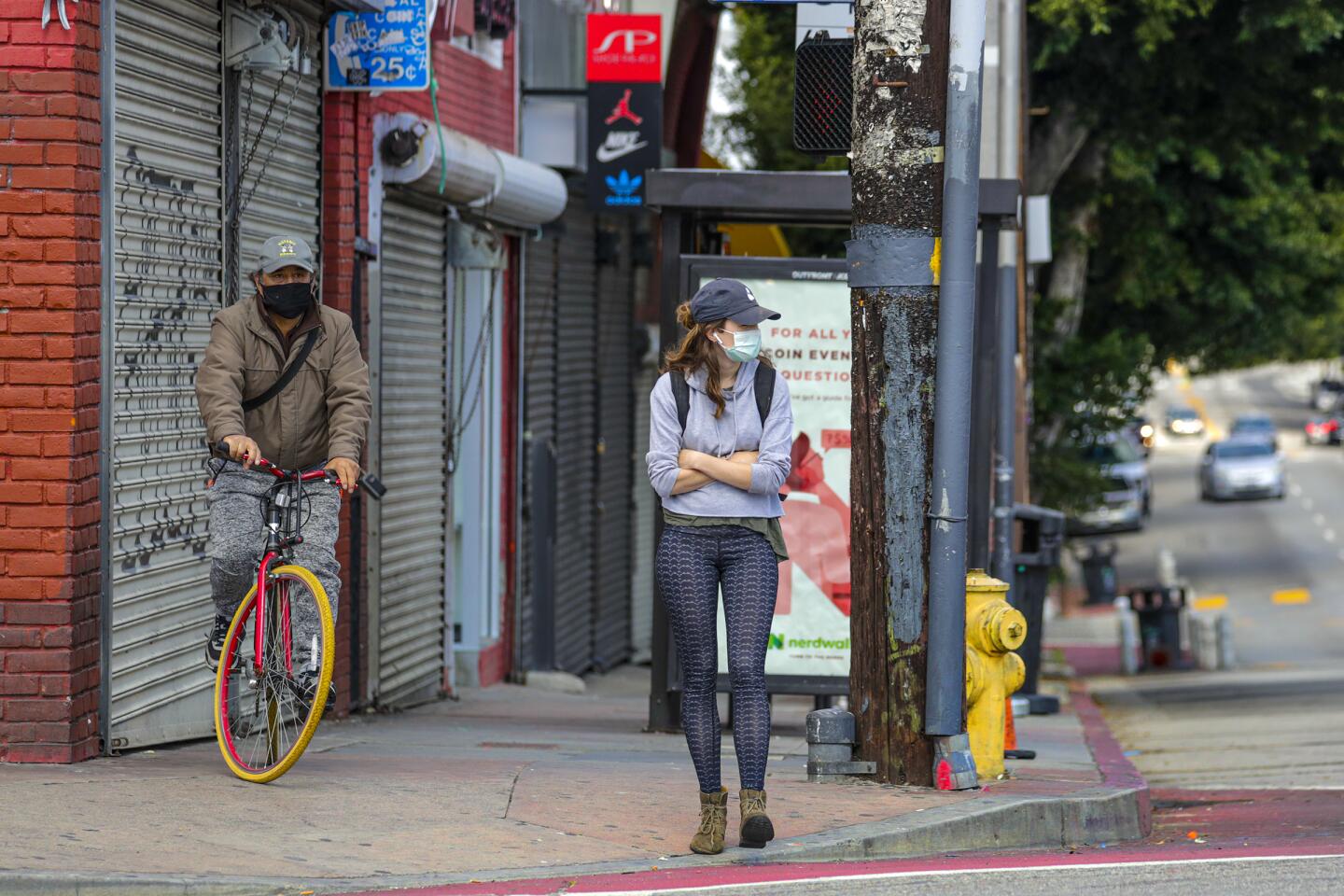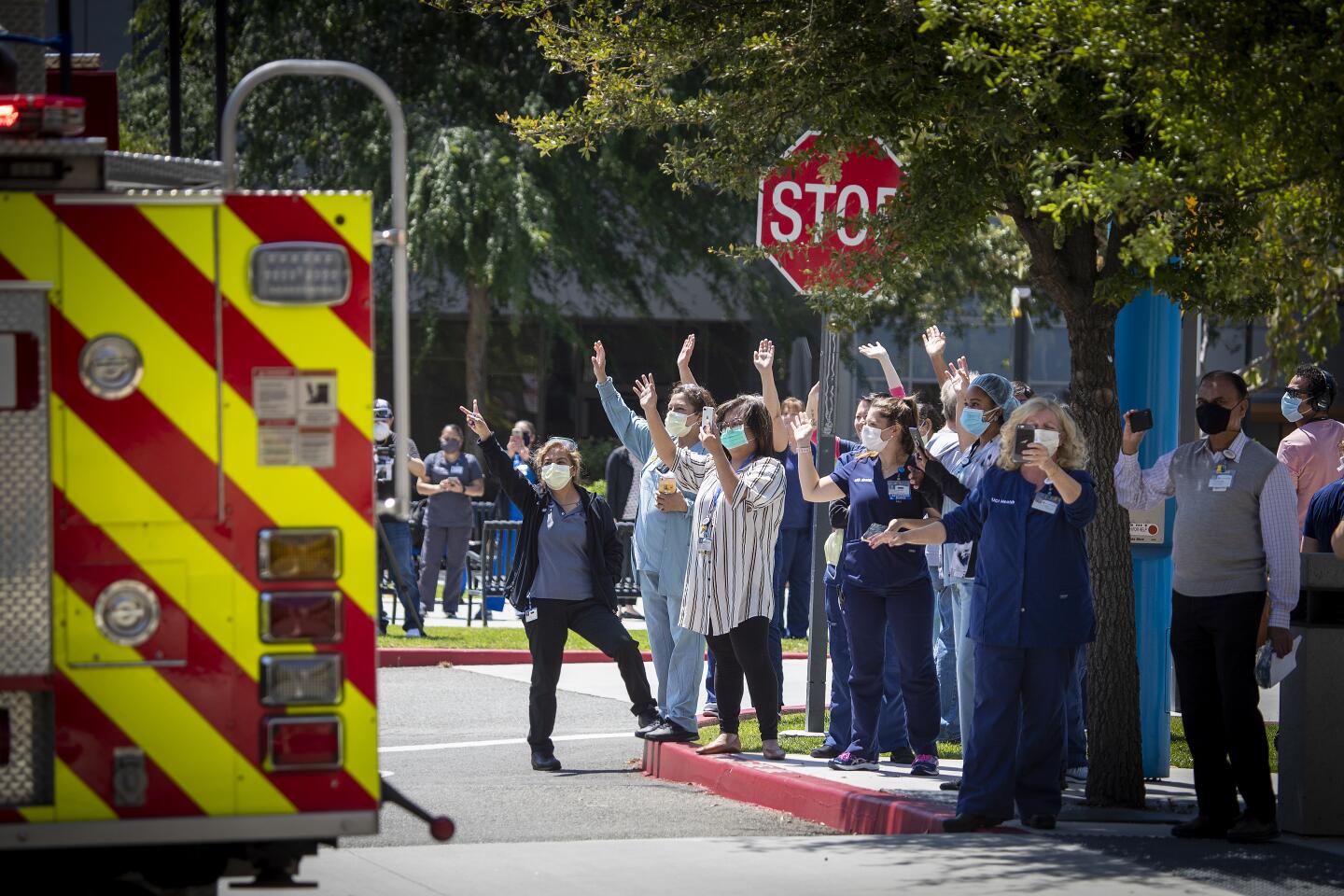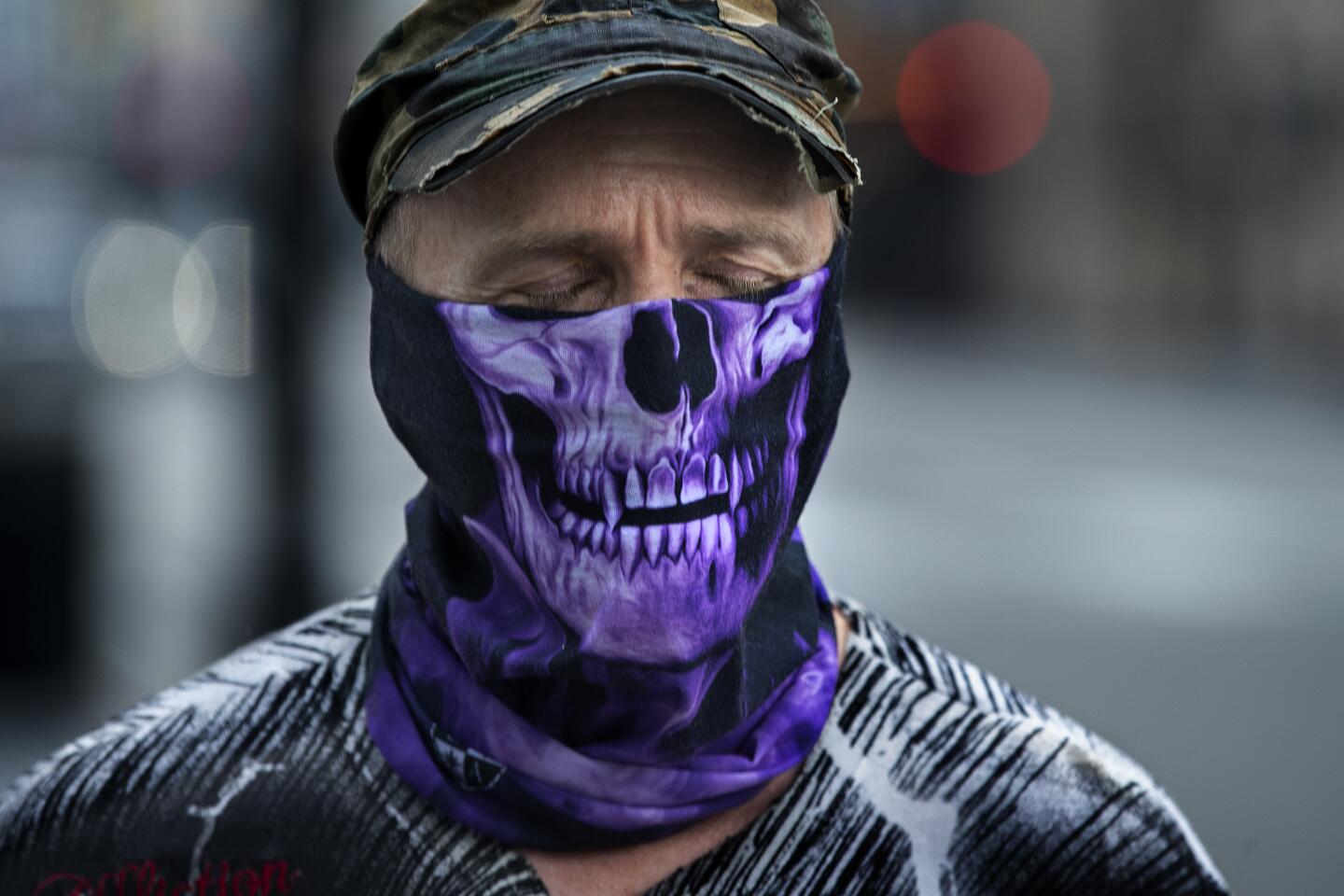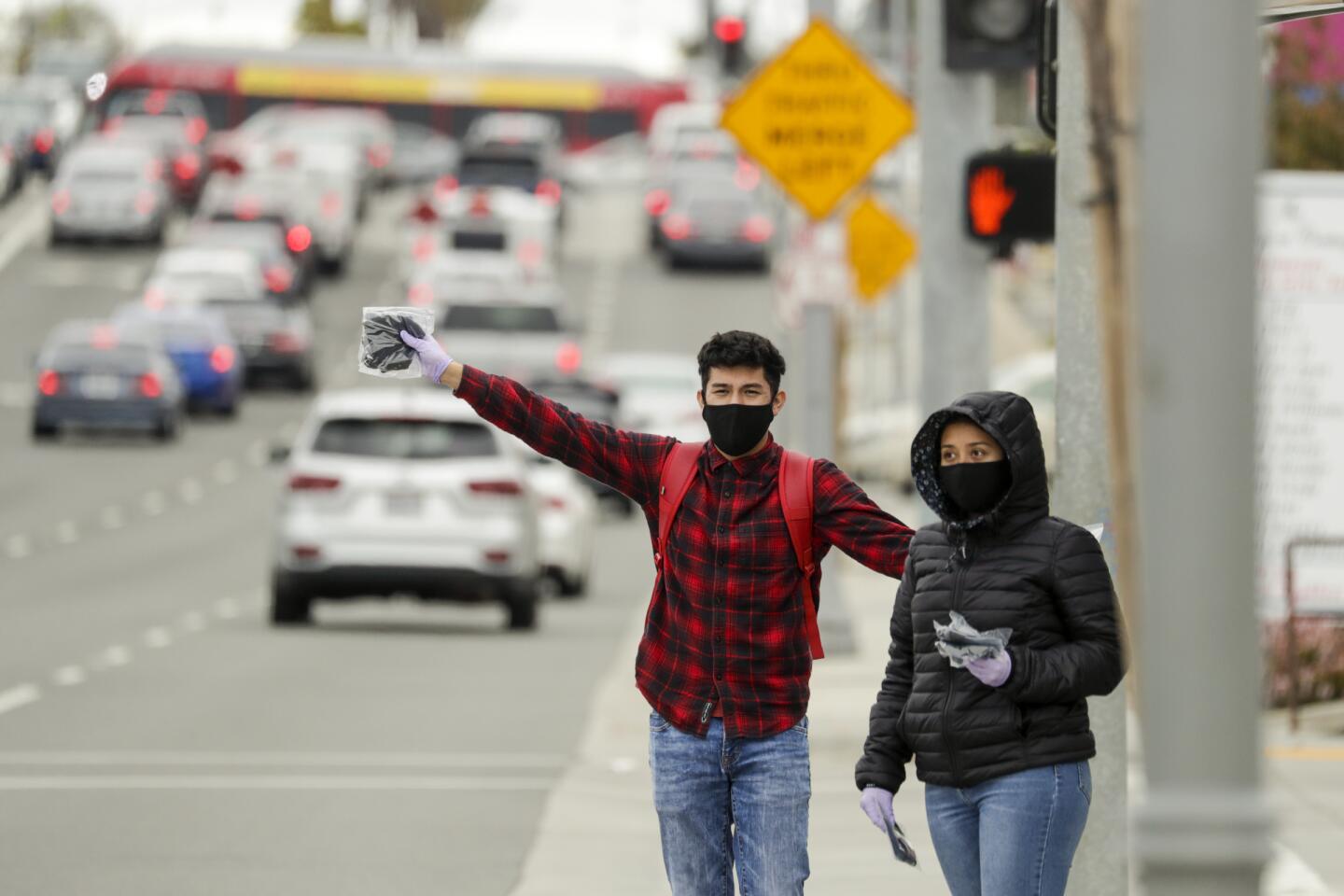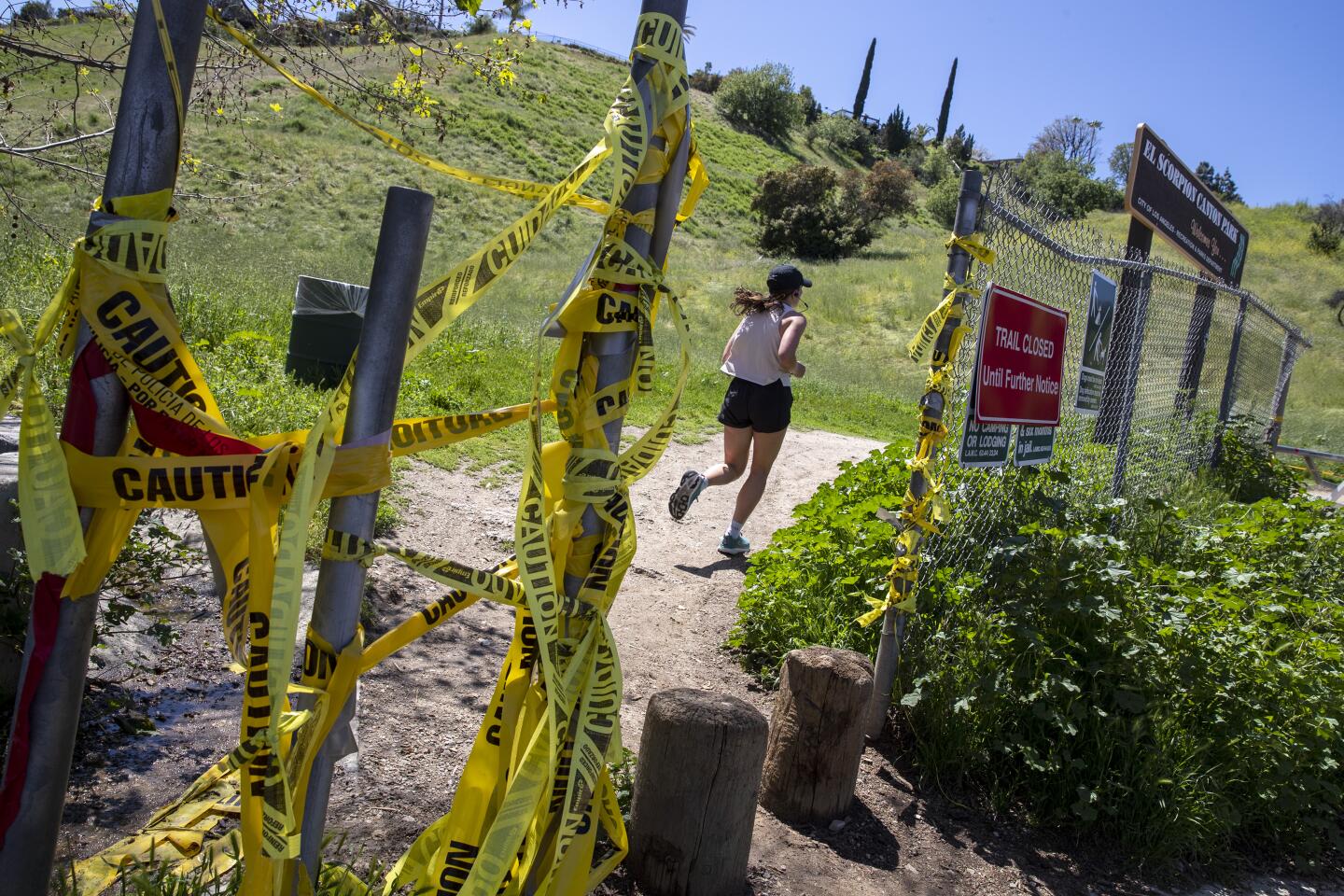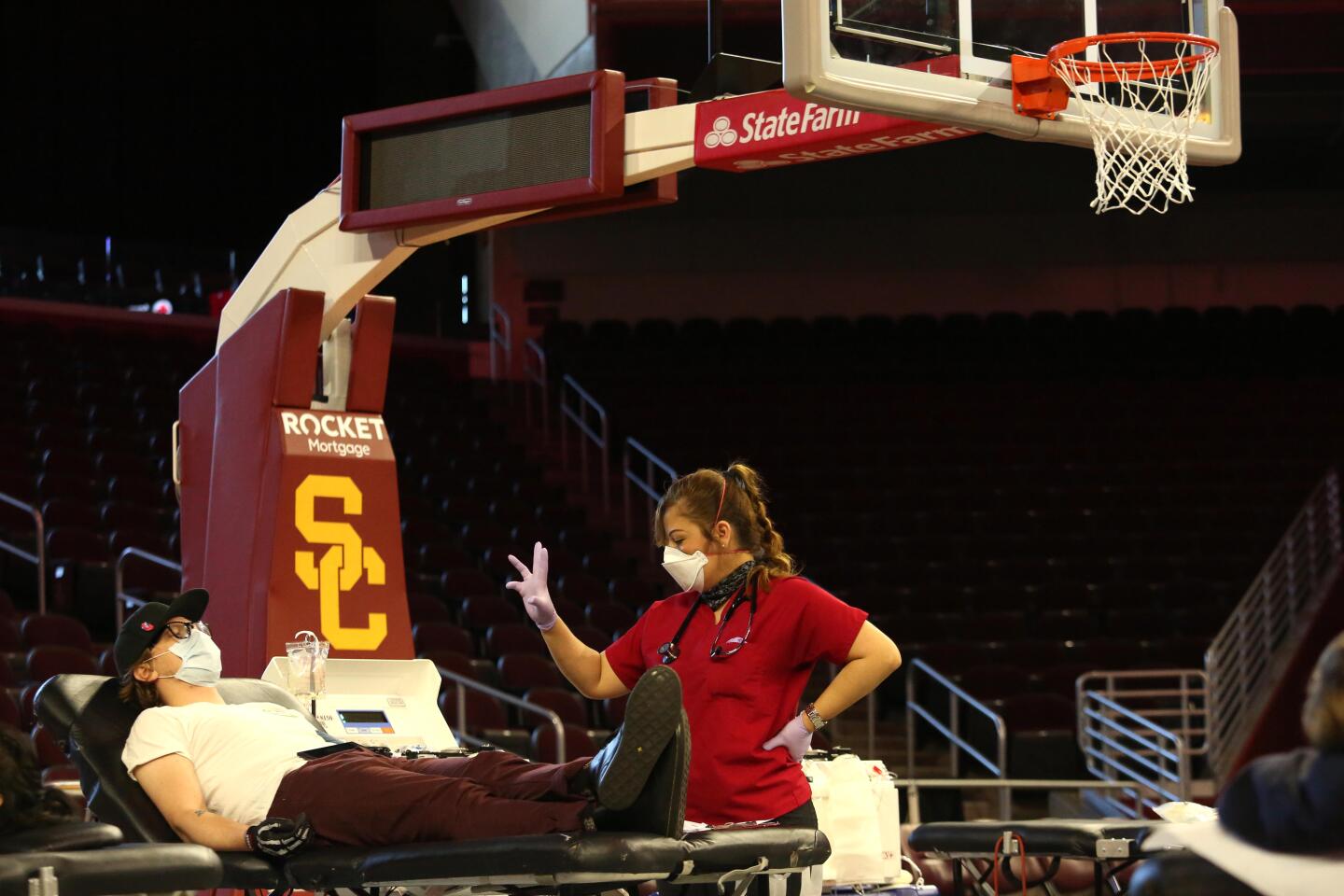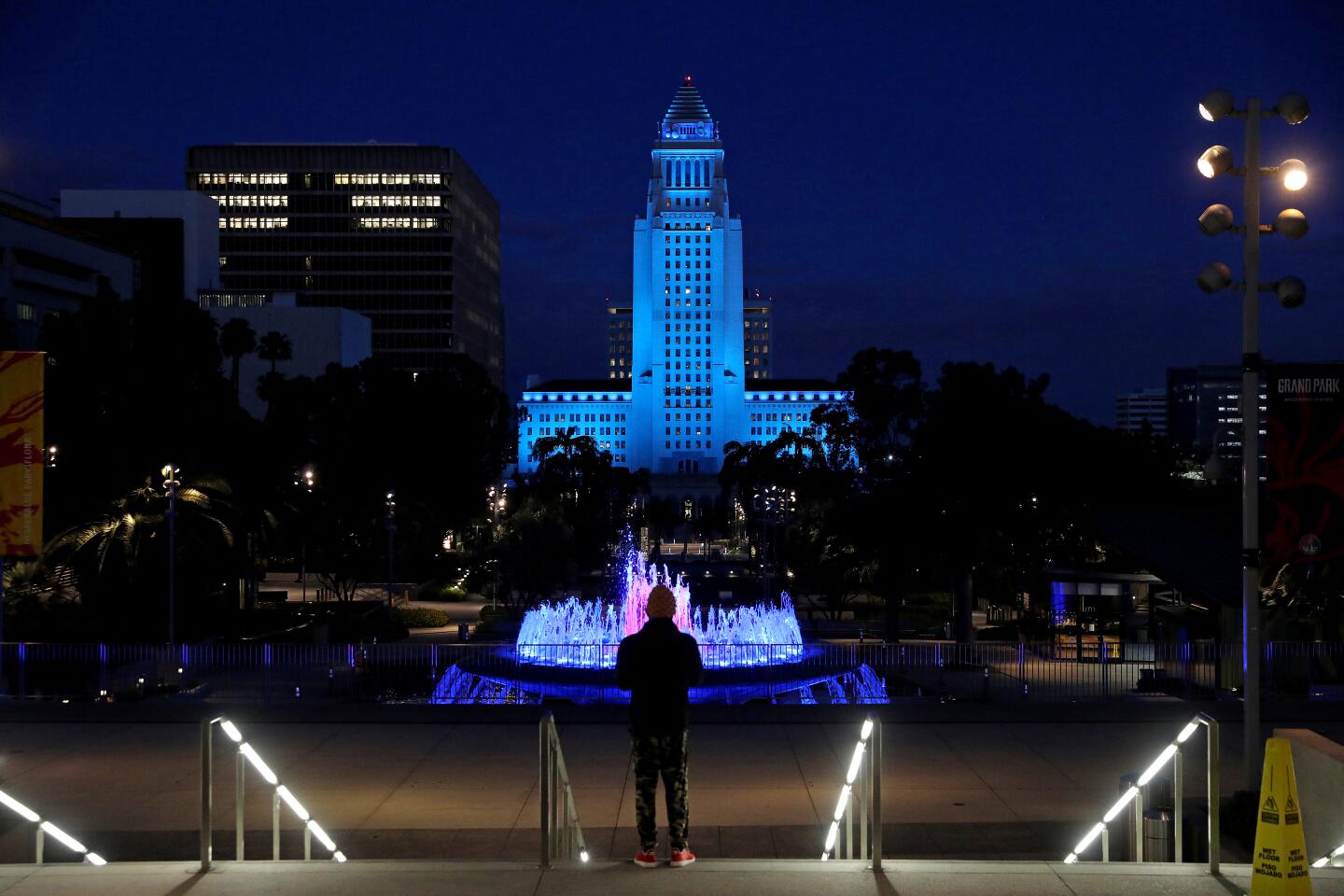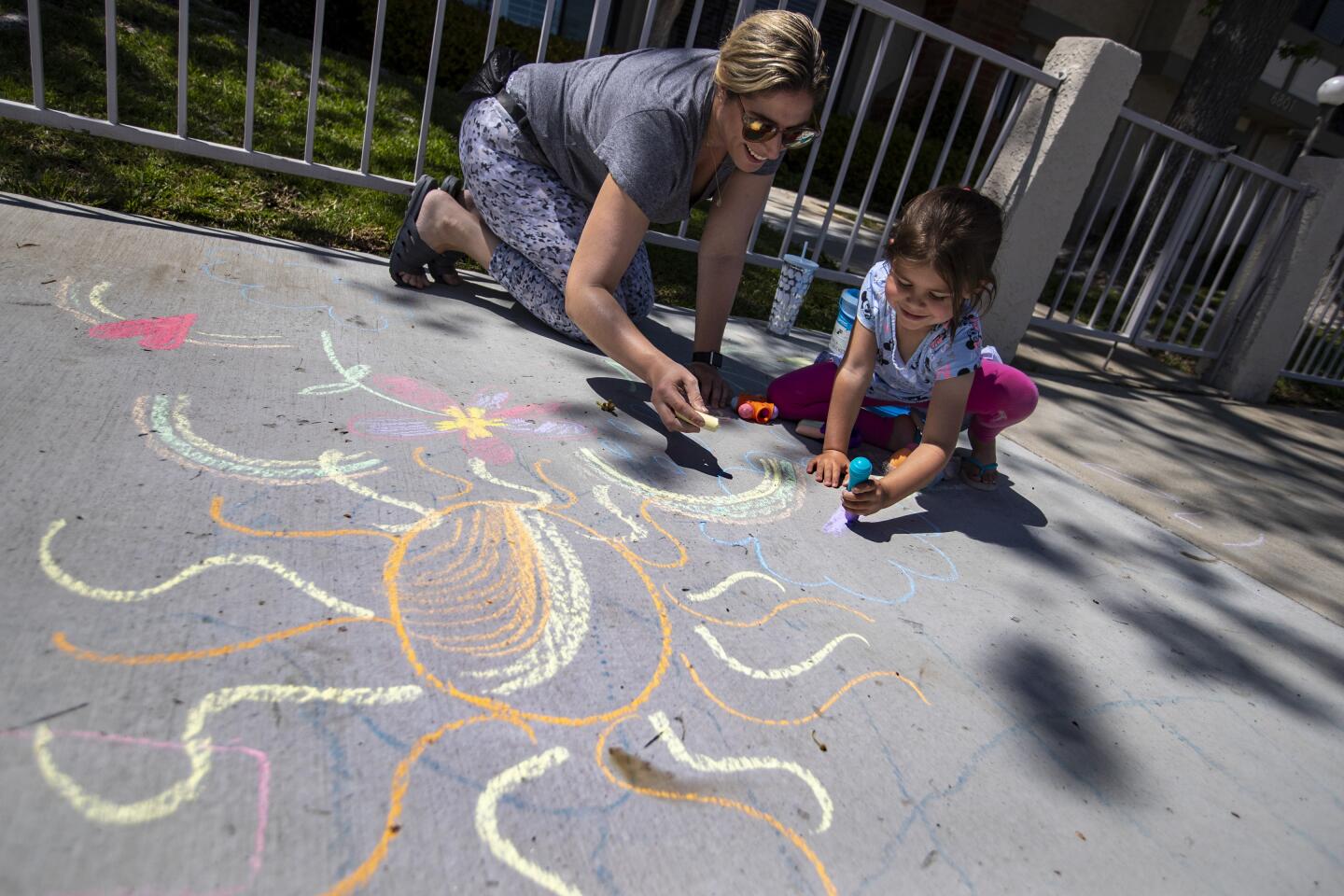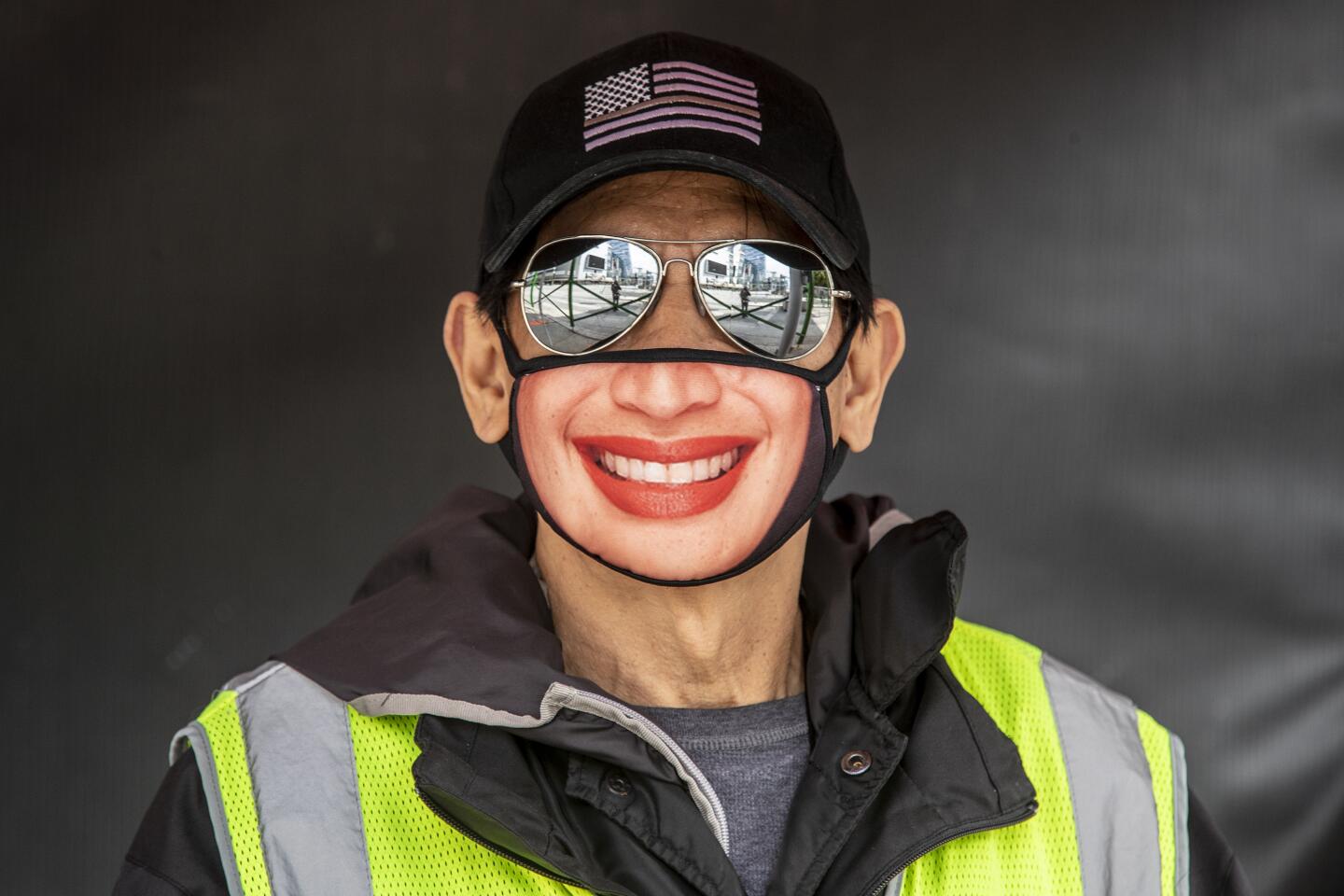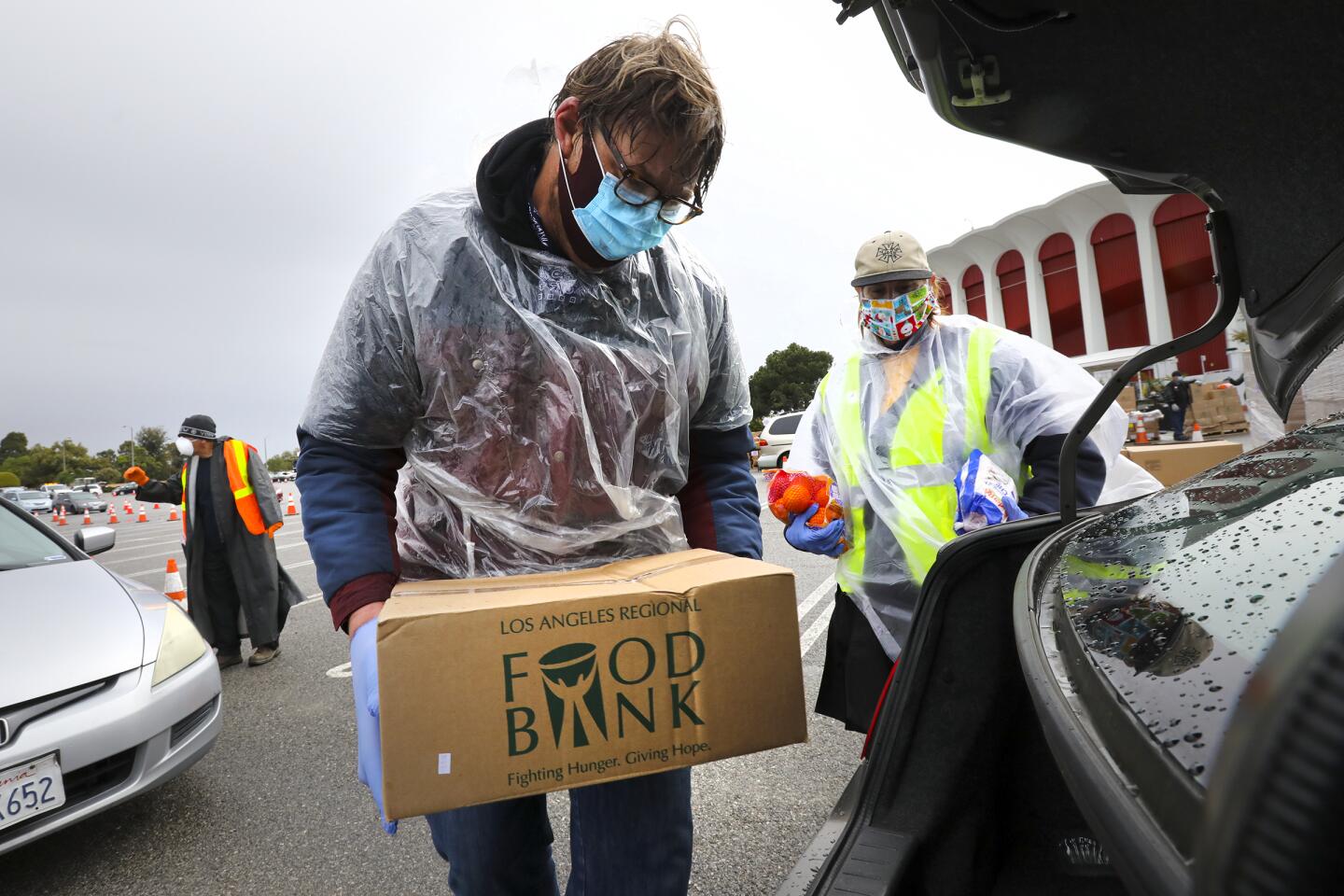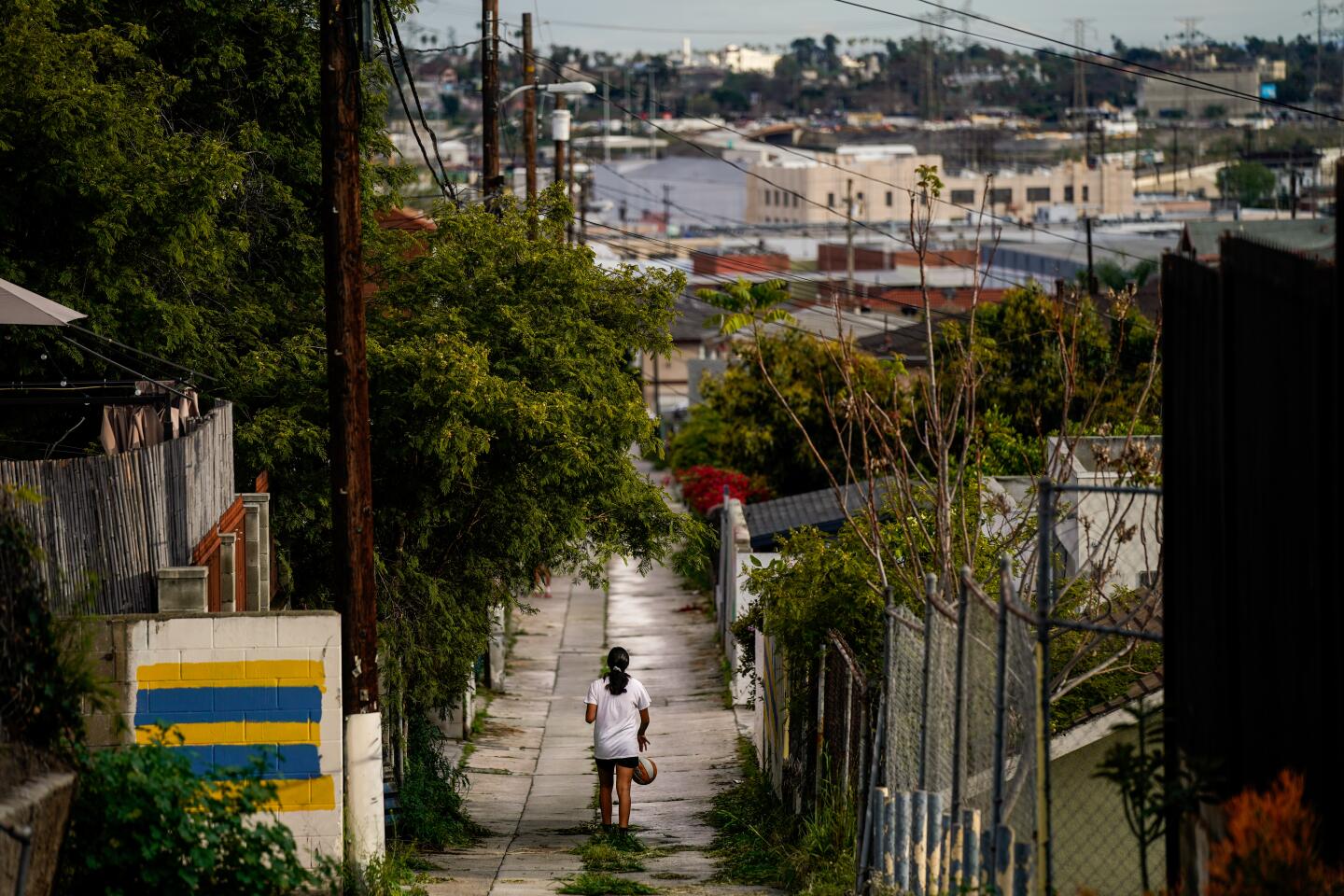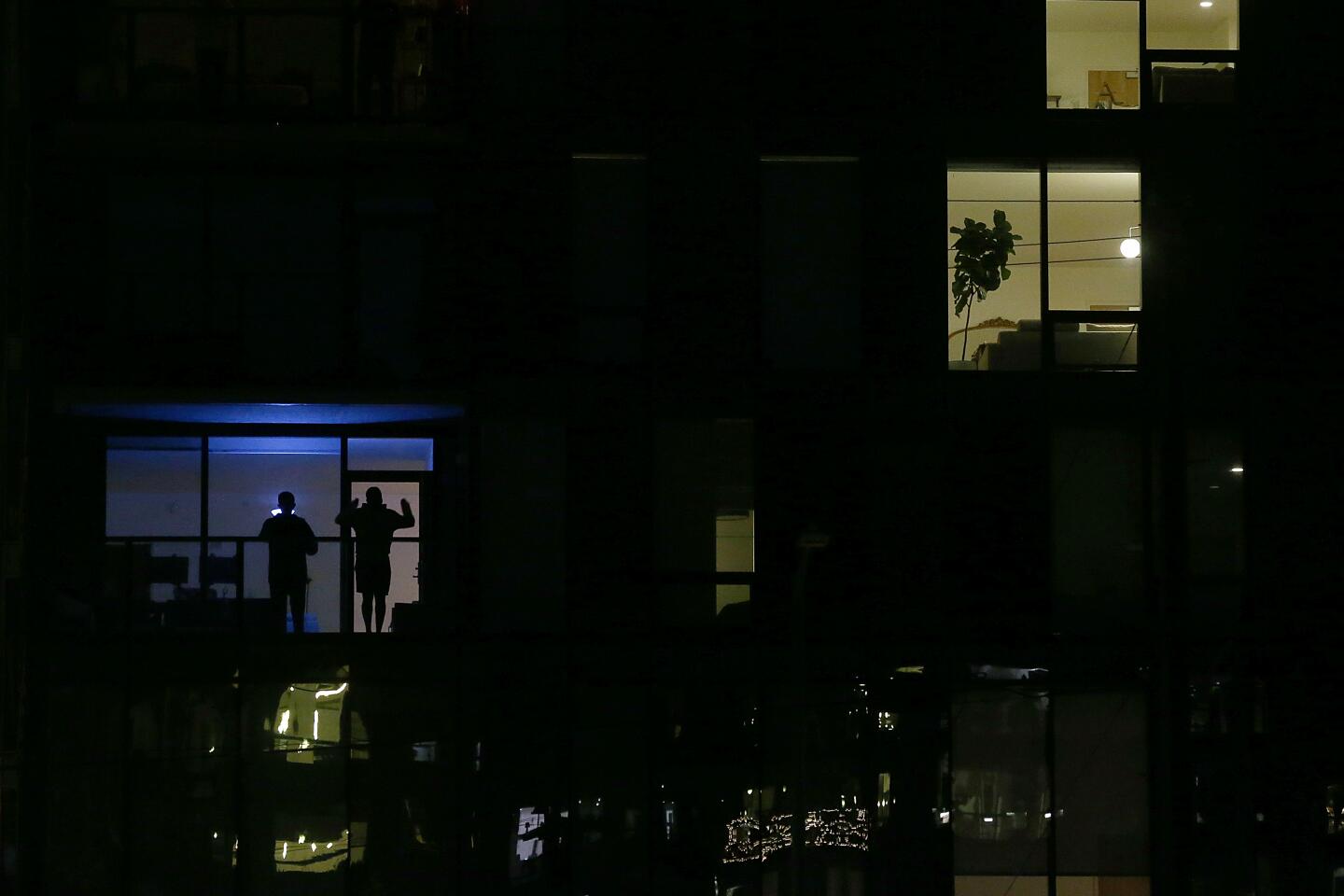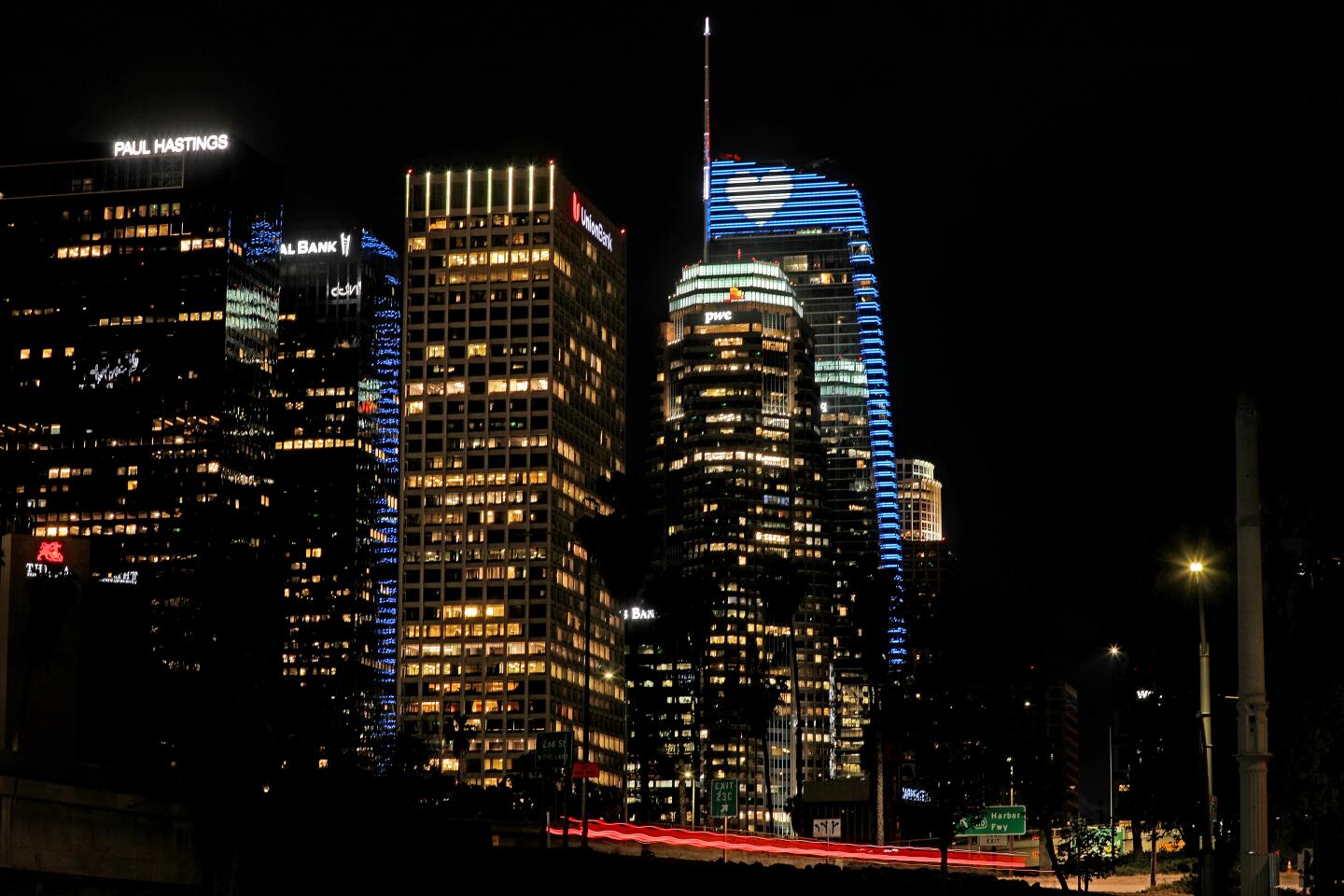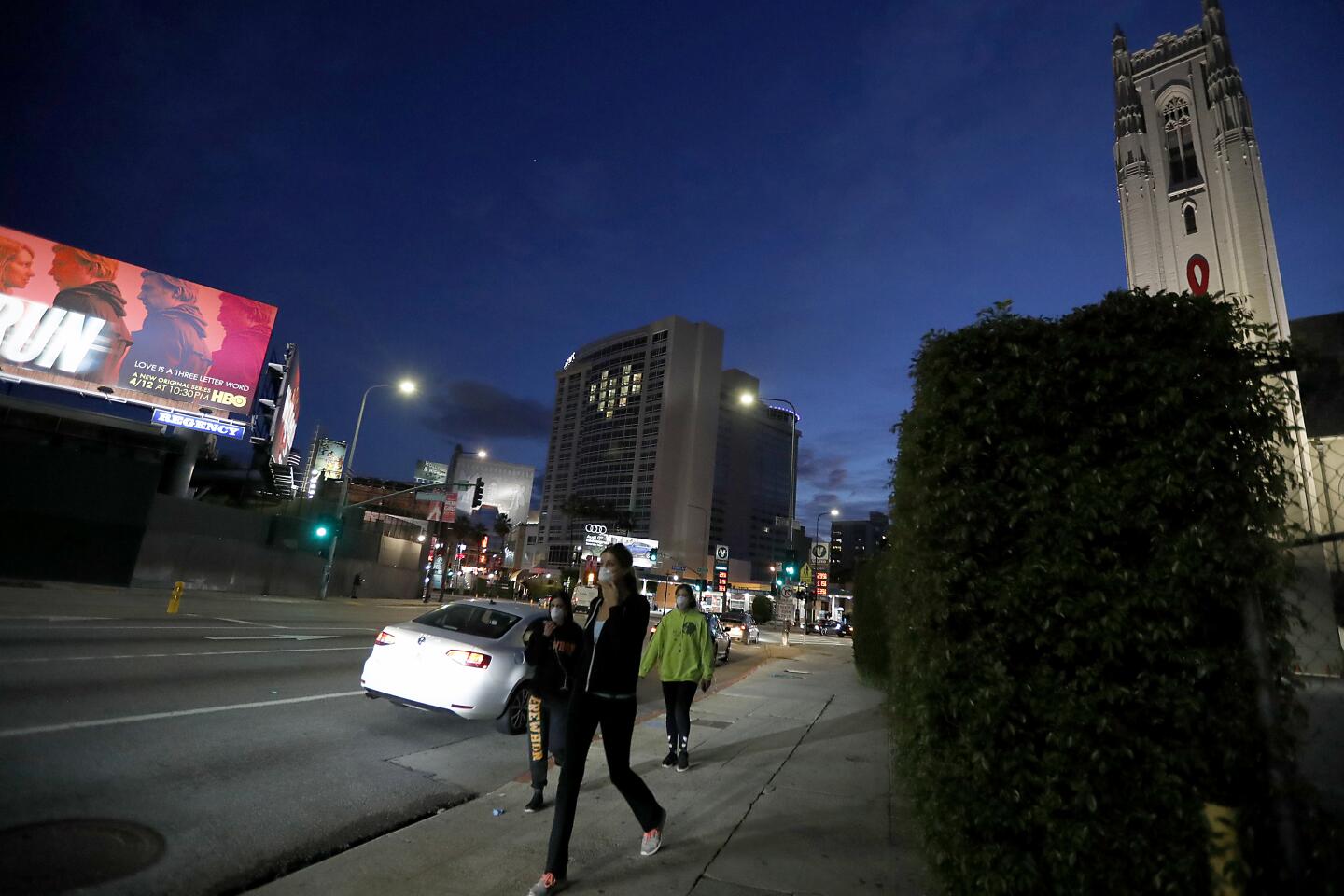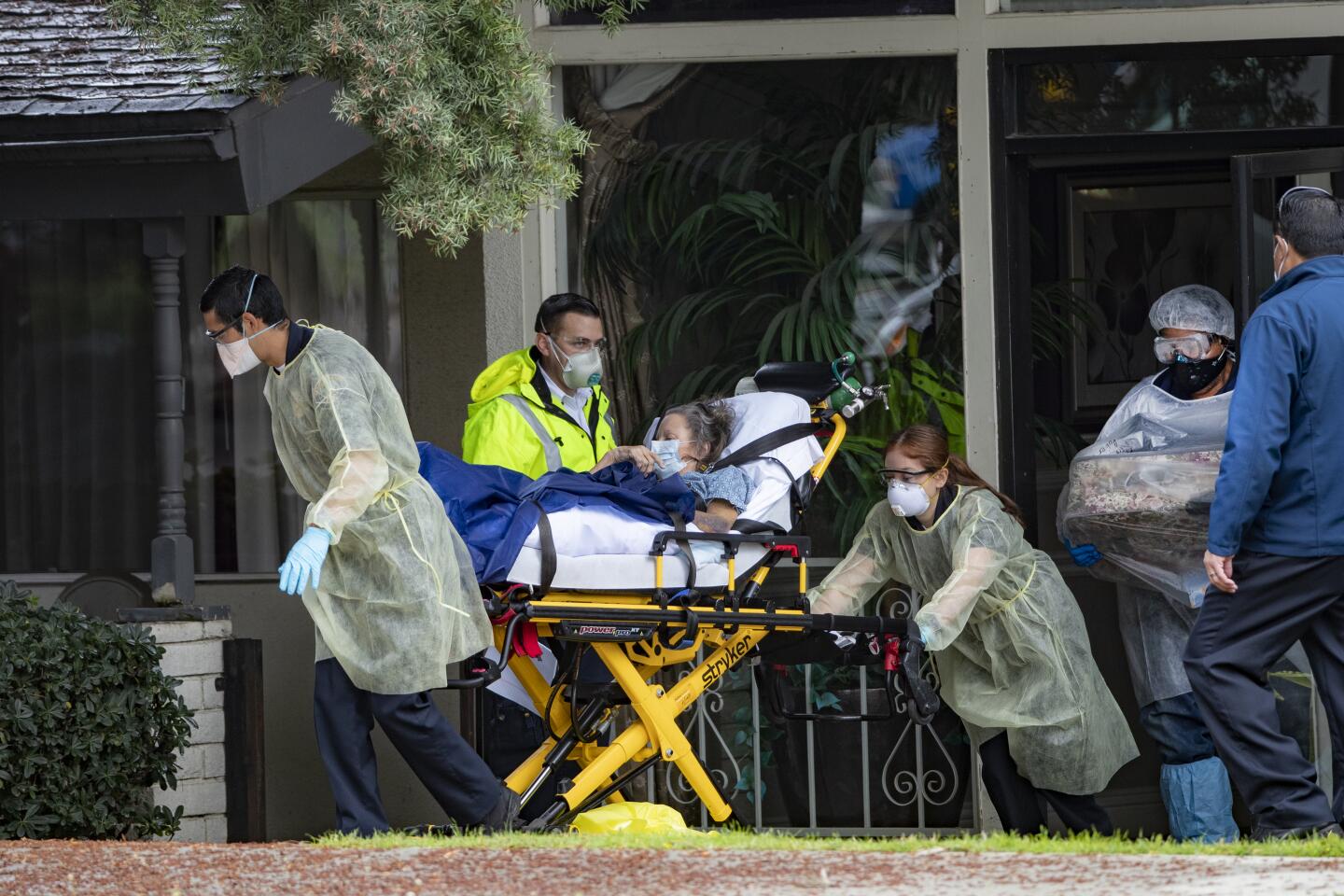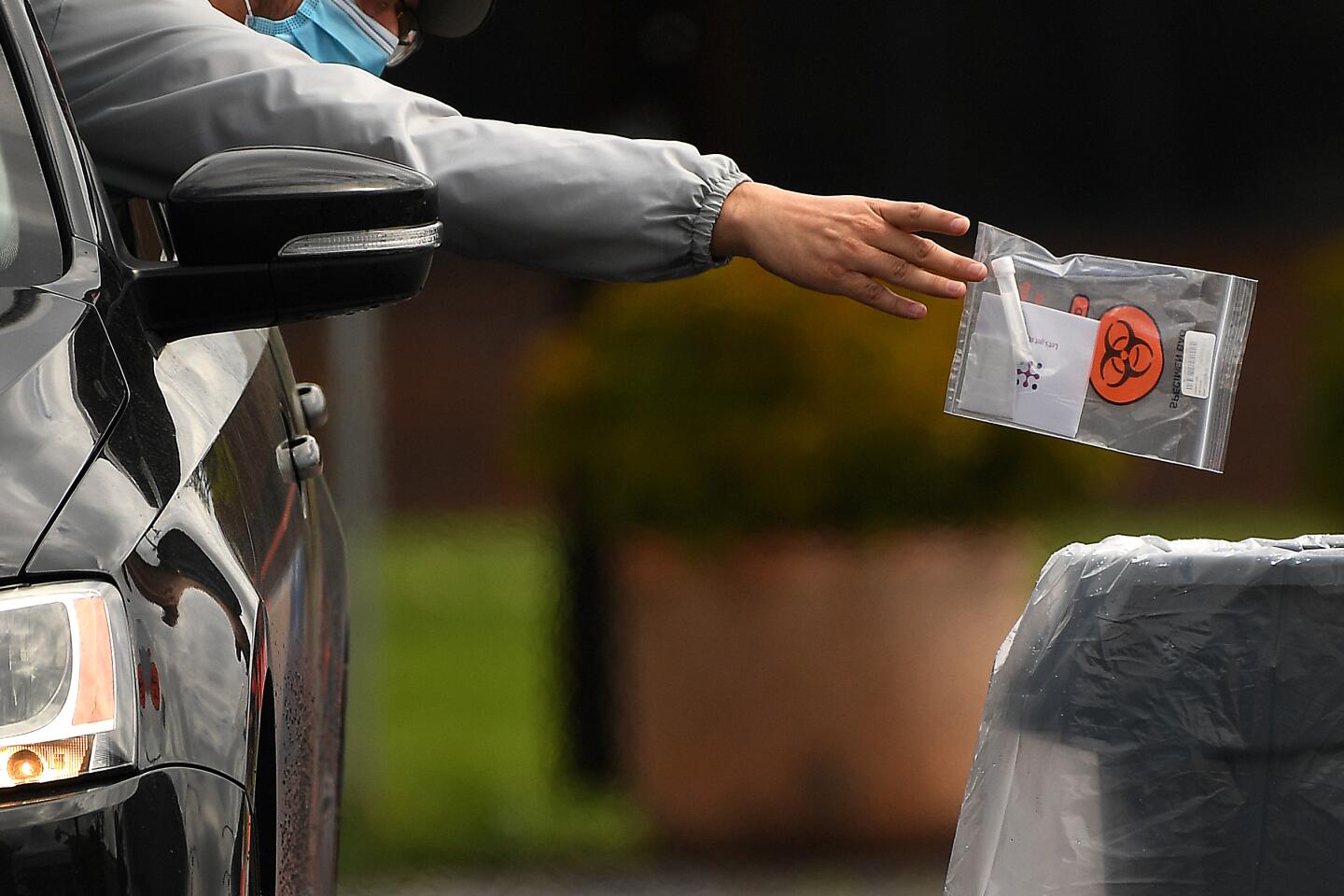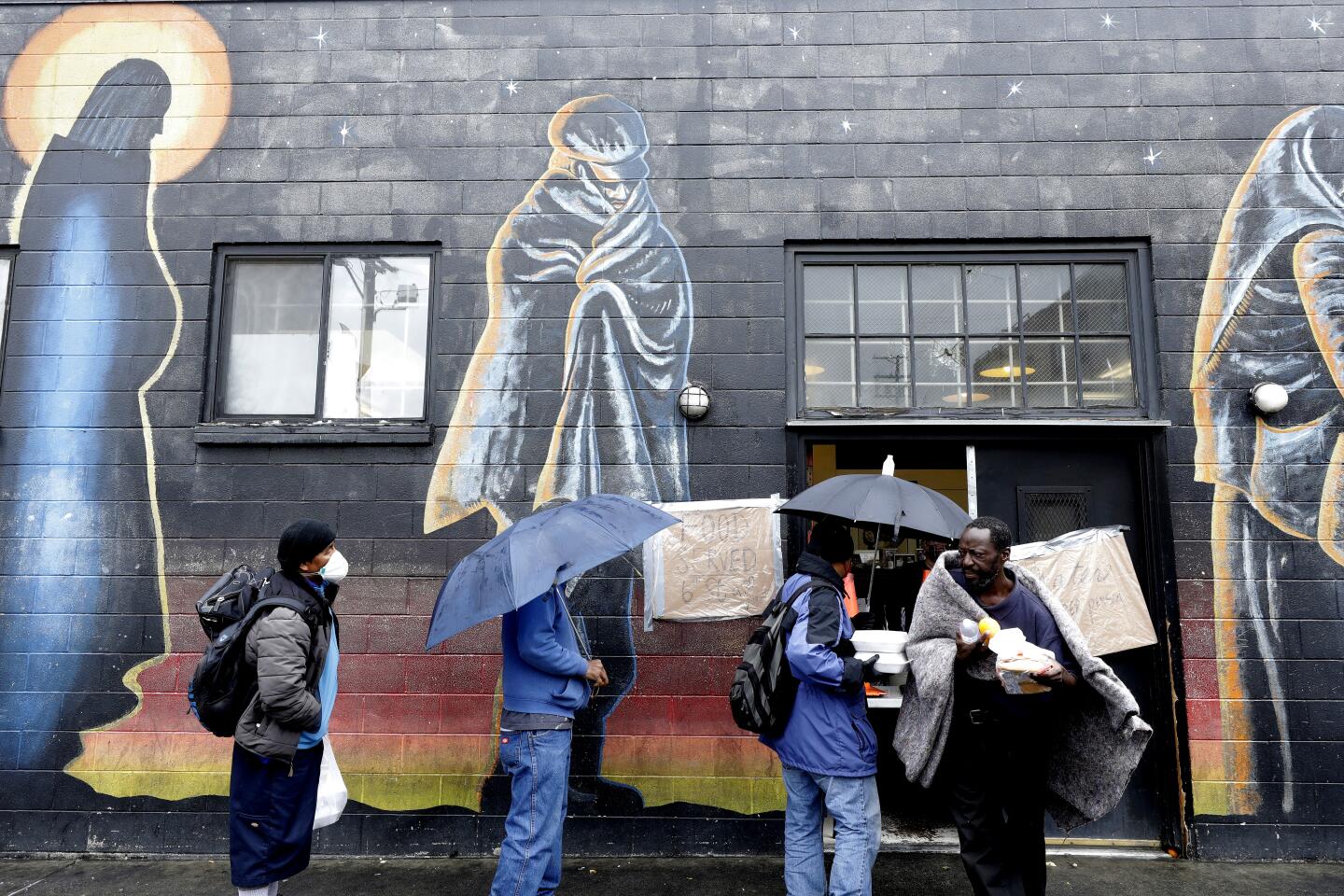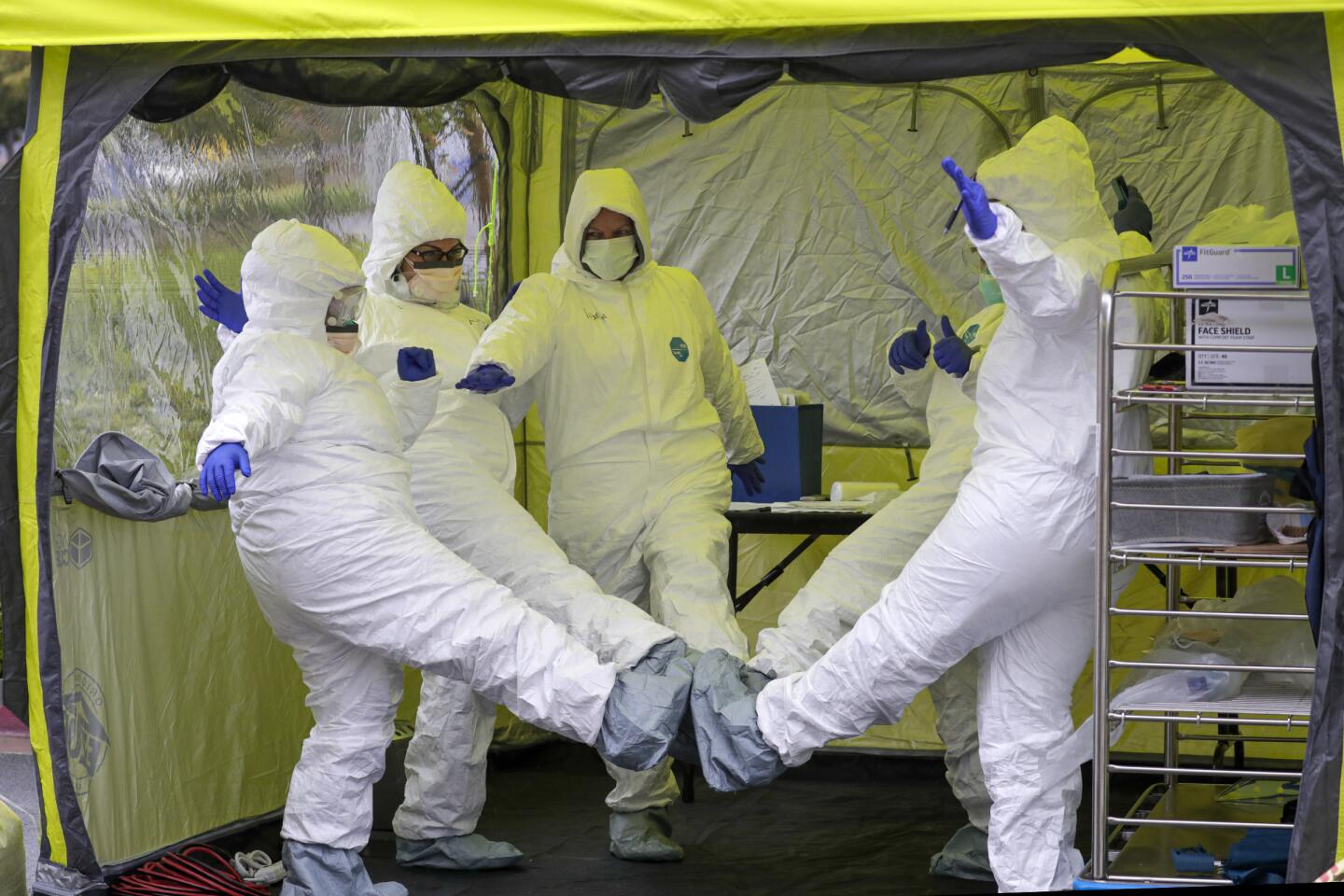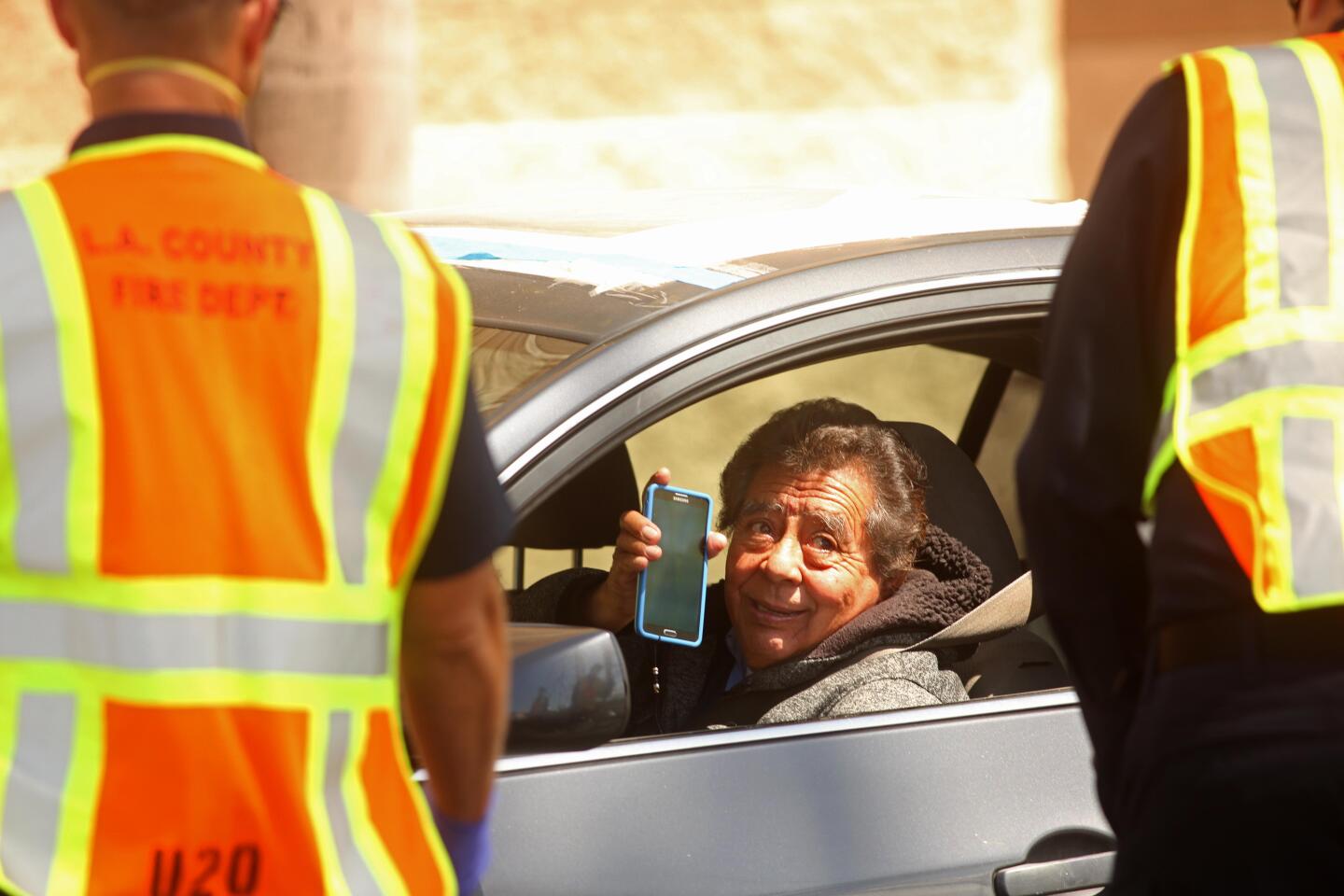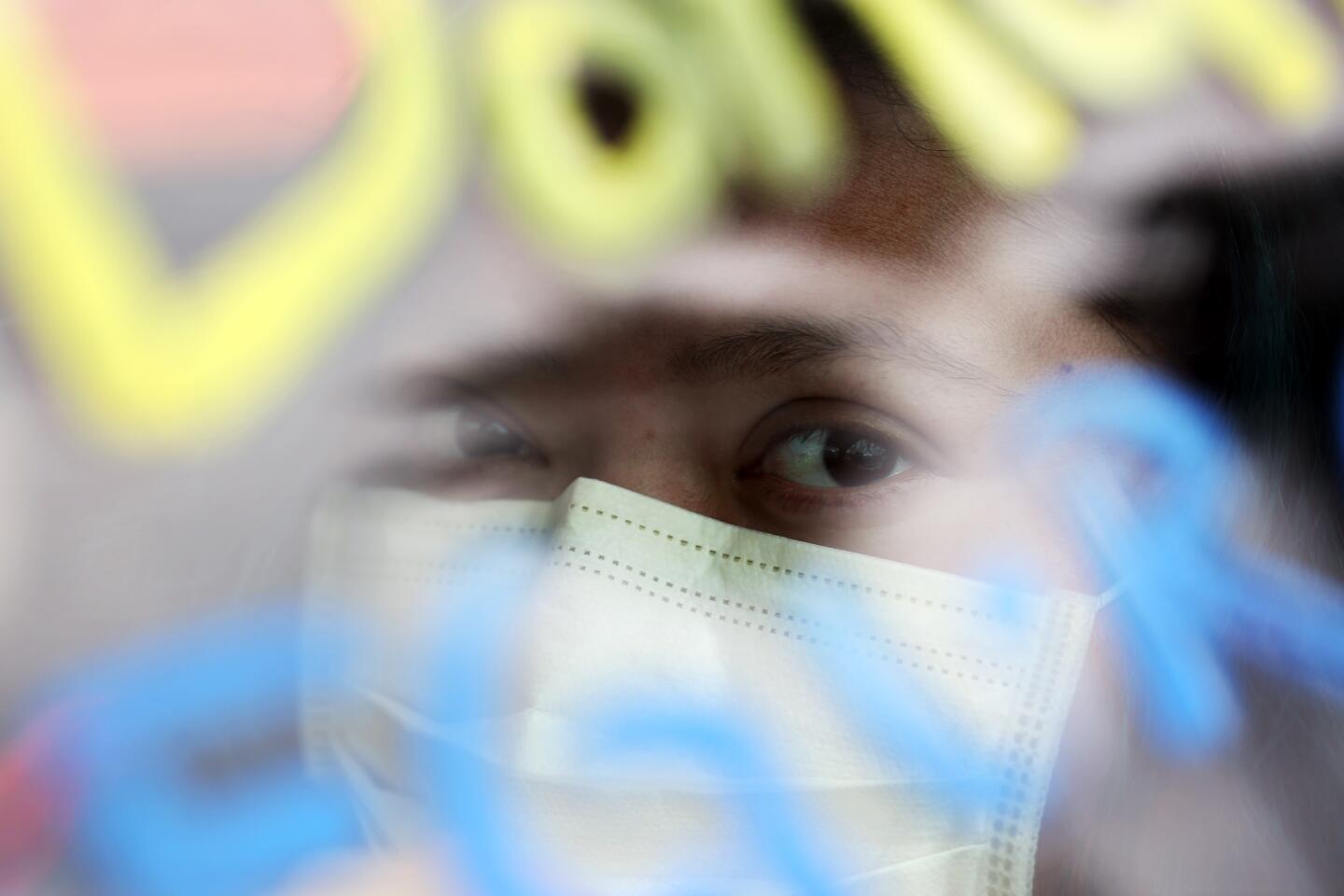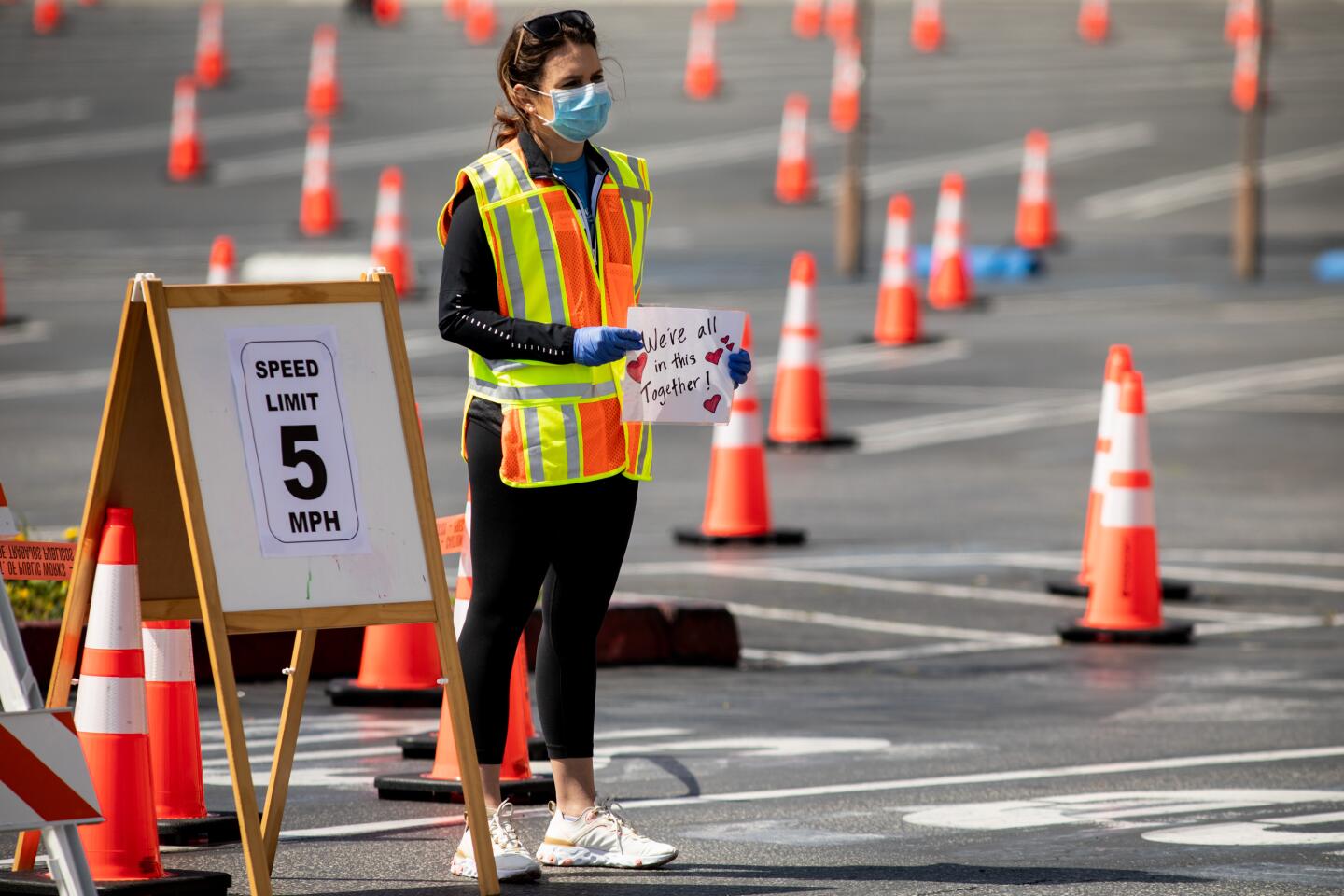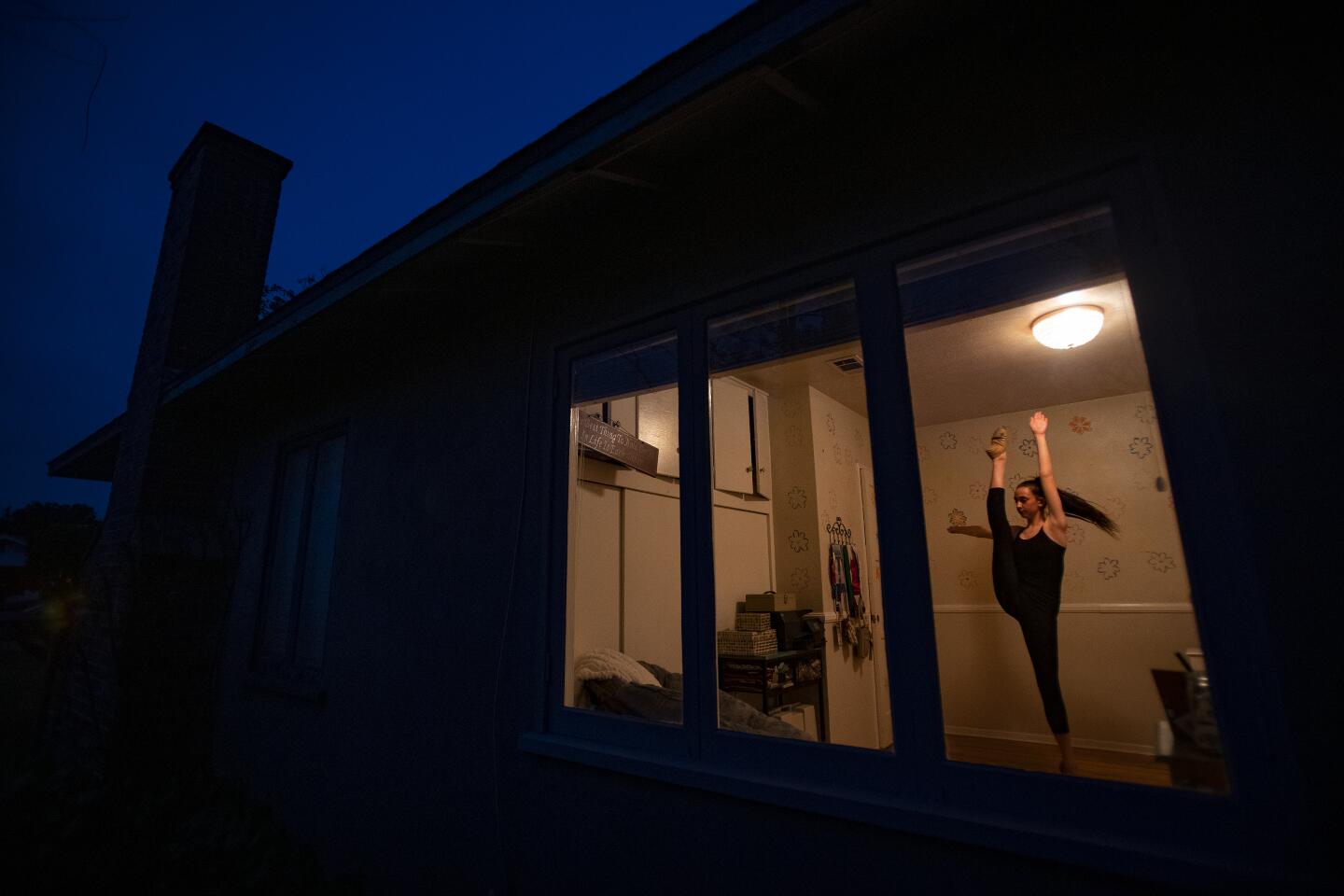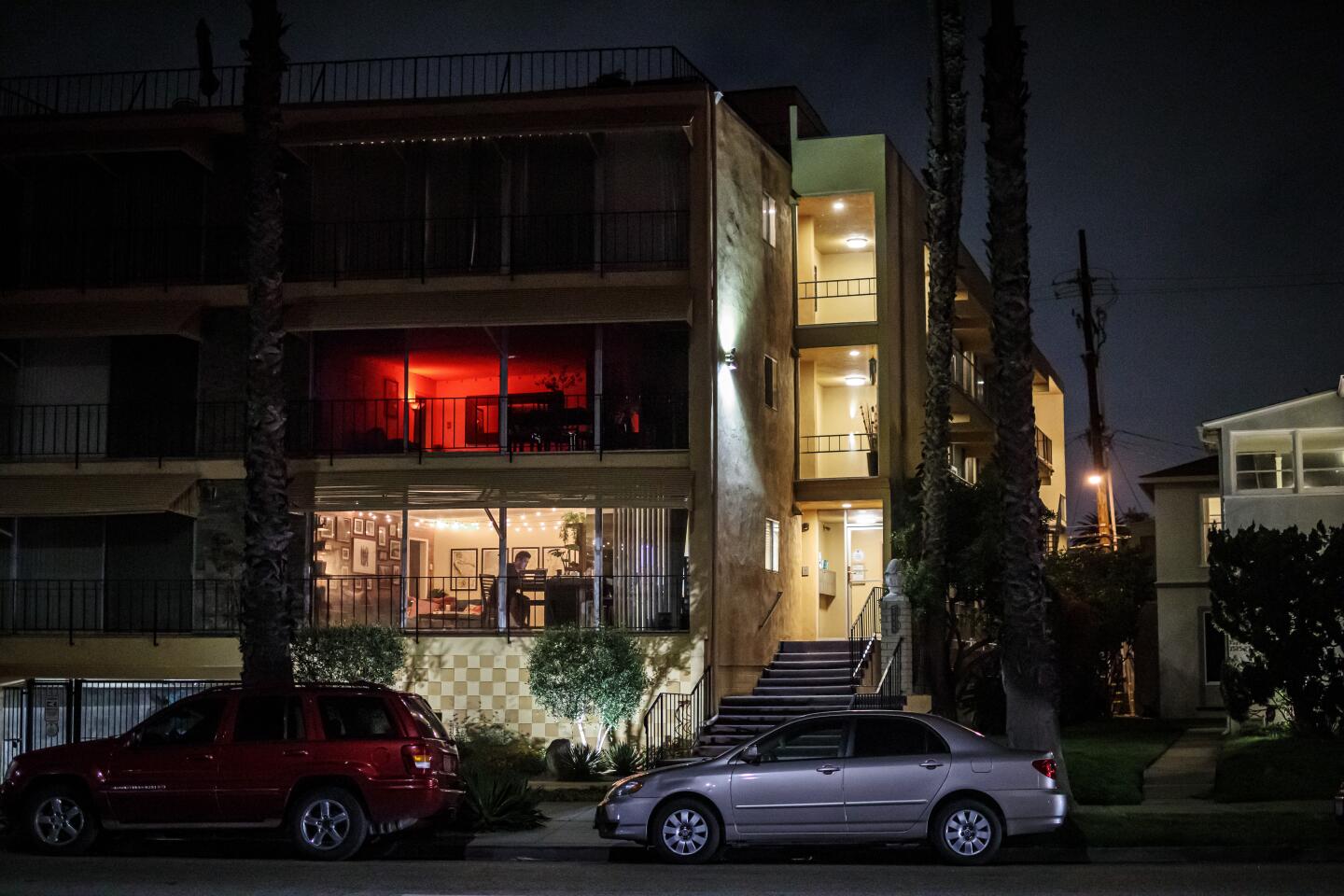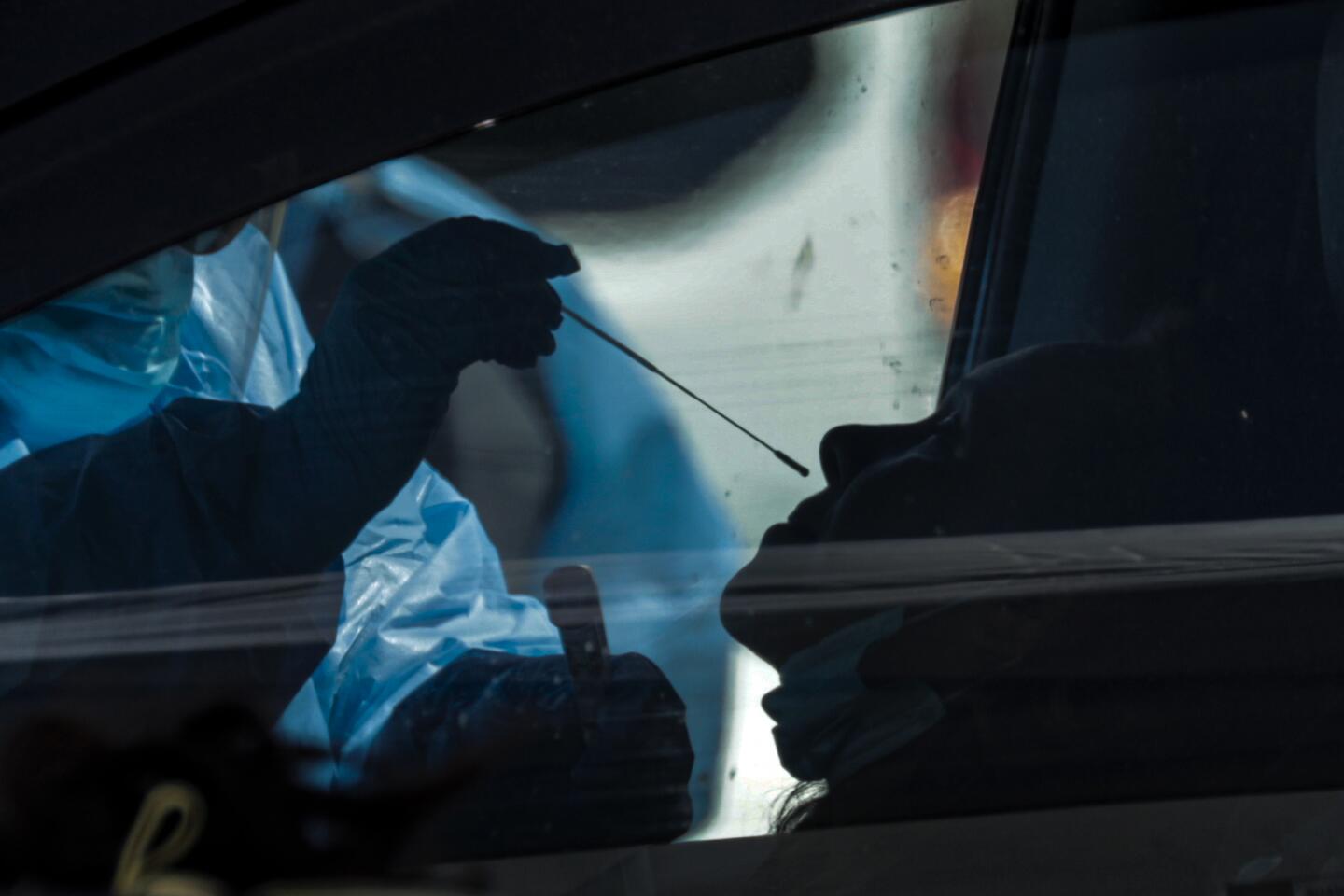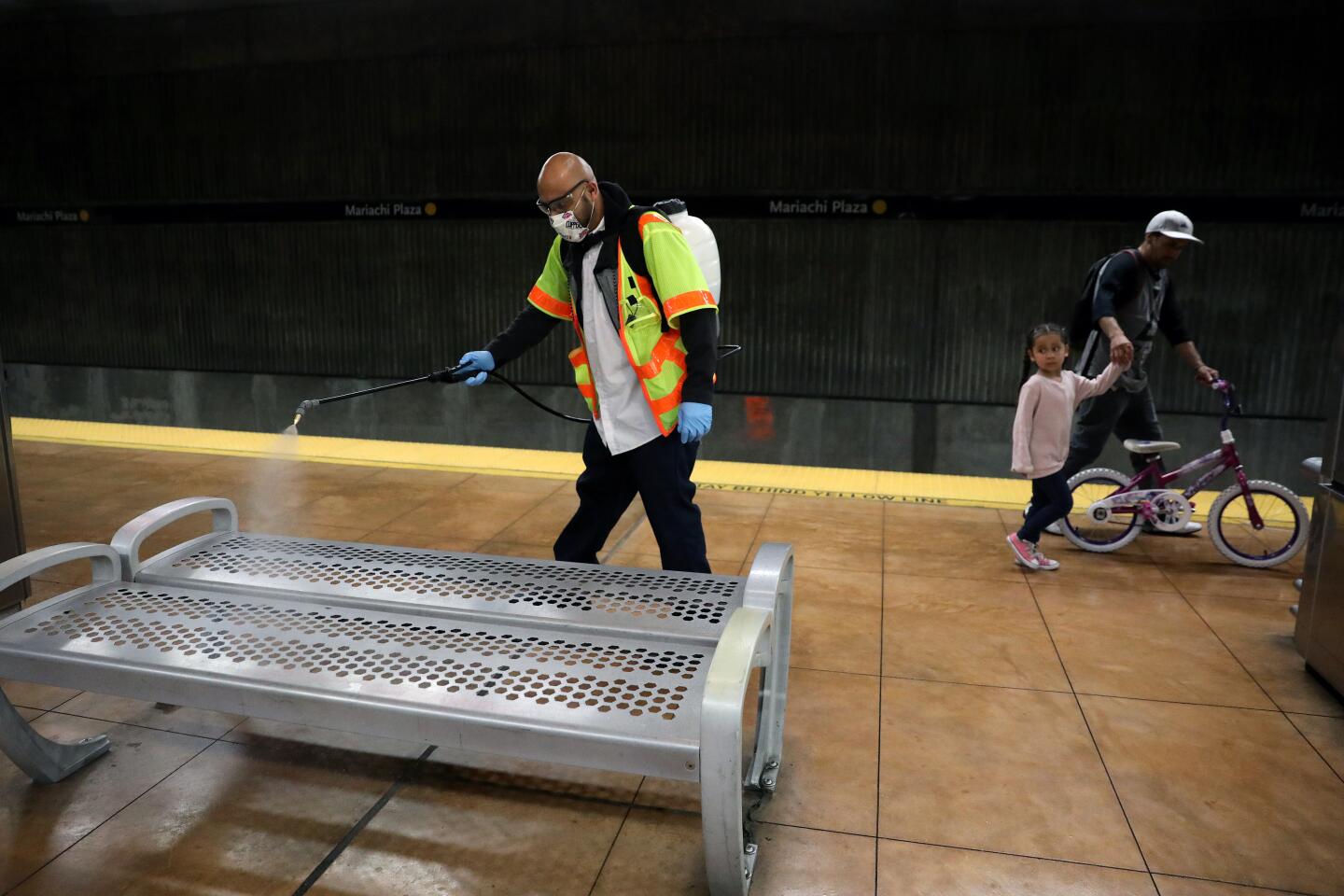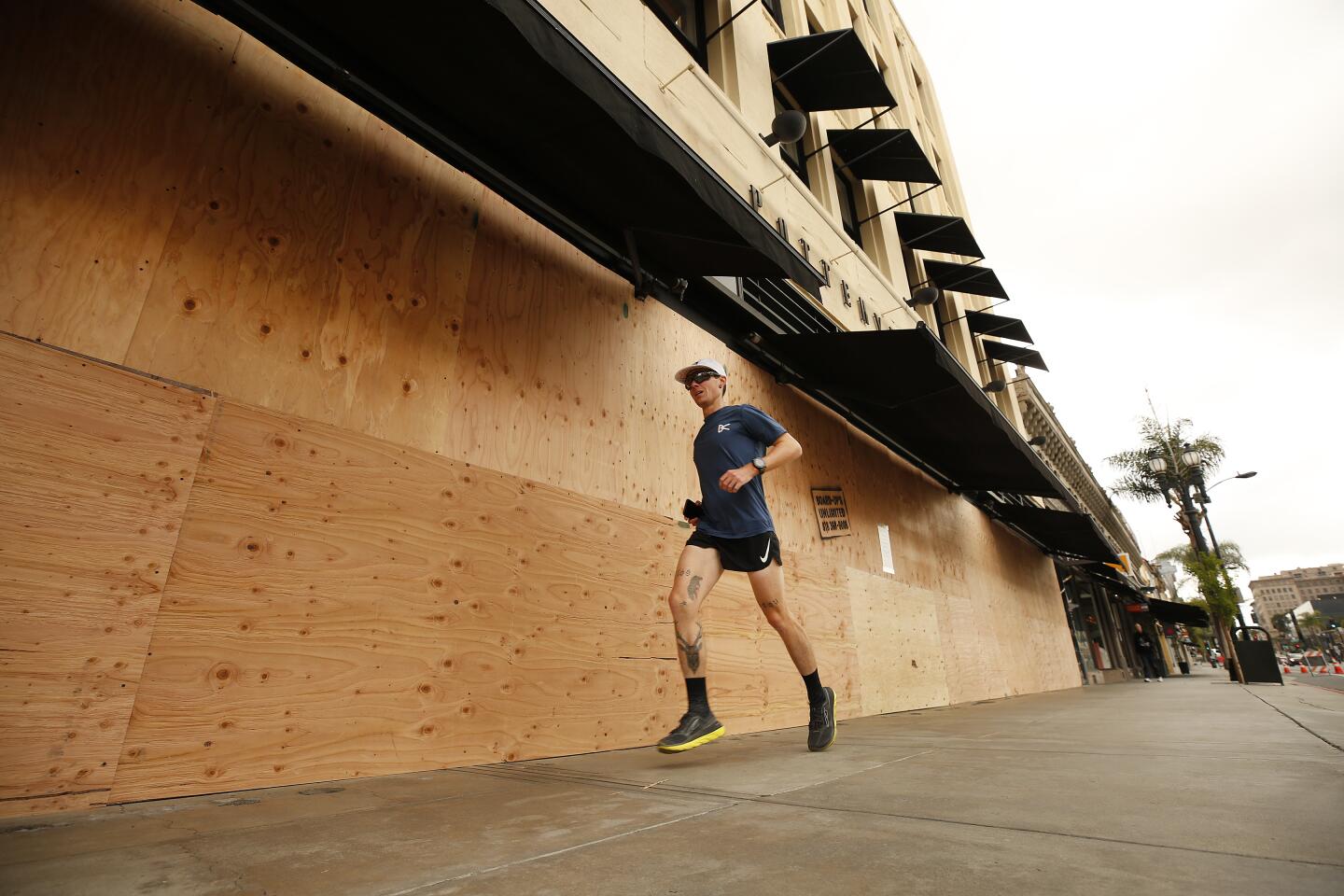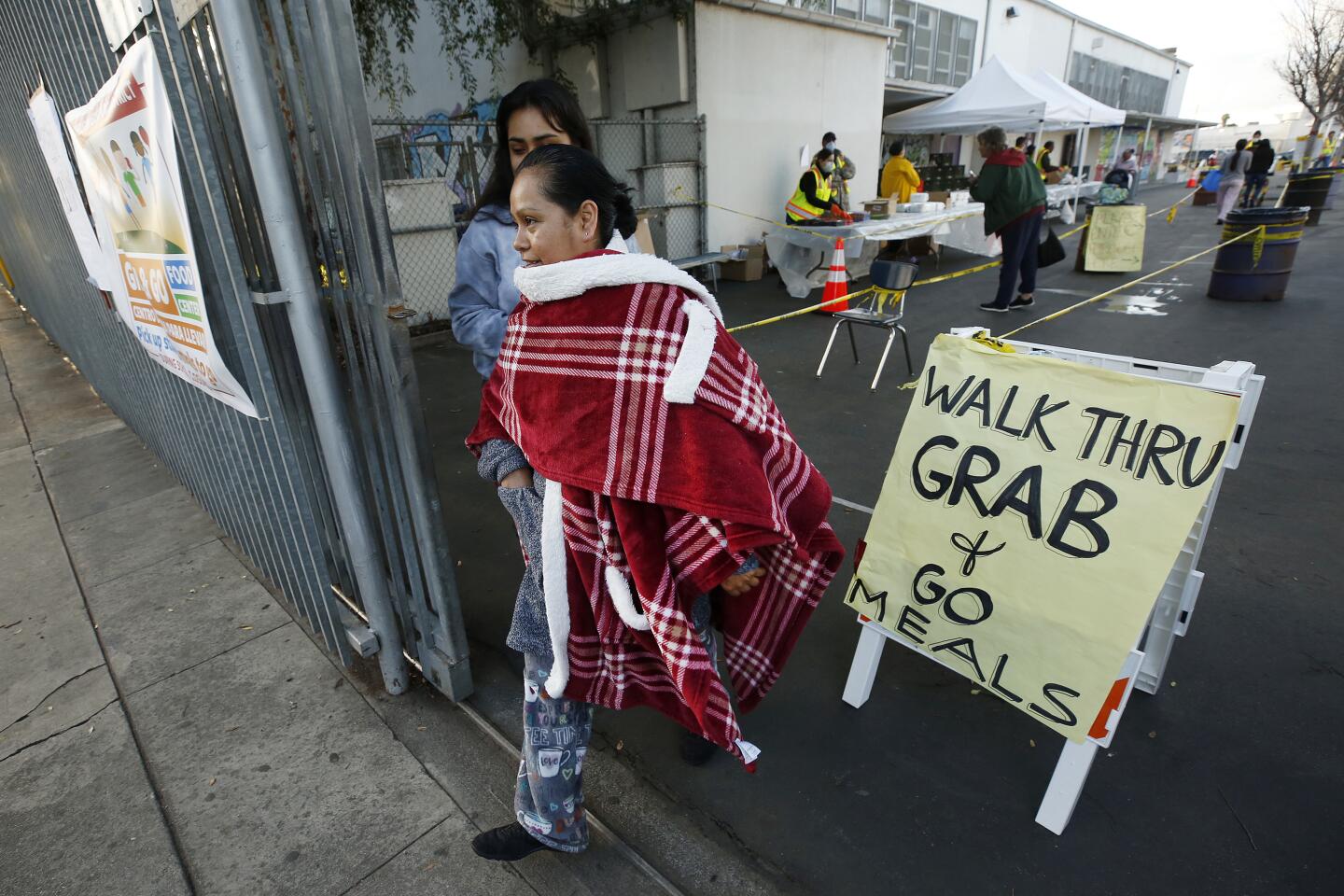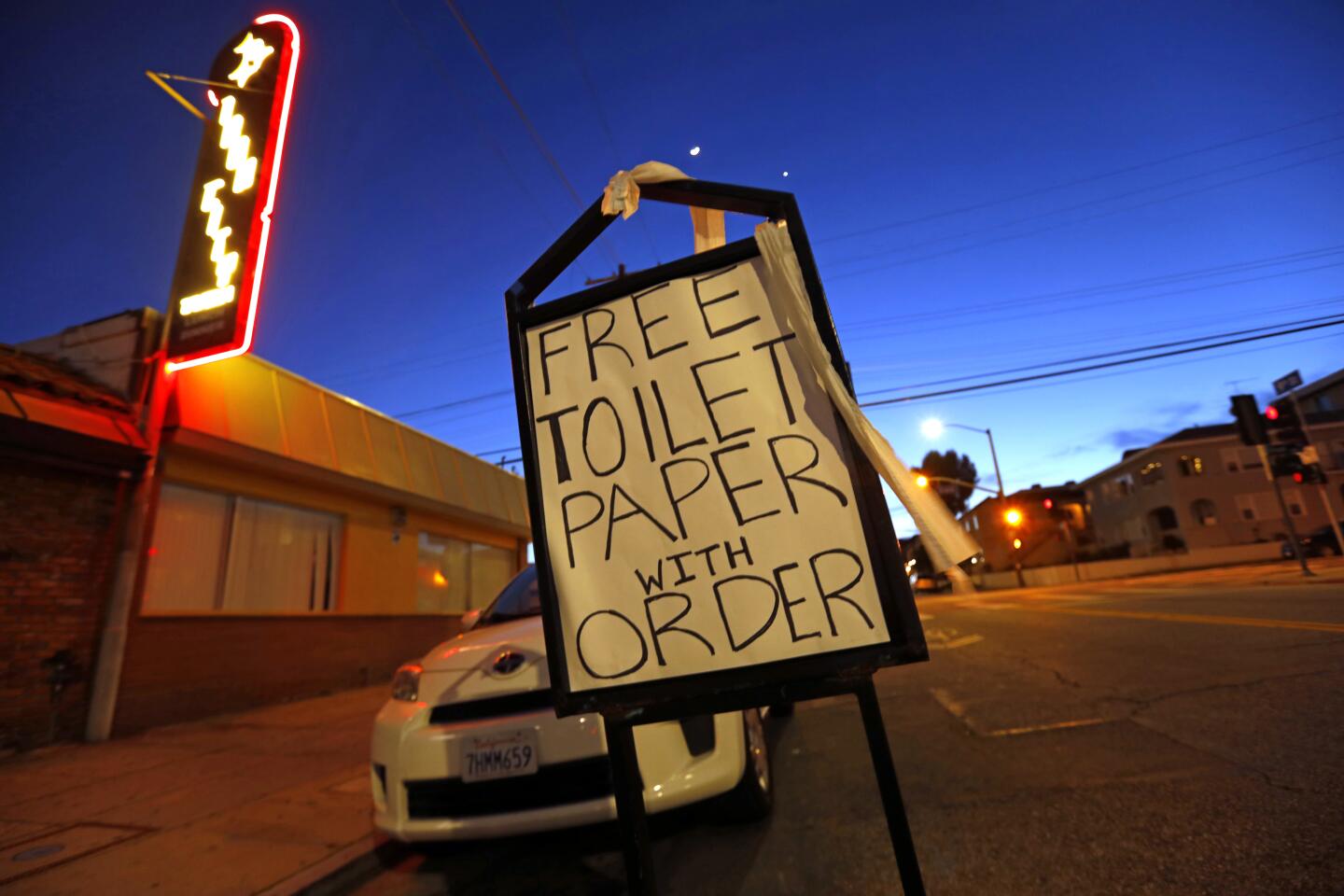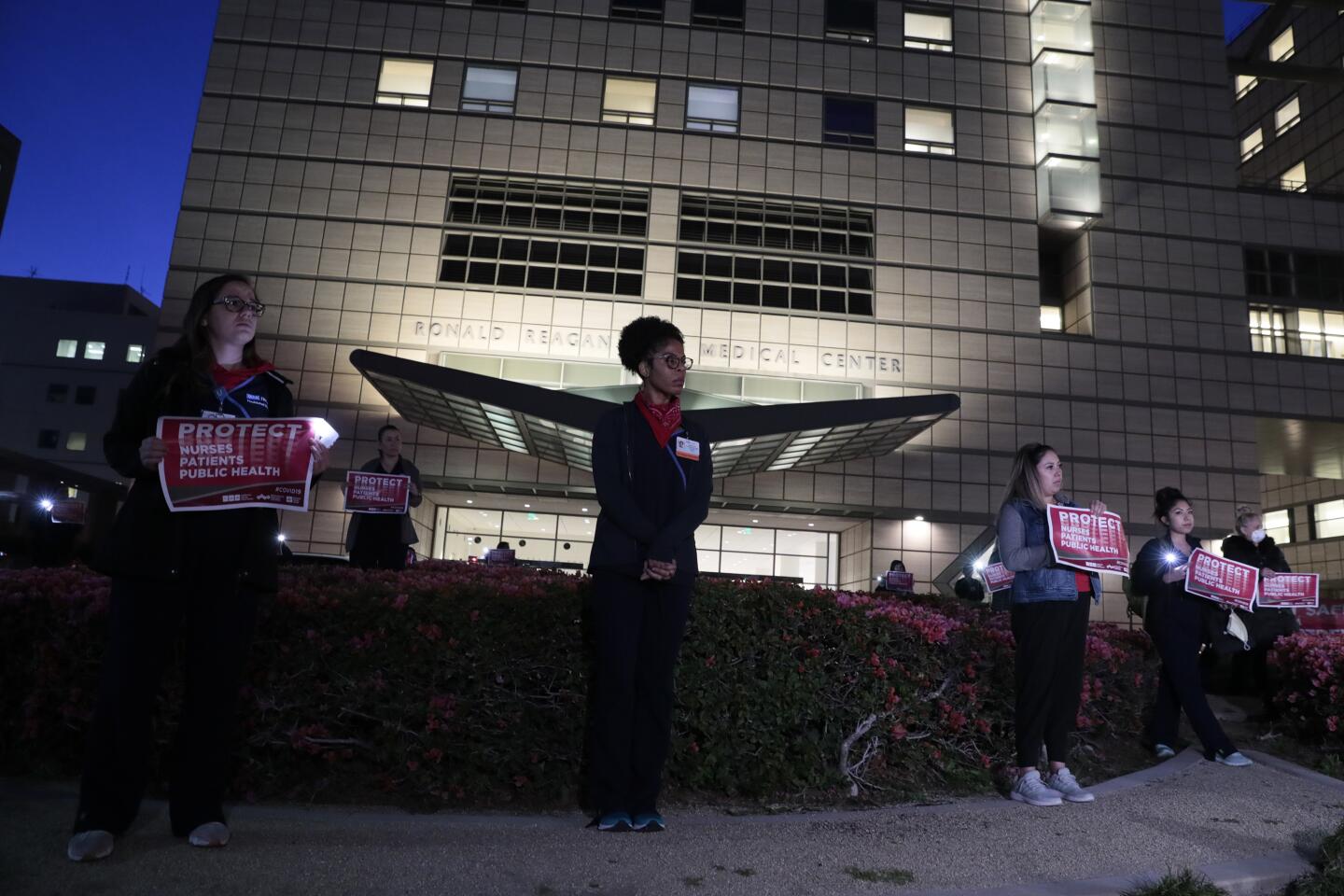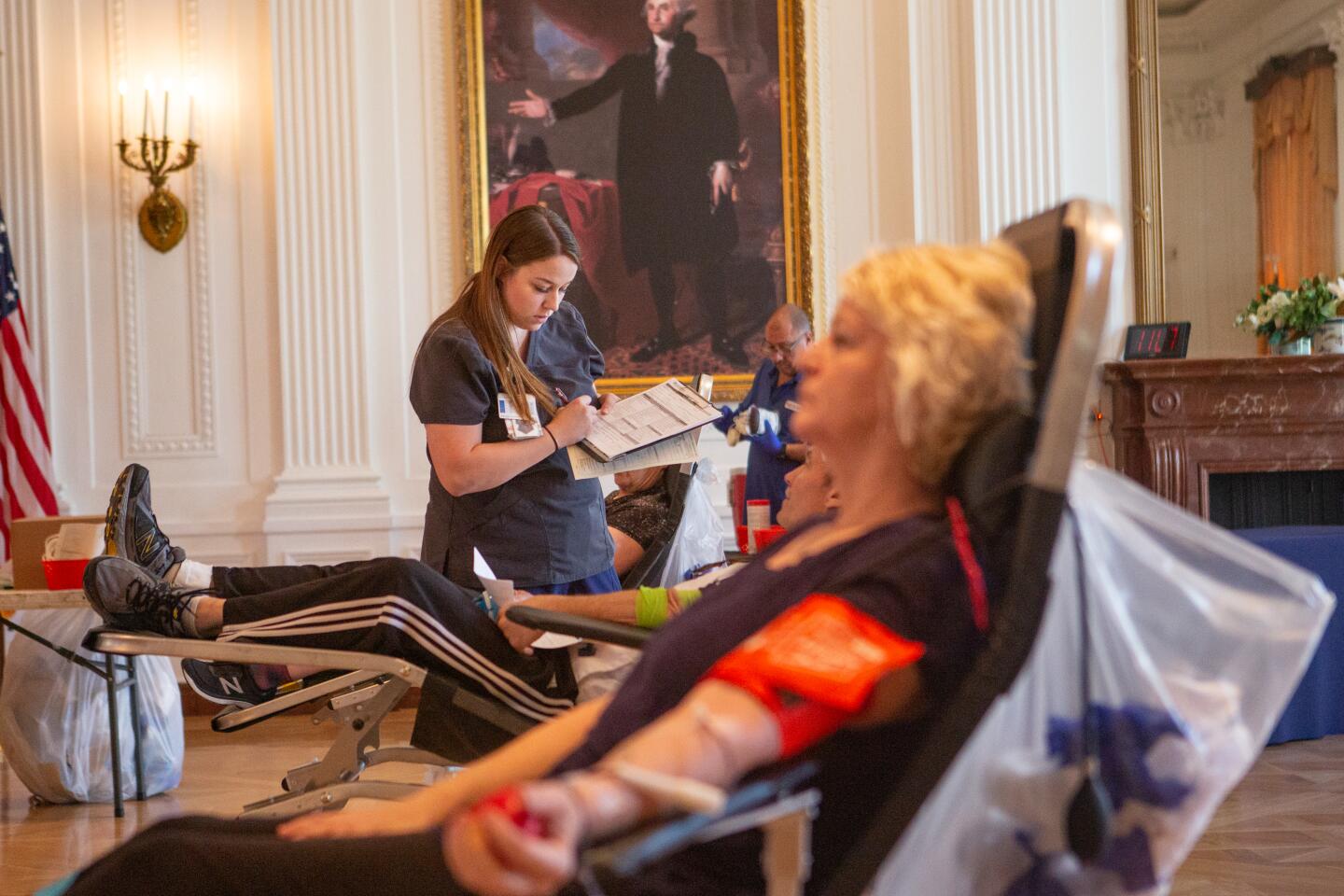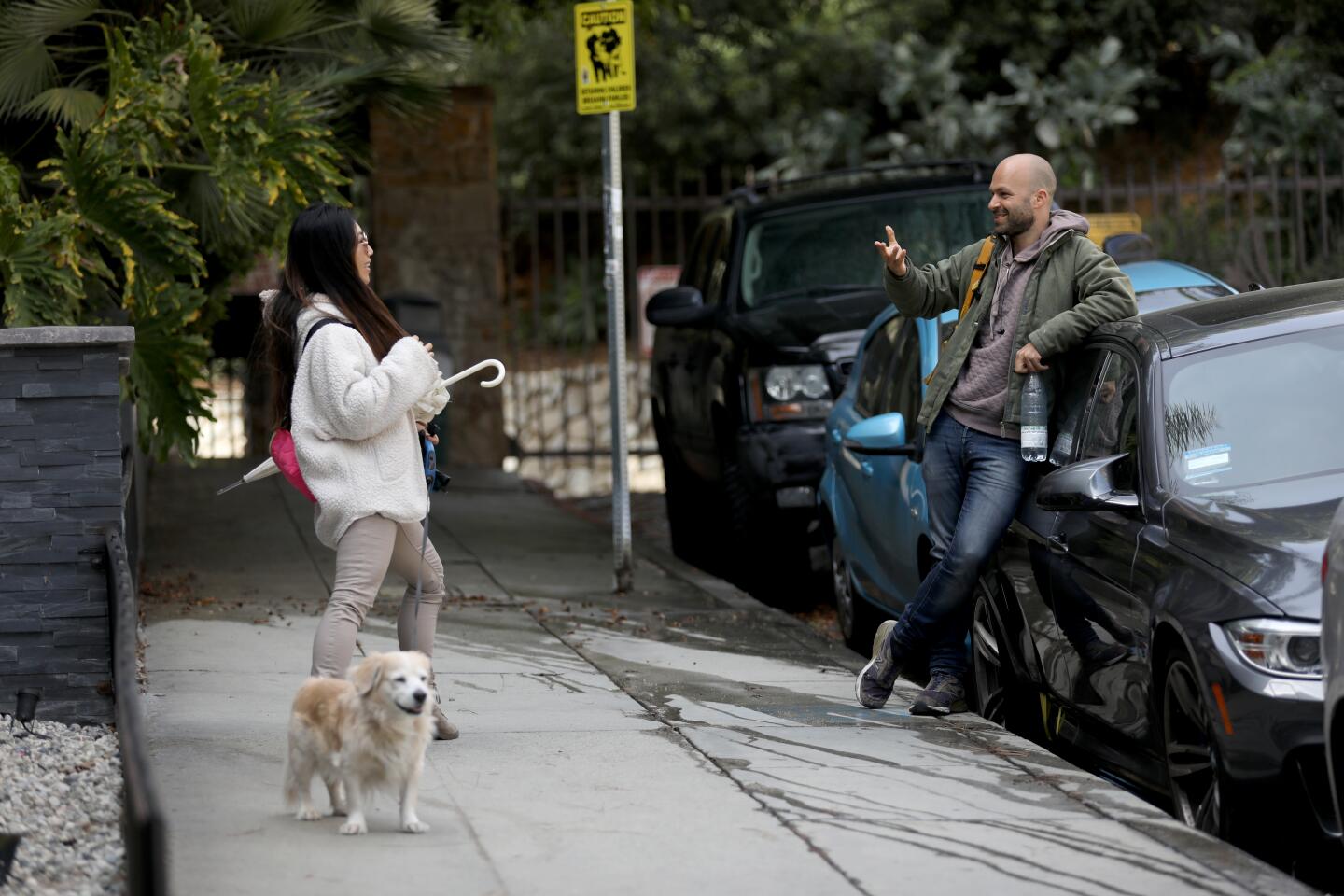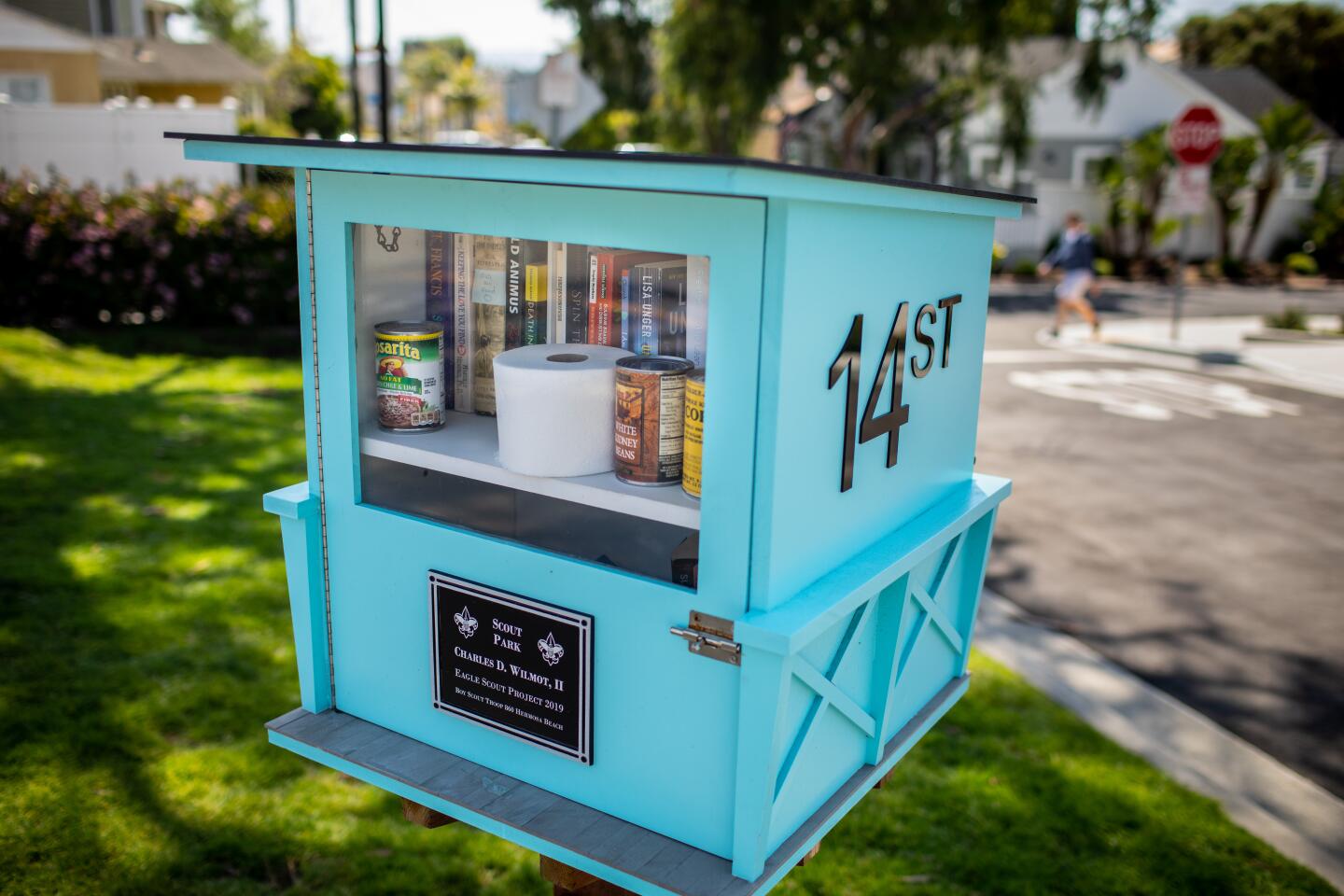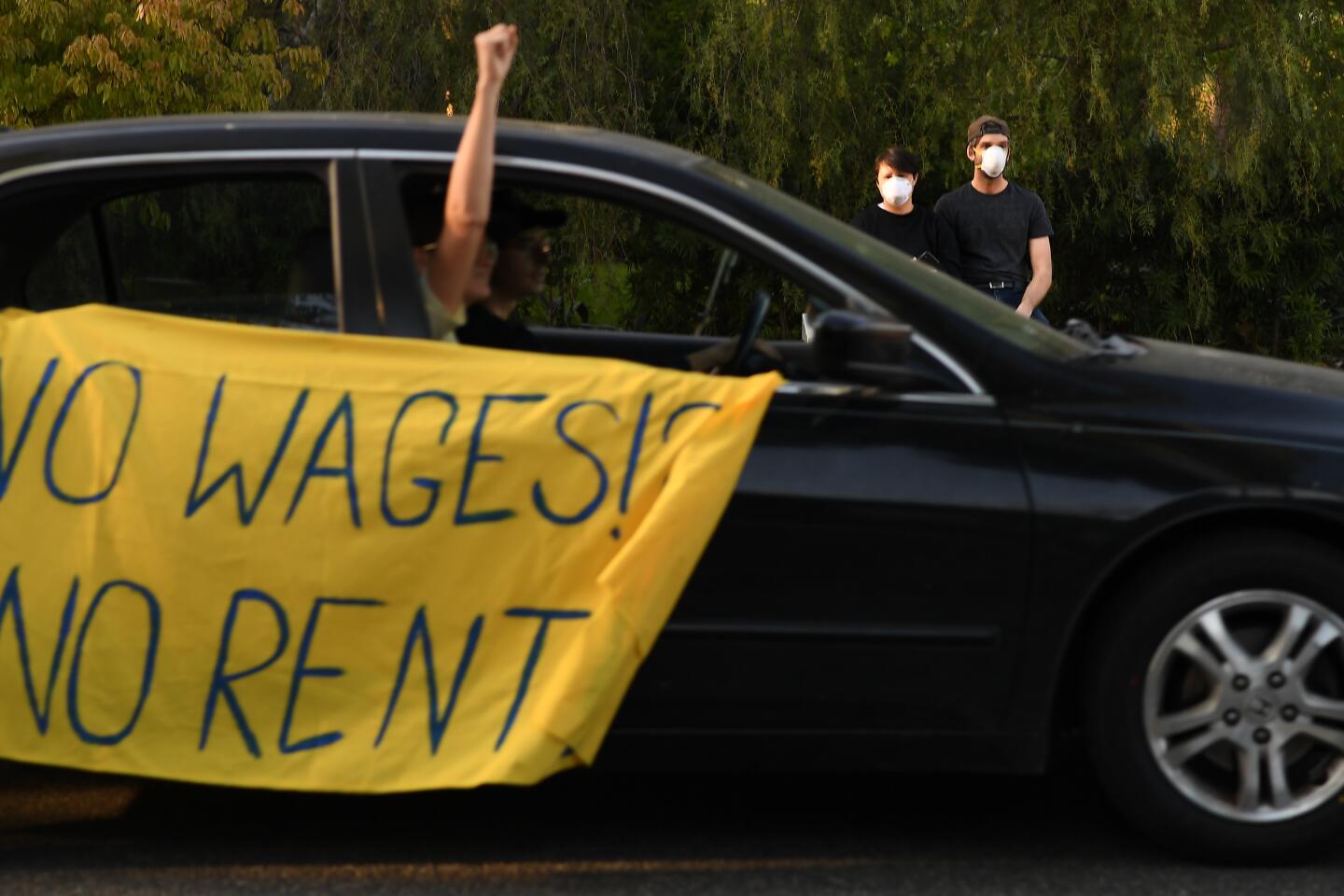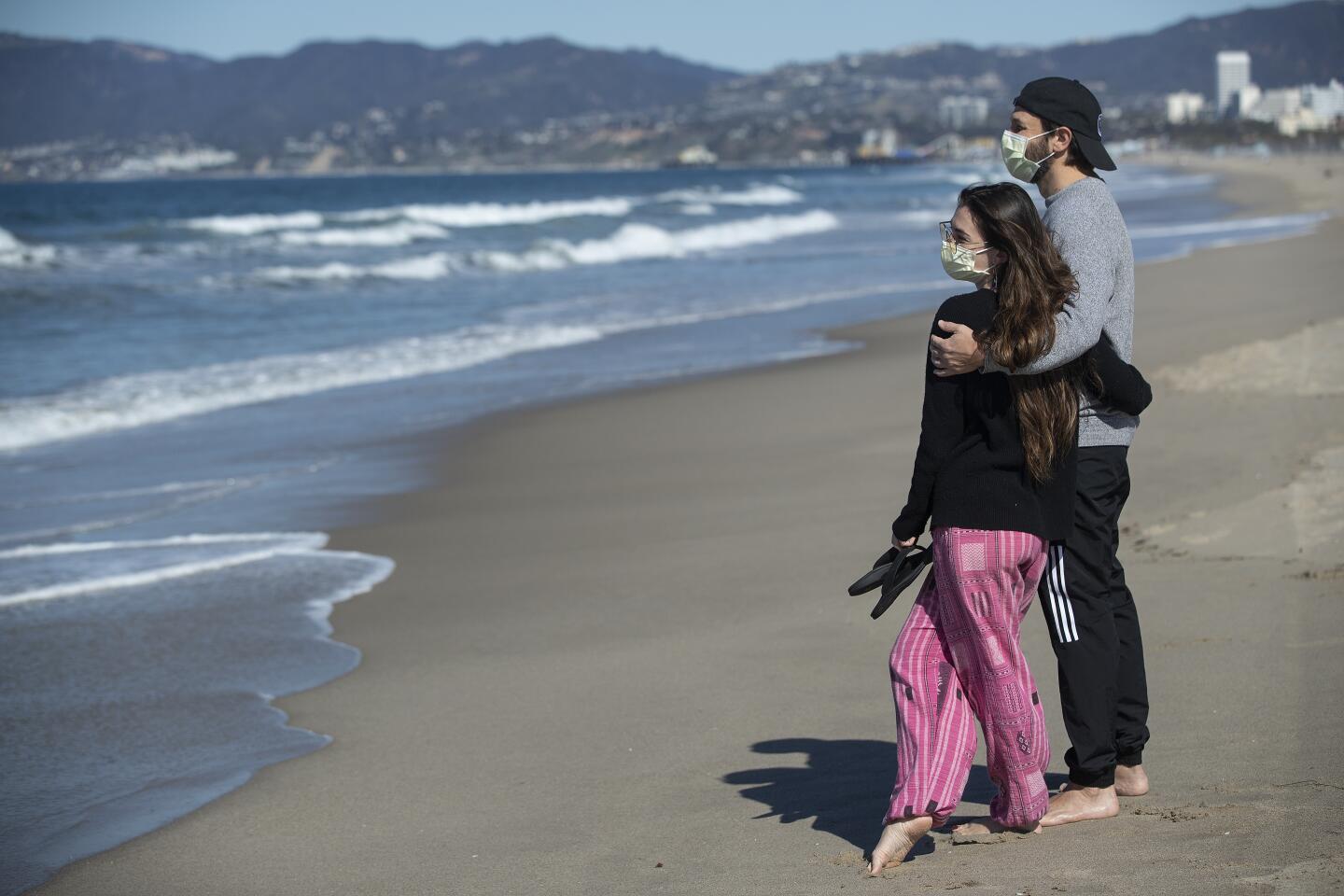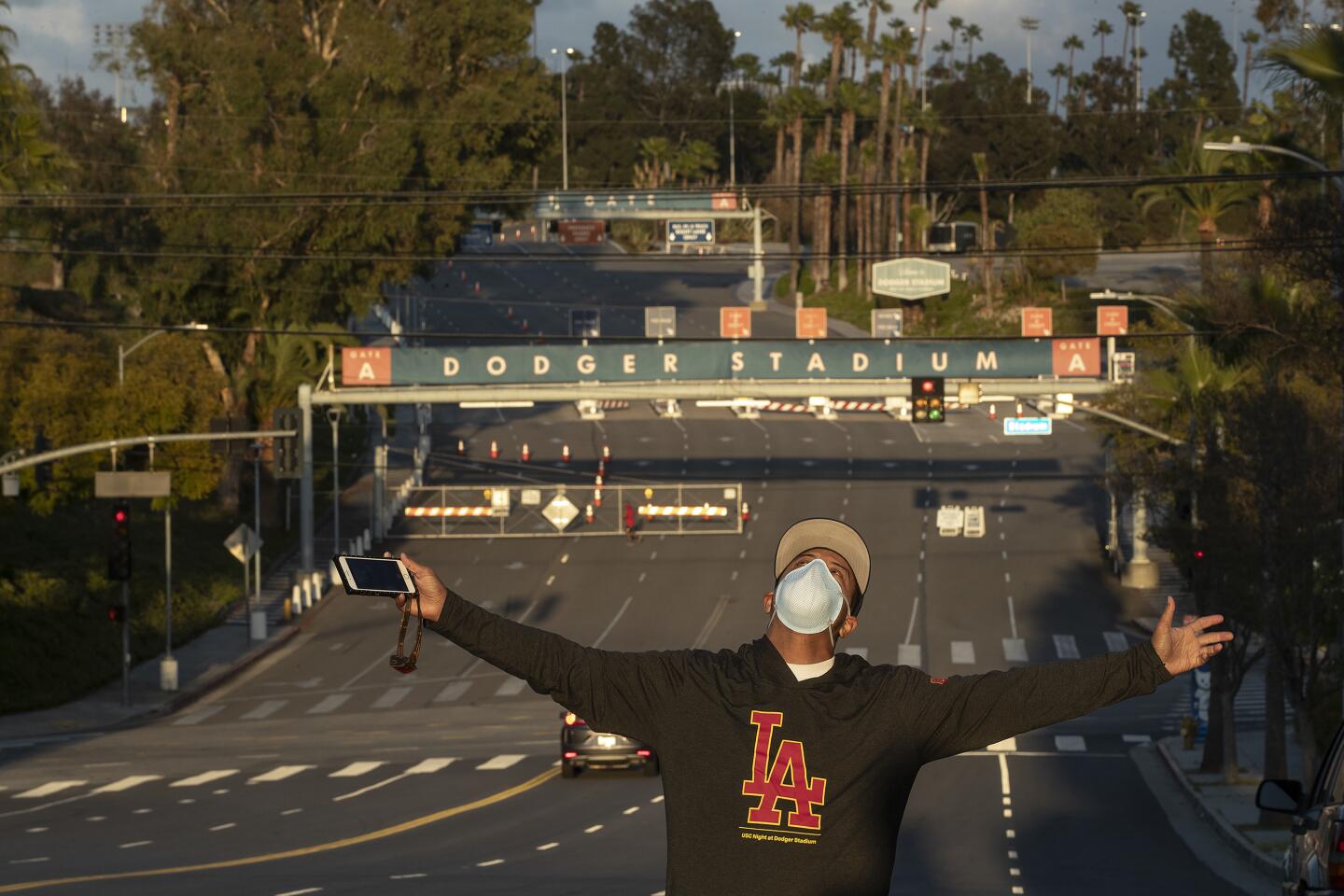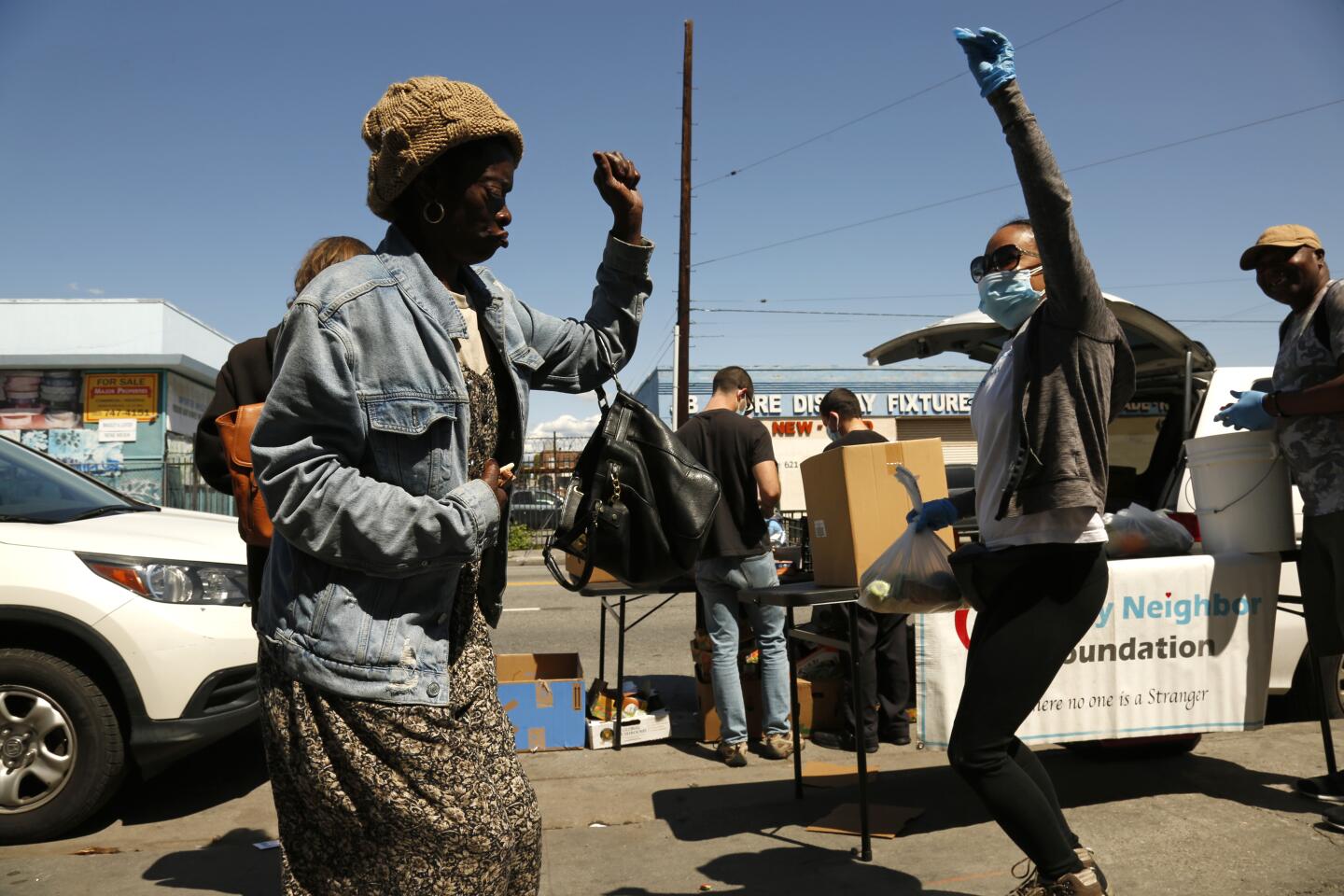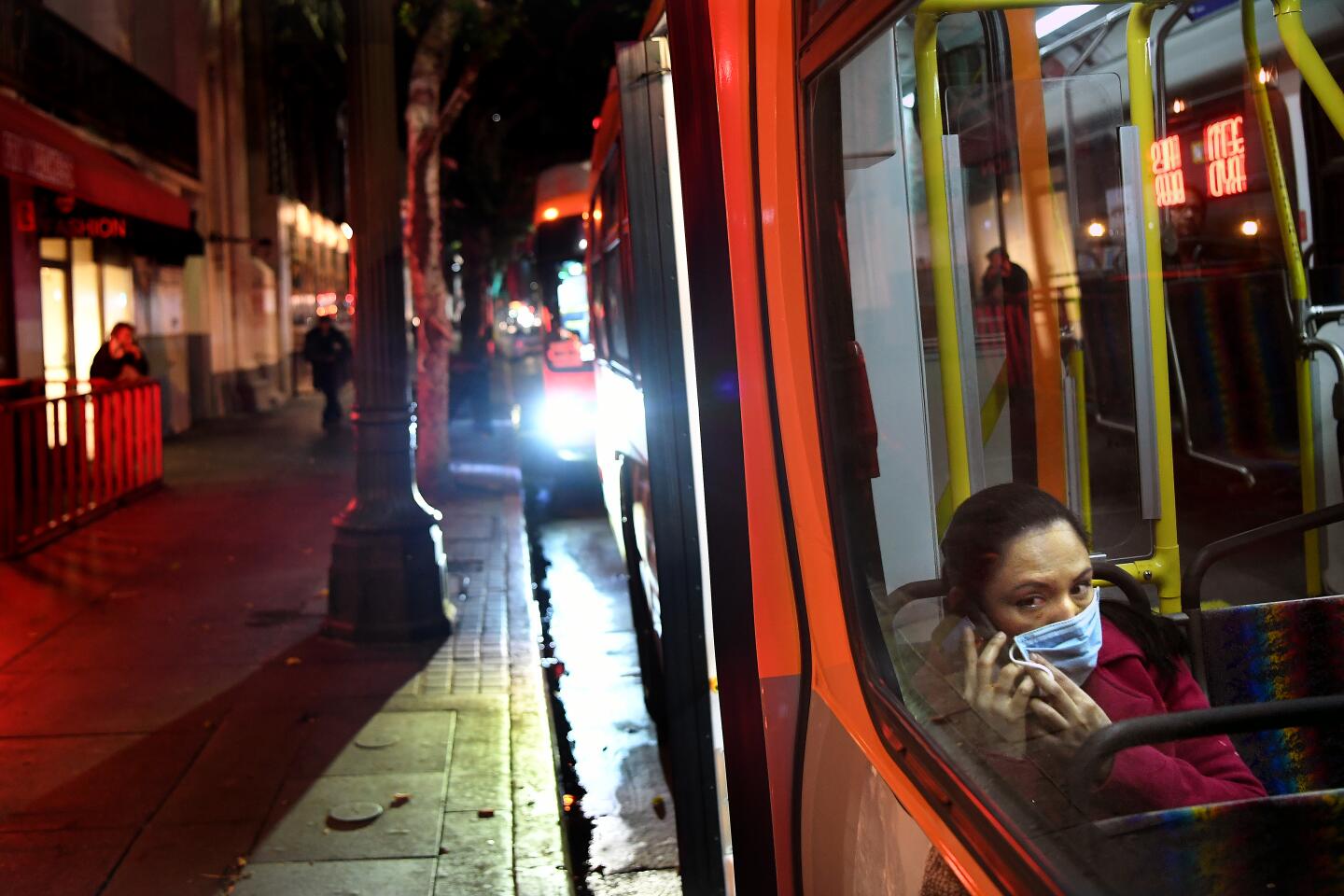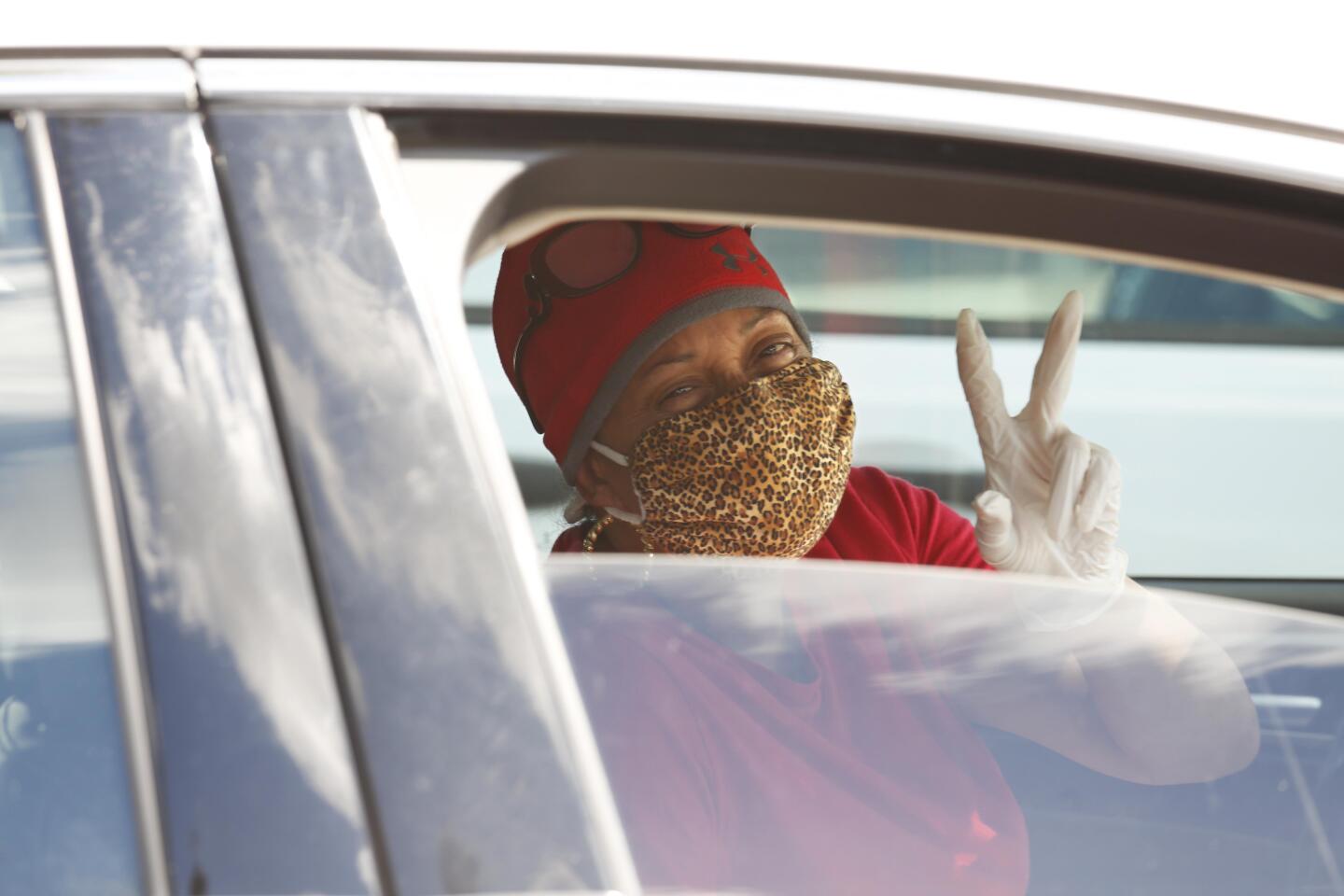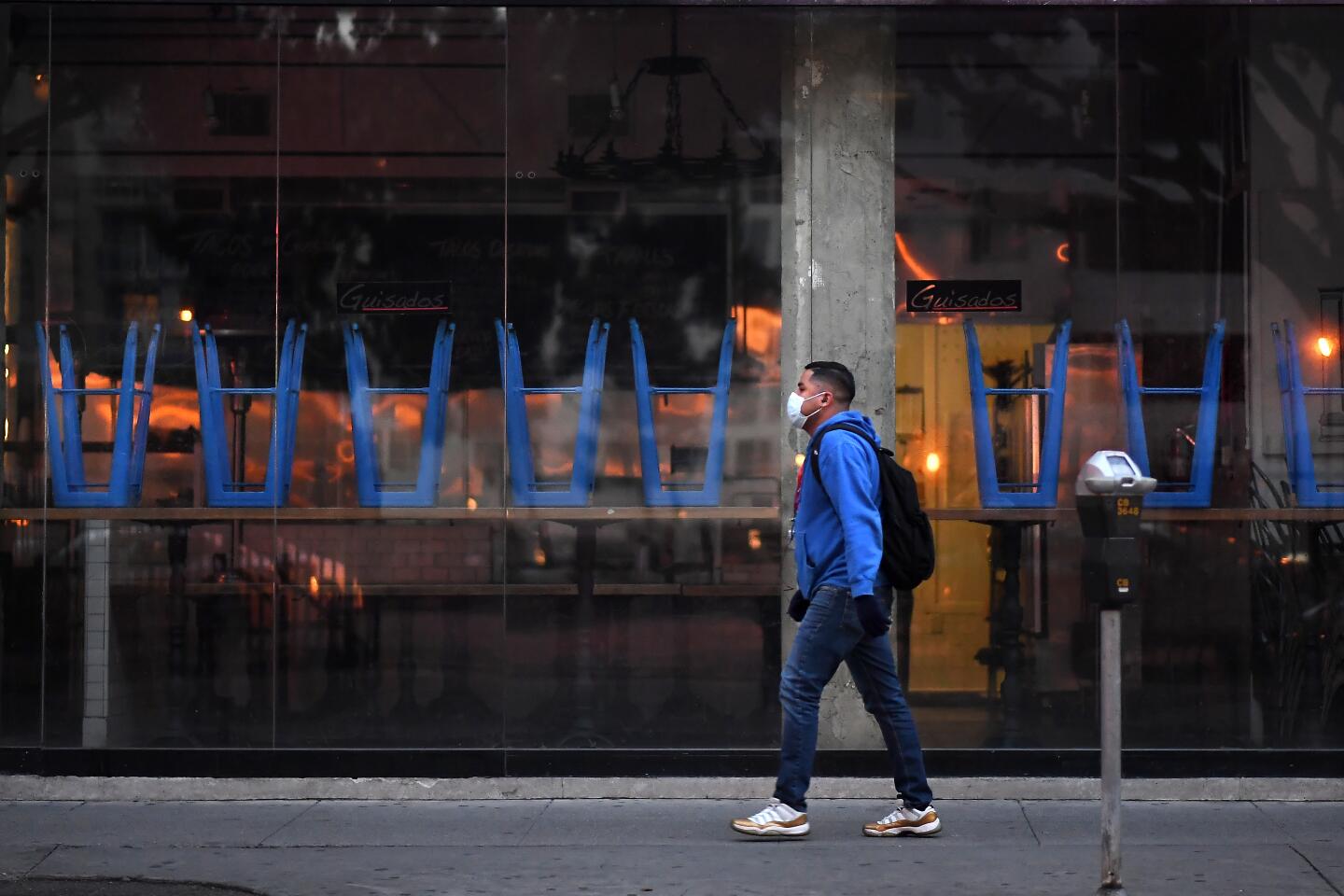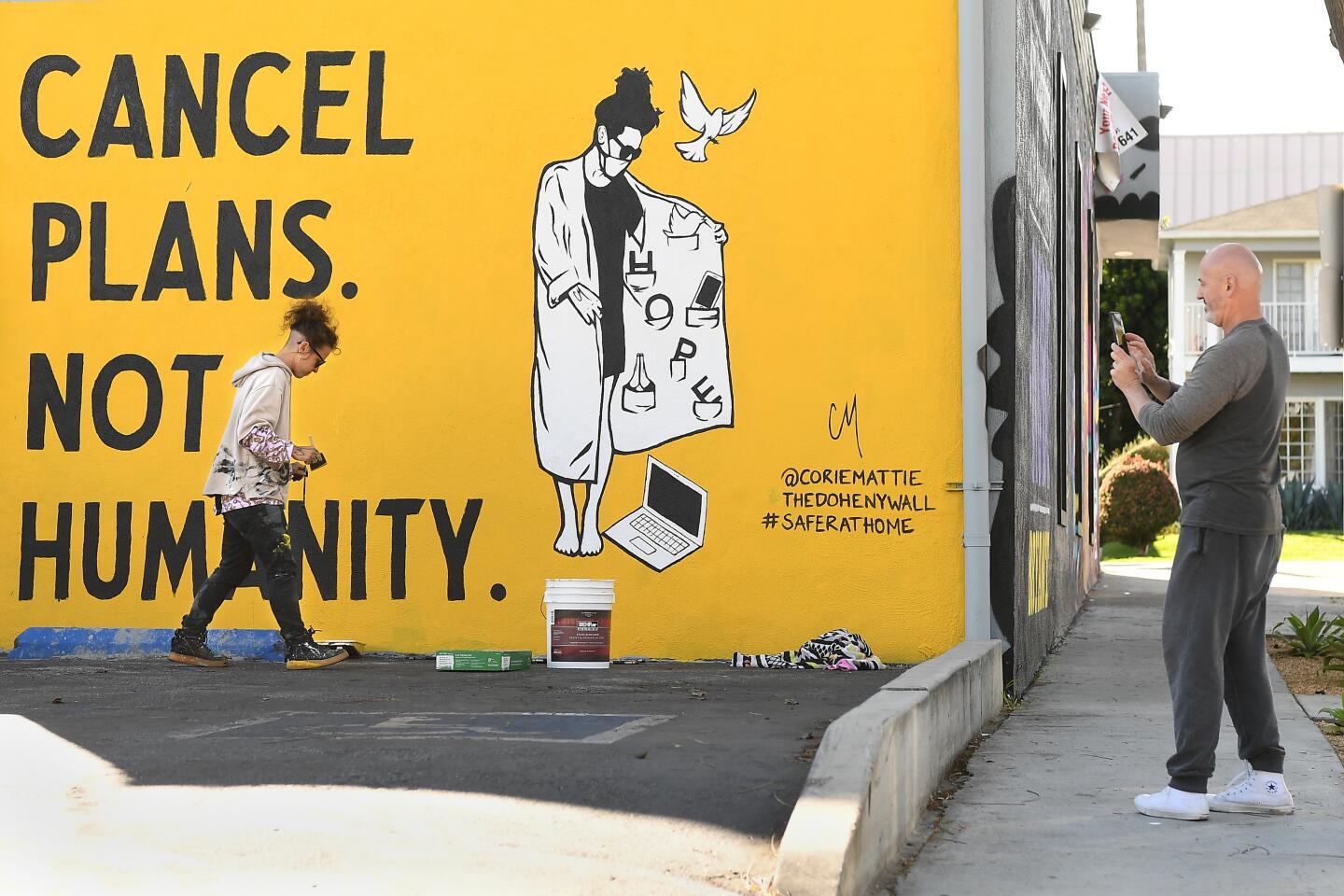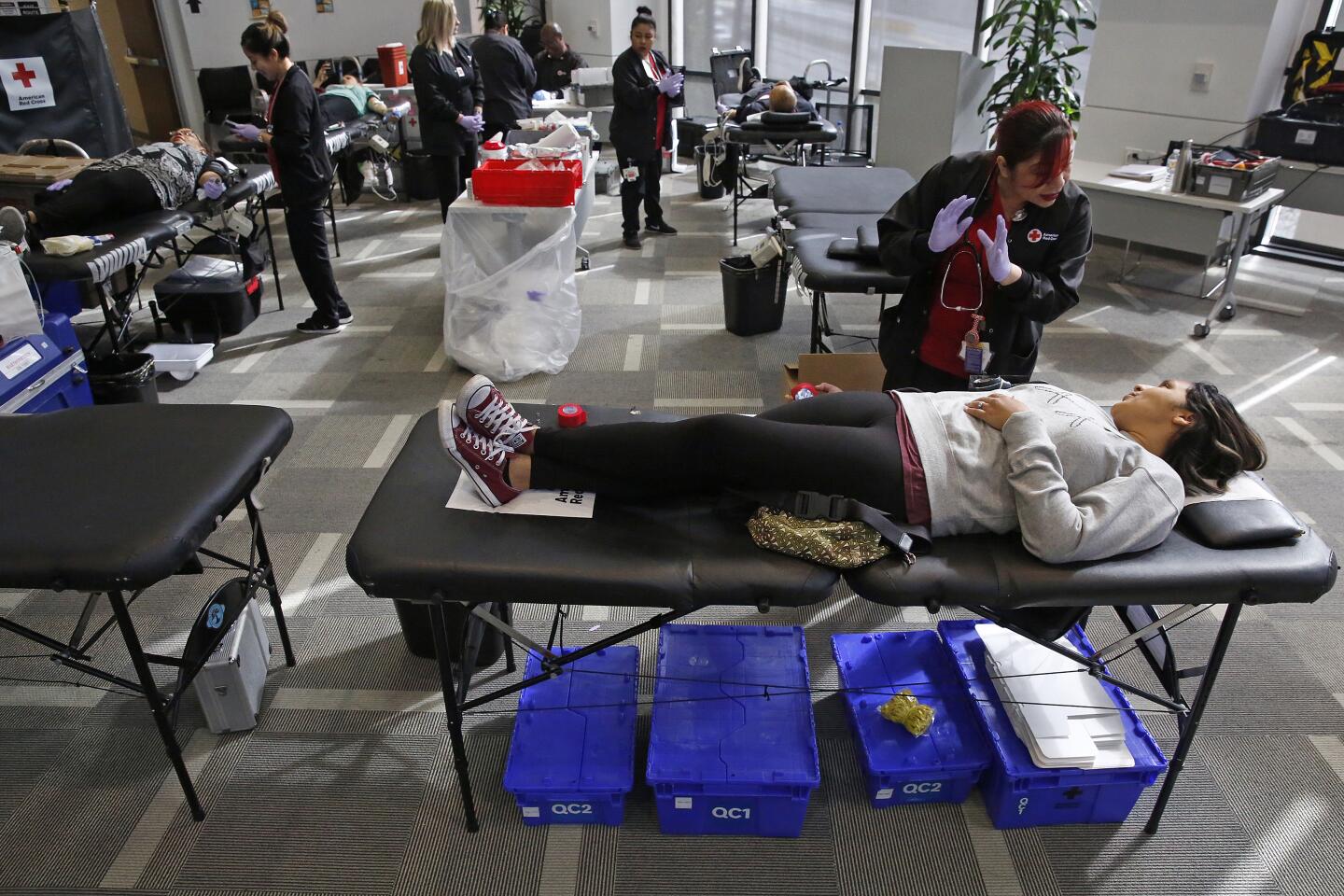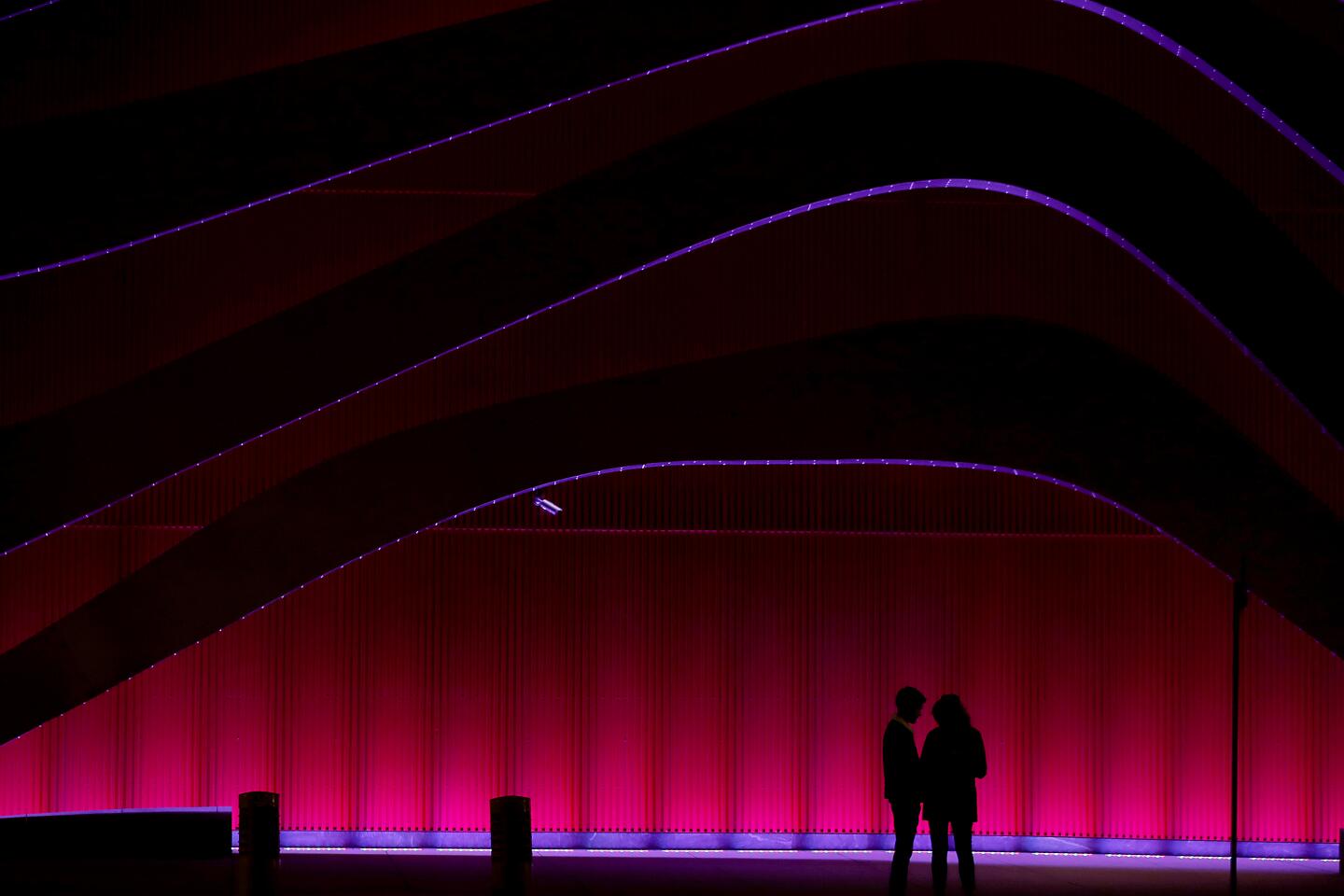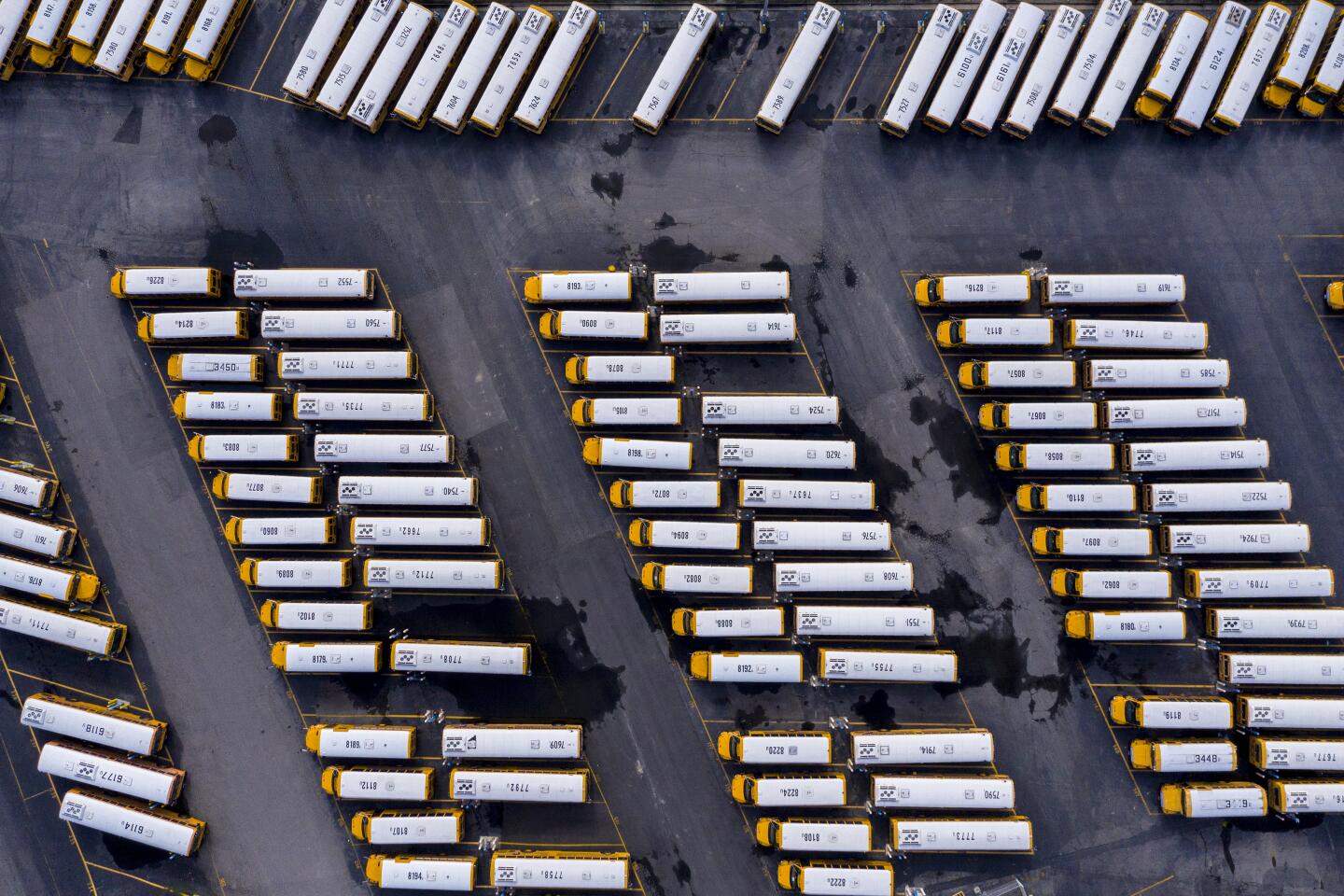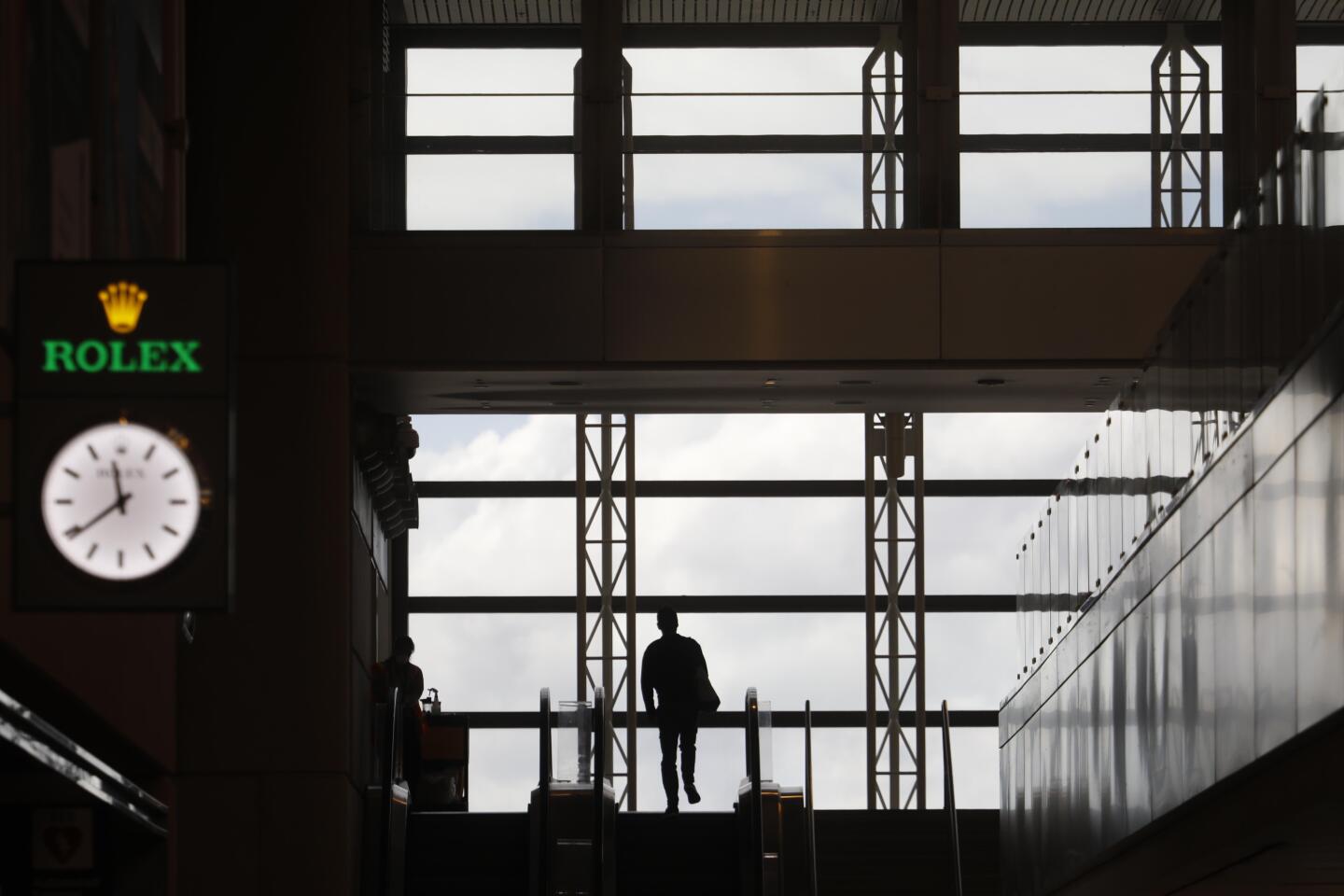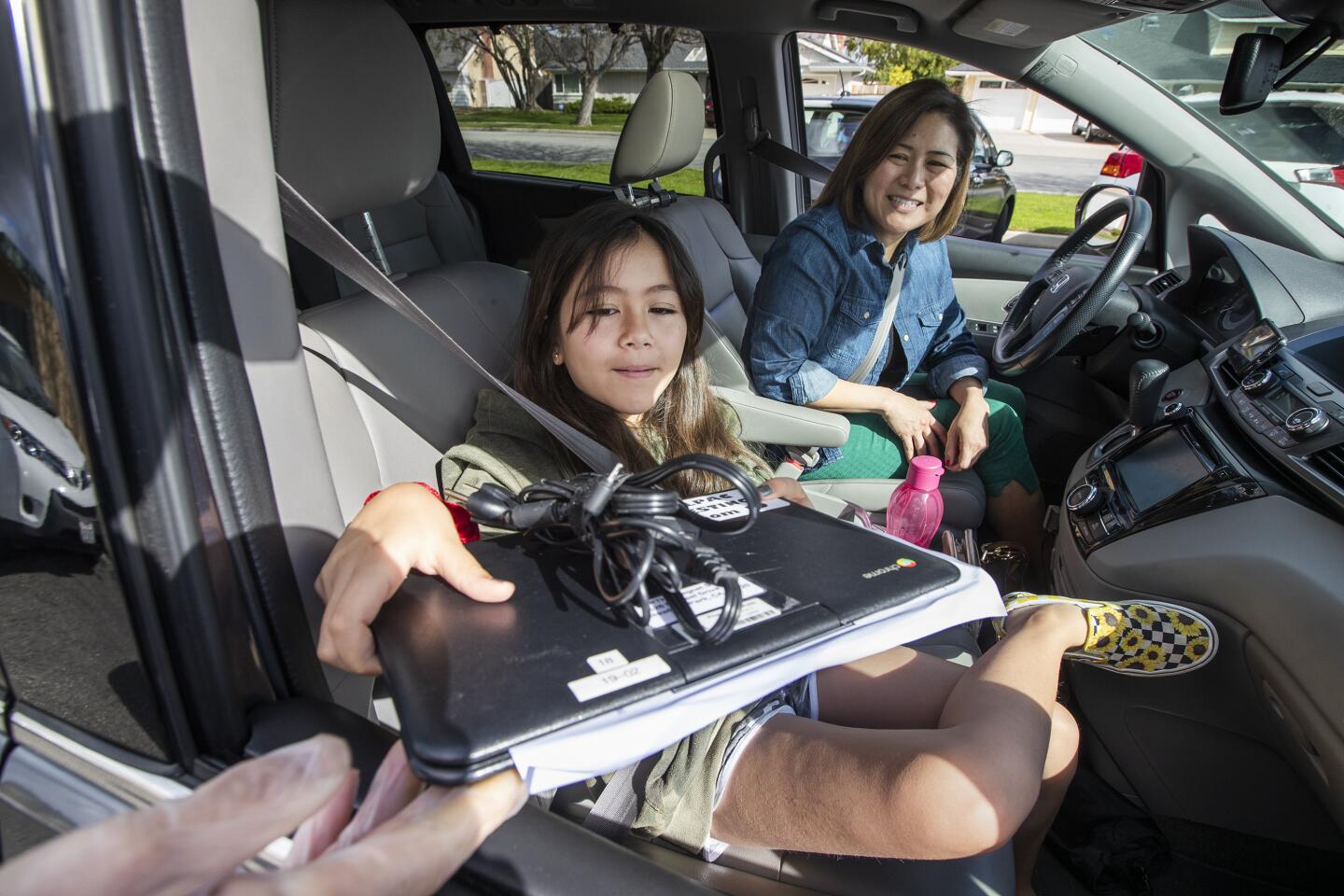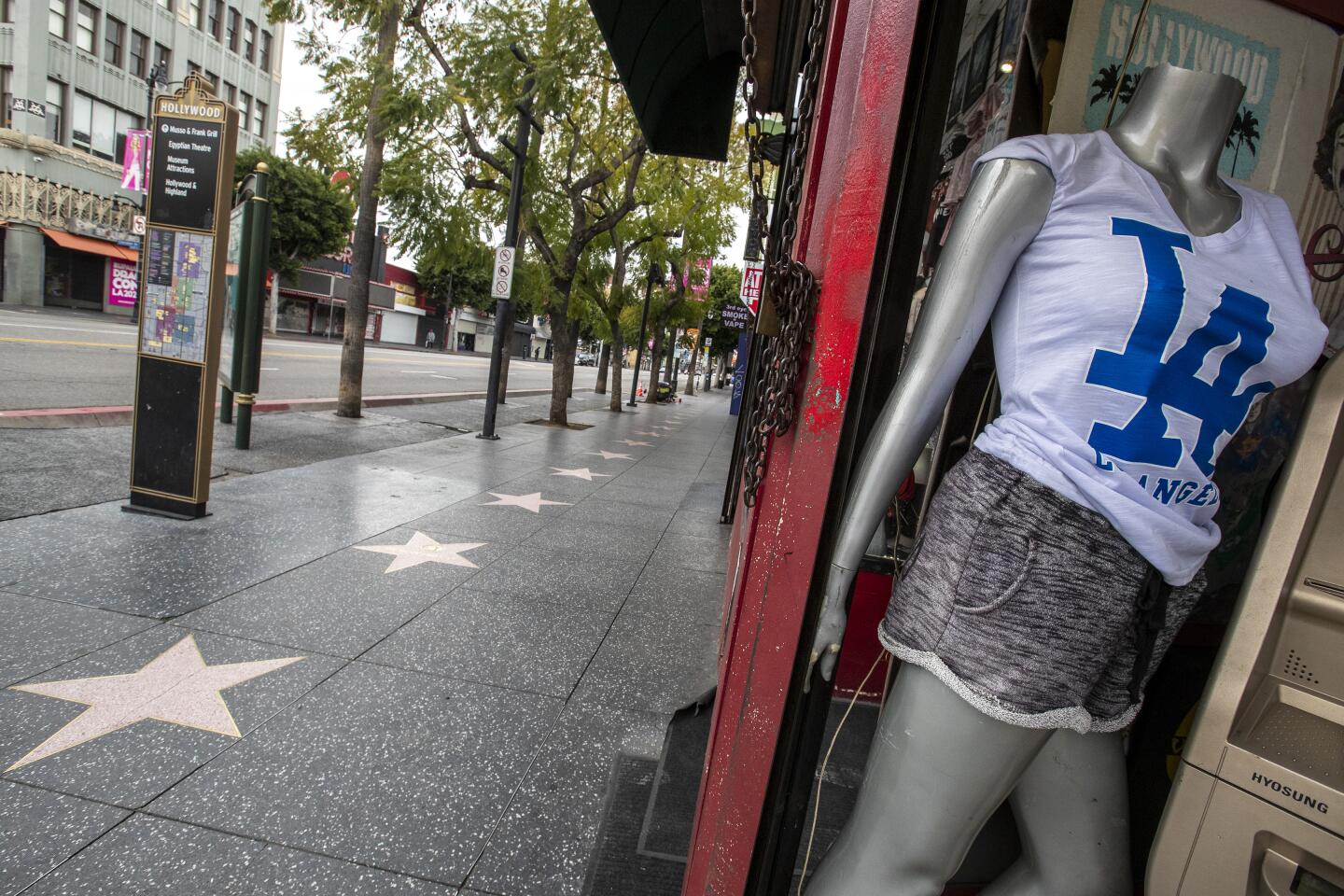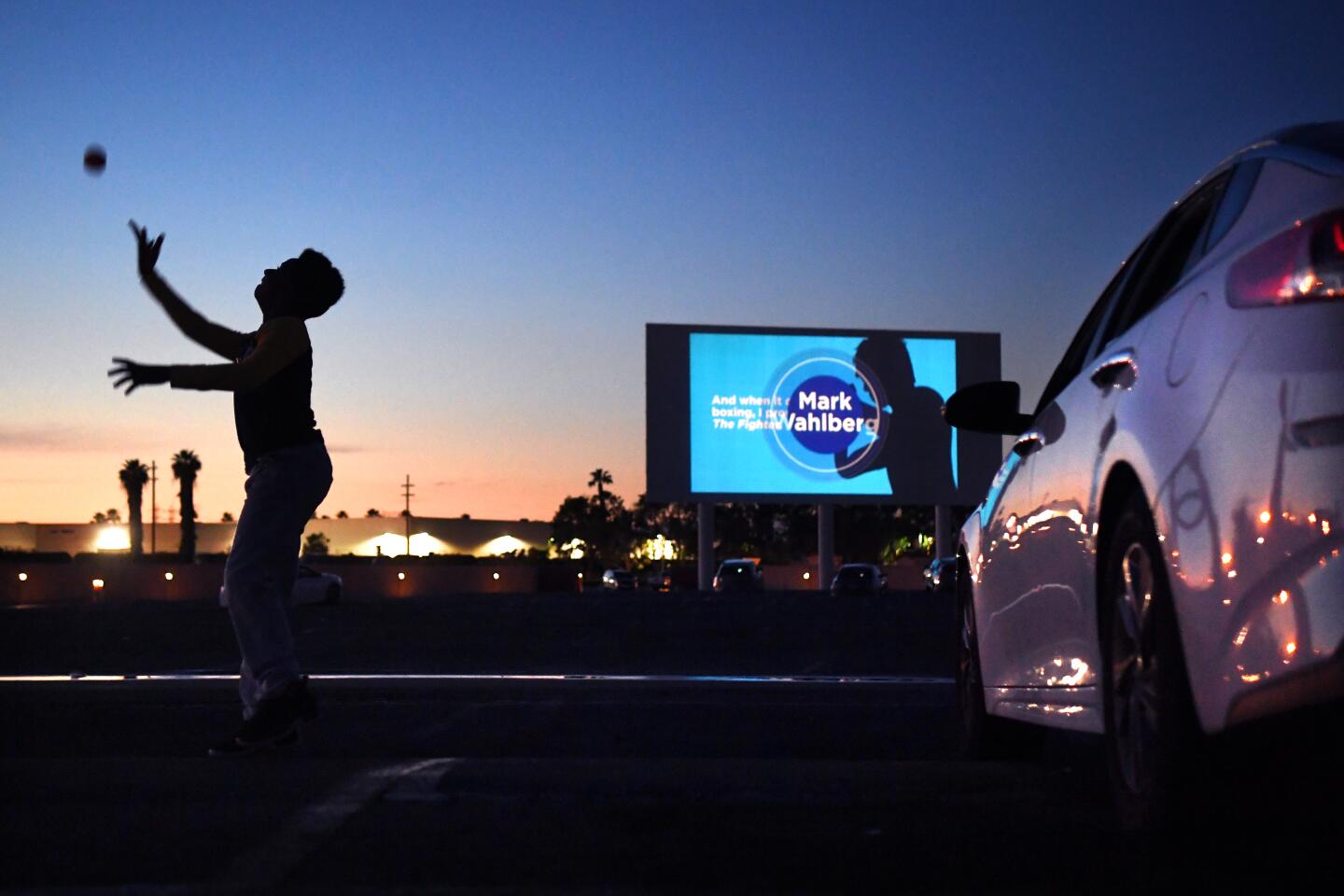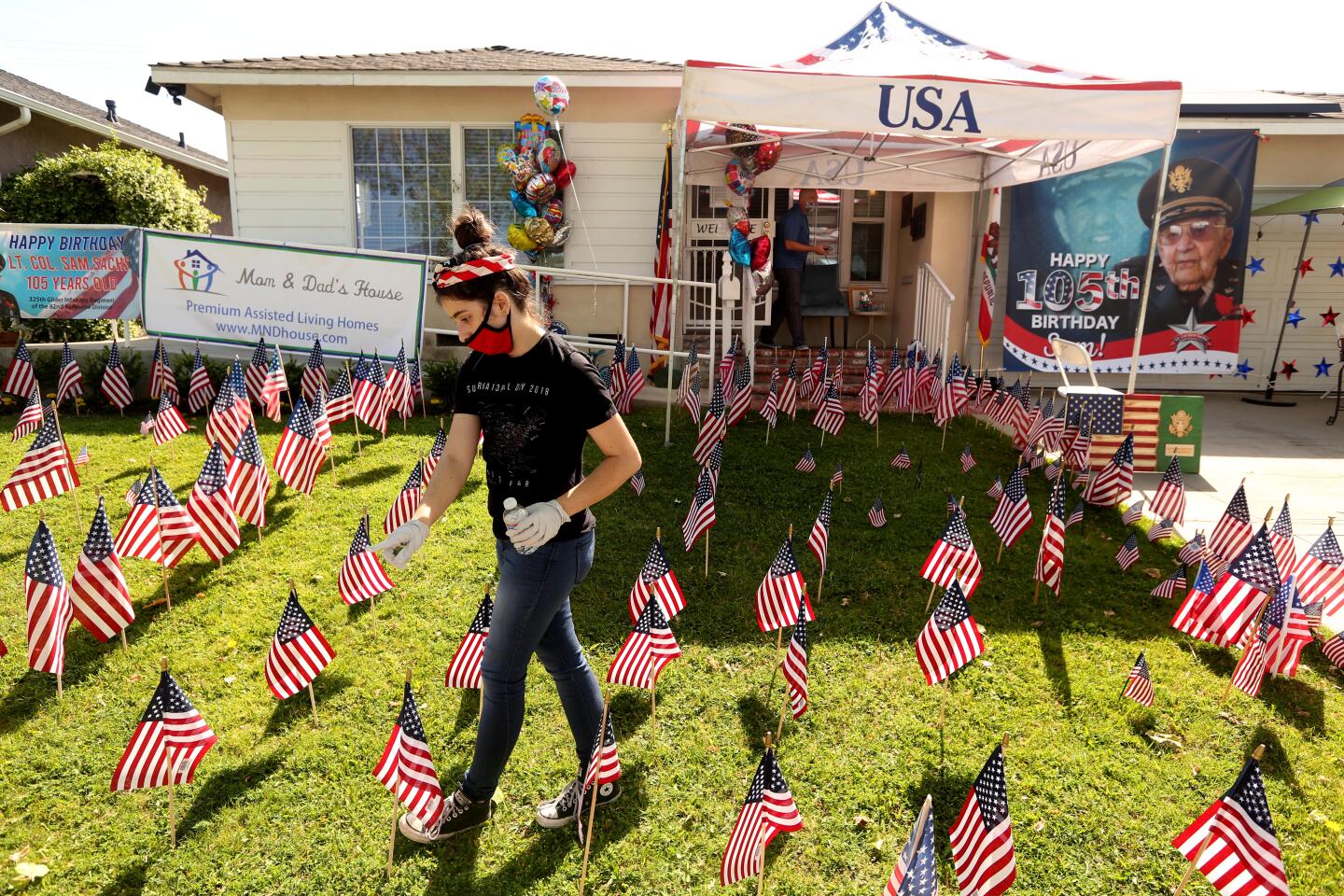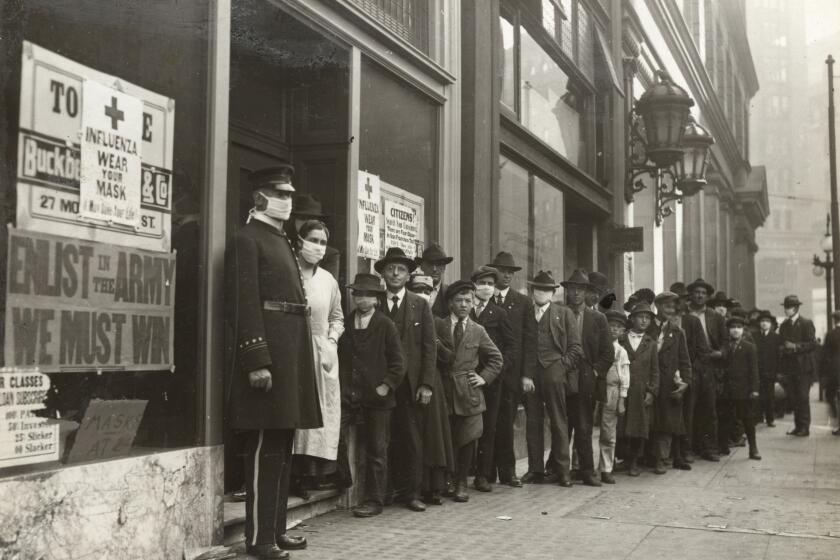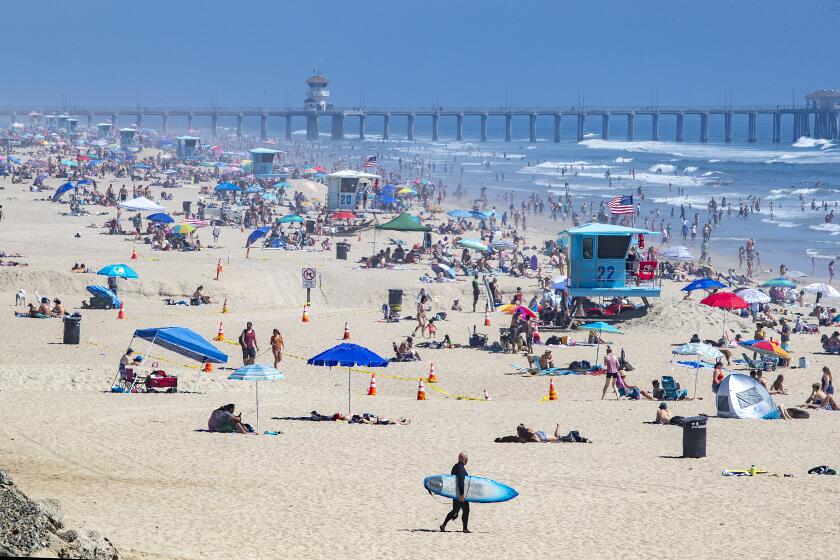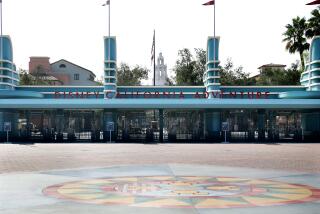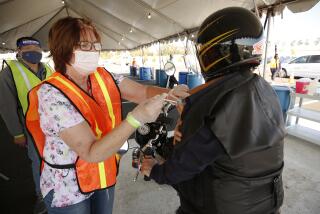When will California reopen? Here’s a reality check
- Share via
Gov. Gavin Newsom continues to get requests from some local officials in California who want to begin easing stay-at-home rules put in place to help slow the spread of the coronavirus.
Most of the calls to reopen have come from areas that haven’t been hit as hard by the outbreak as hot spots such as Los Angeles and the Bay Area, where many officials say they are concerned about the effects of restarting the economy too soon. That fear is echoed by many health experts, who say lifting social distancing prematurely could cause additional outbreaks.
California lessons from the 1918 pandemic: San Francisco dithered; Los Angeles acted and saved lives
San Francisco went mask crazy. Los Angeles shut down early and stayed closed longer, but not long enough. Some lessons from the 1918 Spanish flu.
While promising to review all requests by local governments to modify the statewide stay-at-home order, Newsom has been hesitant to pin any action to a specific date, saying reports on the spread of the virus, along with hospitalizations and deaths, would “drive our decision-making.”
Here is a snapshot of what’s going on across the state:
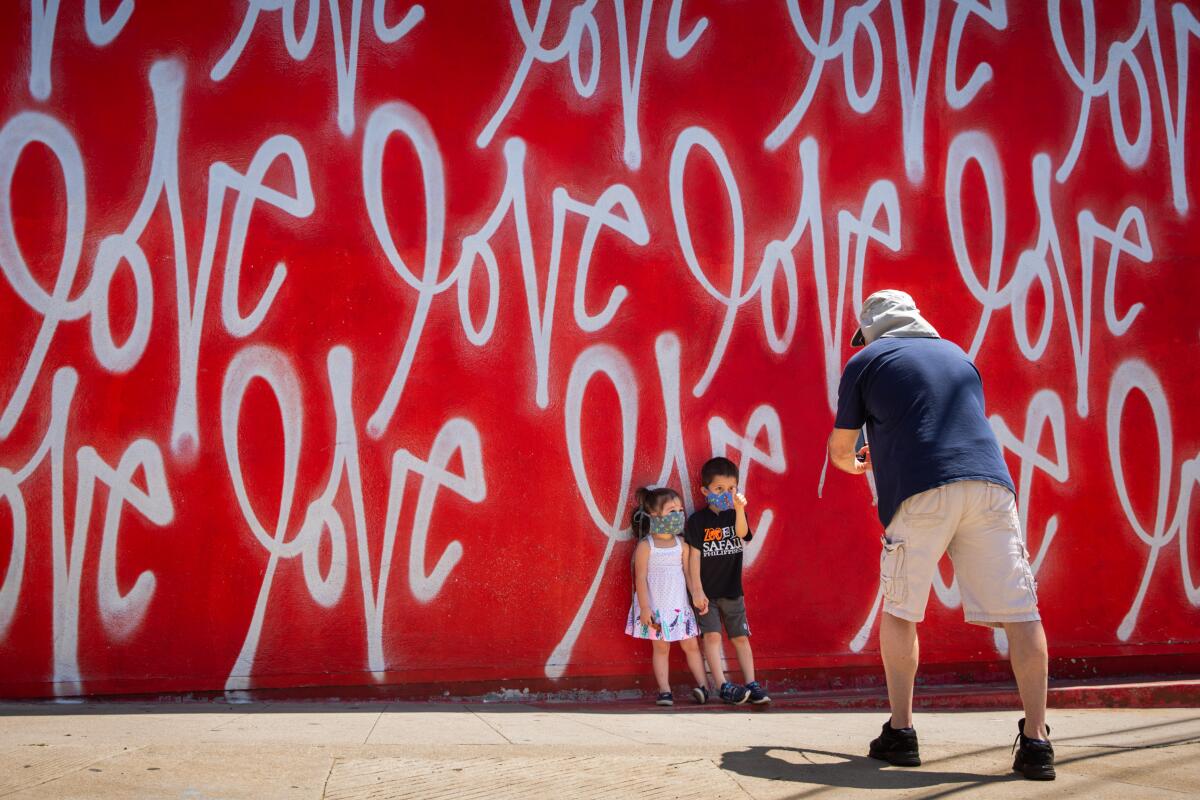
Los Angeles
Mayor Eric Garcetti seemed optimistic that social distancing measures were proving effective and said he believed “the curve really is beginning to flatten,” even suggesting that easing restrictions under the city’s Safer at Home order could be weeks away.
Testing capabilities continue to increase, according to Garcetti, who said asymptomatic essential workers — including delivery, ride-hail and taxi drivers — as well as journalists, would now be able to be tested for the virus.
“These are folks that are on the front line, helping us get where we need to go, delivering food to our apartments,” he said.
Los Angeles County wrapped up a week in which the number of deaths linked to the coronavirus doubled.
That number crept higher Monday, as county health officials confirmed an additional 29 deaths and 942 new cases. Public Health Department Director Barbara Ferrer said 11 of those deaths were among healthcare workers, and 92% of those who have died in the county had underlying health issues.
Ferrer has said the rising death count means staying home is more important than ever.
Bay Area
Six San Francisco Bay Area counties plan to keep stay-at-home orders through the end of May but will ease some restrictions, officials announced Monday.
“Thanks to the collective effort and sacrifice of the 7 million residents across our jurisdictions, we have made substantial progress in slowing the spread of the novel coronavirus, ensuring our local hospitals are not overwhelmed with COVID-19 cases, and saving lives,” a statement by Bay Area health officers said.
The statement was sent on behalf of health officers for Alameda, Contra Costa, Marin, San Francisco, San Mateo and Santa Clara counties as well as the city of Berkeley, which has its own health department separate from Alameda County’s.
The statement did not elaborate on what kinds of restrictions would be eased.
San Francisco Mayor London Breed said she understood it would be challenging to endure another month of staying at home as much as possible.
“It has already been very difficult, I’m sure for many of you, especially kids who cannot play with their friends or a lot of the seniors who are graduating high school. The kids who want to go to the parks. Not being able to see your grandma or grandpa,” Breed said Monday. But, she said, “public health is our priority.”
North Bay
Two northern Bay Area counties also extended their stay-at-home orders. Solano County, which includes Vallejo and Fairfield, extended its order through May 17.
Napa County announced its stay-at-home order will now be in effect indefinitely, but with the following changes:
• Permits construction with proper physical distancing.
• Permits drive-in religious services with proper physical distancing.
• Permits in-person residential real estate viewings with proper protocols.
• Permits landscaping and gardening maintenance that is not purely for cosmetic purposes.
• Allows the use of golf courses and driving ranges with documented protocol.
• Strongly recommends the use of cloth face coverings when outside the home.
North state
Elected officials in Butte, Glenn, Tehama, Yuba, Sutter and Colusa counties in Northern California are among those who’ve asked Newsom to ease restrictions.
They say that cases and deaths in the region appear to have stabilized and that the stay-at-home order should be modified in those areas to help restart the economy.
They said that as of Friday, there was only one coronavirus patient in the intensive care unit at local hospitals.
“At this point, given the COVID-19 numbers locally — and our enhanced healthcare capacity — we ask you to allow our counties to exercise local authority to implement a careful and phased reopening of our local economies,” the letter said.
Central Coast
Last week, San Luis Obispo County officials asked Newsom to begin a slow and gradual reopening process, one they say is guided by science, but also recognition that their region might be in better shape to ease stay-at-home rules faster than more populous areas such as Los Angeles County and Silicon Valley.
Santa Cruz County earlier this month eased some rules on beach access but urged those who went to follow social distancing.
A UCLA medical epidemiologist and infectious disease expert discusses a possible timeline for reopening California after the coronavirus shutdown.
Central Valley
A group of cities in Stanislaus County last week sent Newsom a letter proposing steps to loosen restrictions, saying that “a reopening process that may fit, and make sense, for Los Angeles and our neighboring Bay Area regions does not work for our county. Stanislaus County is nothing like the regions of San Francisco or Los Angeles.”
The cities suggested a first phase of reopening parks, churches and other houses of worship, restaurants, car washes and some other businesses, all following strict social distancing rules.
San Diego County
Some beaches in San Diego County were reopened Monday, and officials said for the most part, those who came out followed social distancing rules.
“I’m happy to report you stayed classy, San Diego,” Mayor Kevin Faulconer said.
San Diego is still seeing growth in coronavirus deaths and cases.
The mayor said lifeguards and police officers were out in force, prepared to educate residents about what is and isn’t allowed — but it was largely unnecessary.
Lifeguard Chief James Gartland said that while the water was crowded during the early morning, it thinned out as the day progressed. Although most people followed the rules, he added that there were some “trouble spots” on boardwalks and at pocket beaches.
San Diego County has also been the scene of several protests calling for the reopening of the economy.
Southern California had its first big heat wave over the weekend, but L.A. County beaches are closed due to the coronavirus pandemic. Beaches in nearby counties were open, however. Here are a few scenes from the weekend.
Orange County
Thousands flocked to Orange County beaches this weekend, raising eyebrows. Orange County and Ventura County had beaches open during a heat wave, while Los Angeles County kept its beaches closed.
Newsom on Monday criticized Californians who flocked to the beaches and defied the statewide stay-at-home order. He vowed to increase statewide enforcement, if necessary.
“This virus doesn’t take the weekends off,” Newsom said. “The only thing that will set us back is people stopping to practice physical distancing and appropriate social distancing. That’s the only thing that’s going to slow down our ability to reopen this economy.”
Sandy stretches in Newport Beach could be off-limits over the next few weekends after Southern California’s first spring heat wave drew thousands to the city’s shoreline despite stay-at-home orders.
The Newport Beach City Council on Tuesday will consider closing the beaches for three weekends in May or blocking roads leading to popular beach spots on the Balboa Peninsula and in Corona del Mar.
City officials say they have tried to keep most public beaches, parks and open spaces accessible to the public for the mental and physical well-being of residents. But the crowds that swarmed the sand over the weekend — looking to beat the heat and weary of isolating at home —”generated significant neighborhood impacts,” according to a news release from the city.
Laguna Beach had already kept its beaches closed.
According to a new survey, 75% of Californians say they understand and accept the state’s coronavirus restrictions.
Newsom’s criteria
The governor has maintained that most of the six milestones he set to consider loosening the stay-at-home order have not been met. The only change the governor has made is to allow some elective surgeries to again be scheduled in hospitals, citing sufficient capacity.
The six criteria are the ability to closely monitor and track potential cases; prevent infection of high-risk people; prepare hospitals to handle surges; develop therapies to meet demand; ensure schools, businesses and child-care facilities can support social distancing; and develop guidelines for when to ask Californians to stay home again if necessary.
The rules have devastated the California economy. A March report showed a jobless rate of 5.3%, up from 3.9% in February, the largest jump in more than four decades of state data collection. But the rate is based on a survey that ended March 12, so it doesn’t reflect the positions axed by thousands of employers in the second half of the month.
According to a California Health Care Foundation/Ipsos survey, 75% want the order to continue as long as it’s needed. Only 11% wanted to stop the stay-at-home order, while 13% had no opinion. Among low-income residents, support was even stronger: 78% support the stay-at-home order and only 3% oppose it.
San Diego Union-Tribune staff writer Lyndsay Winkley contributed to this report.
More to Read
Sign up for Essential California
The most important California stories and recommendations in your inbox every morning.
You may occasionally receive promotional content from the Los Angeles Times.
